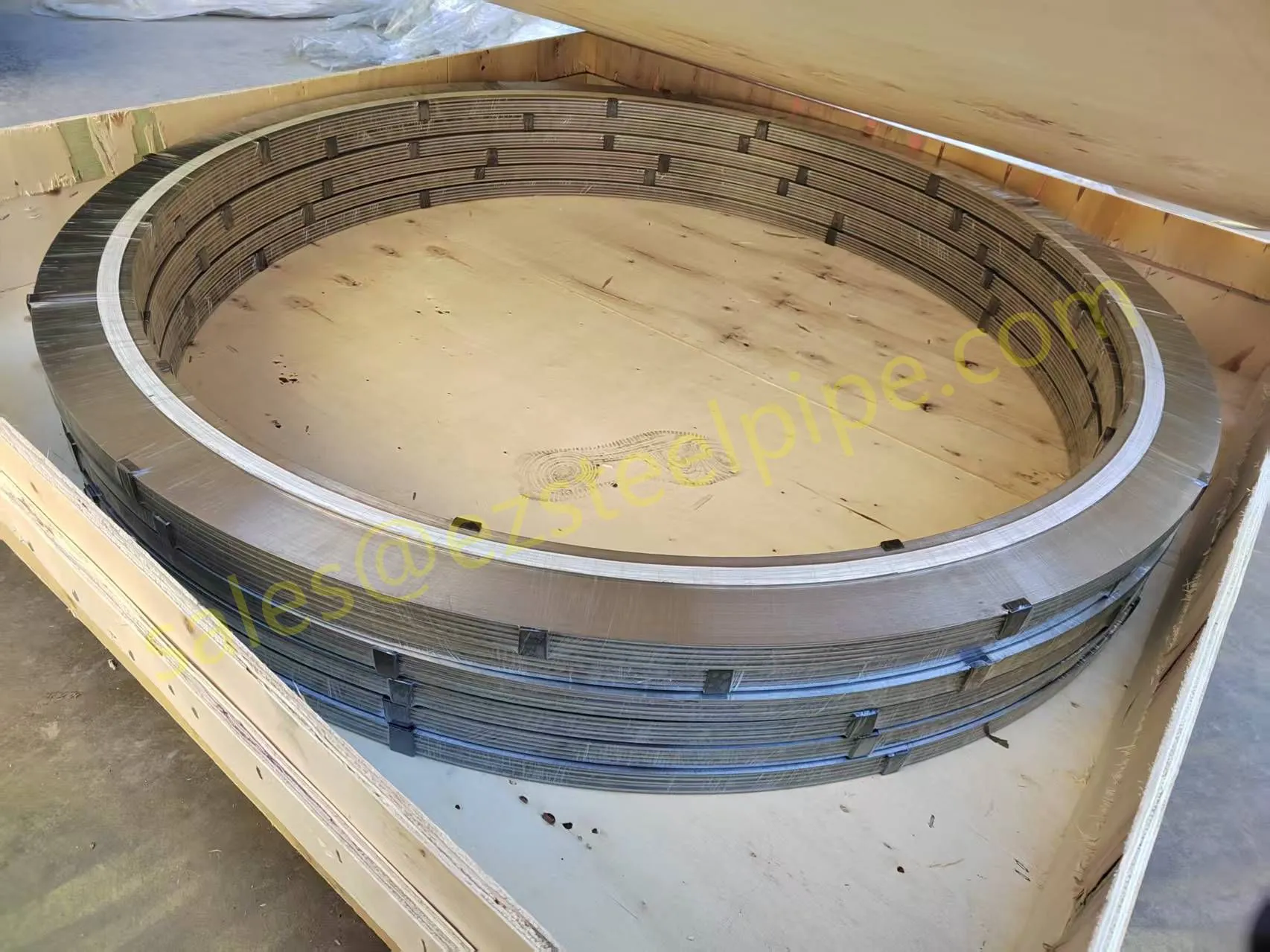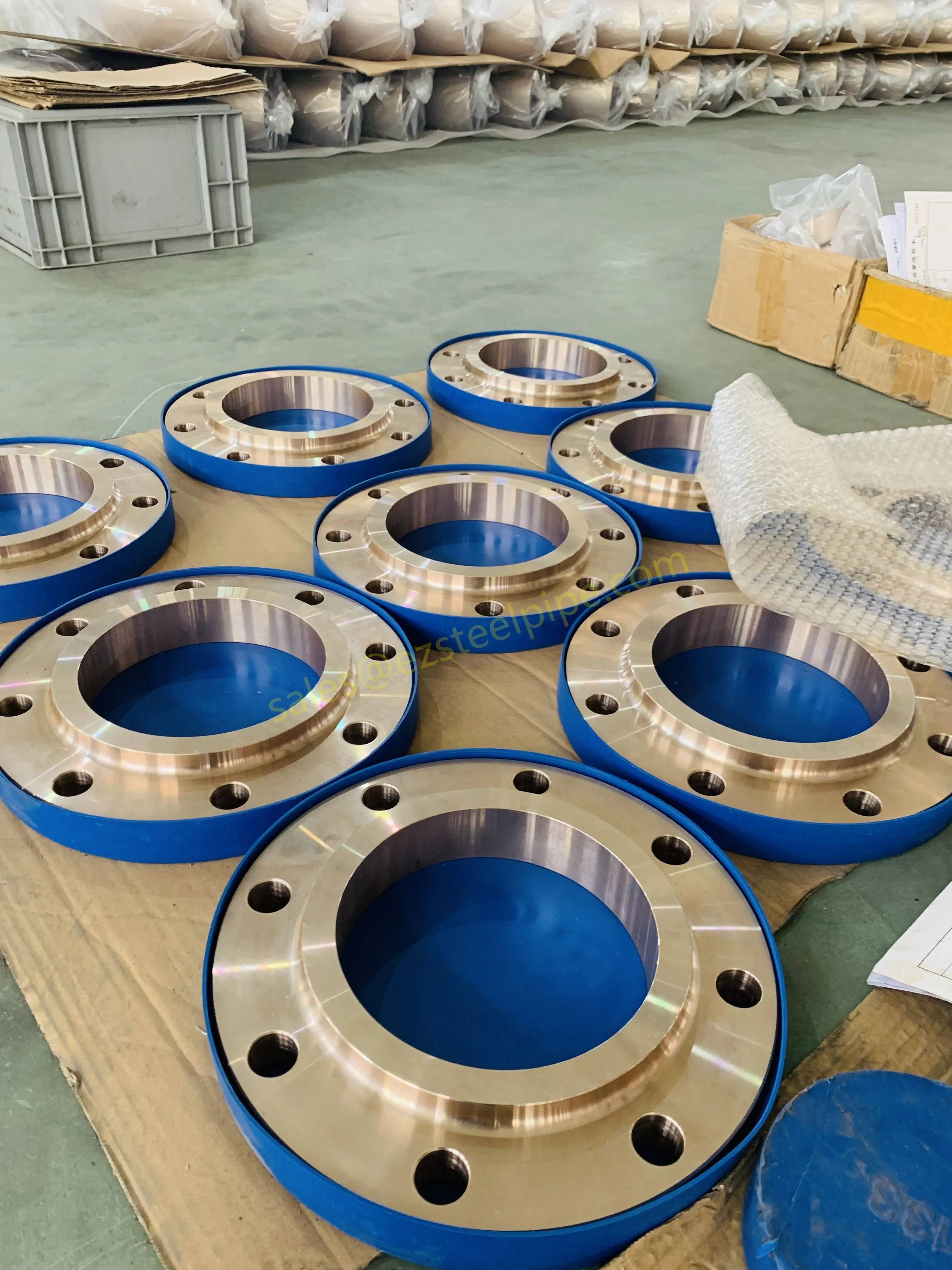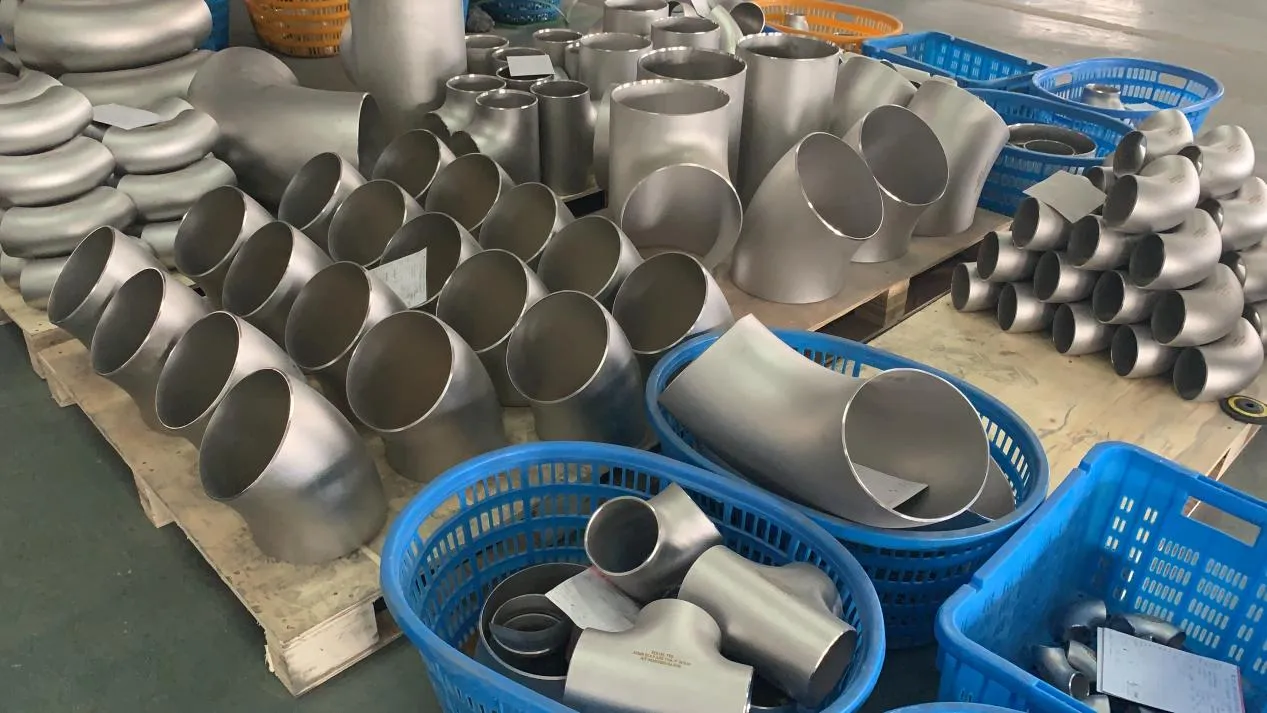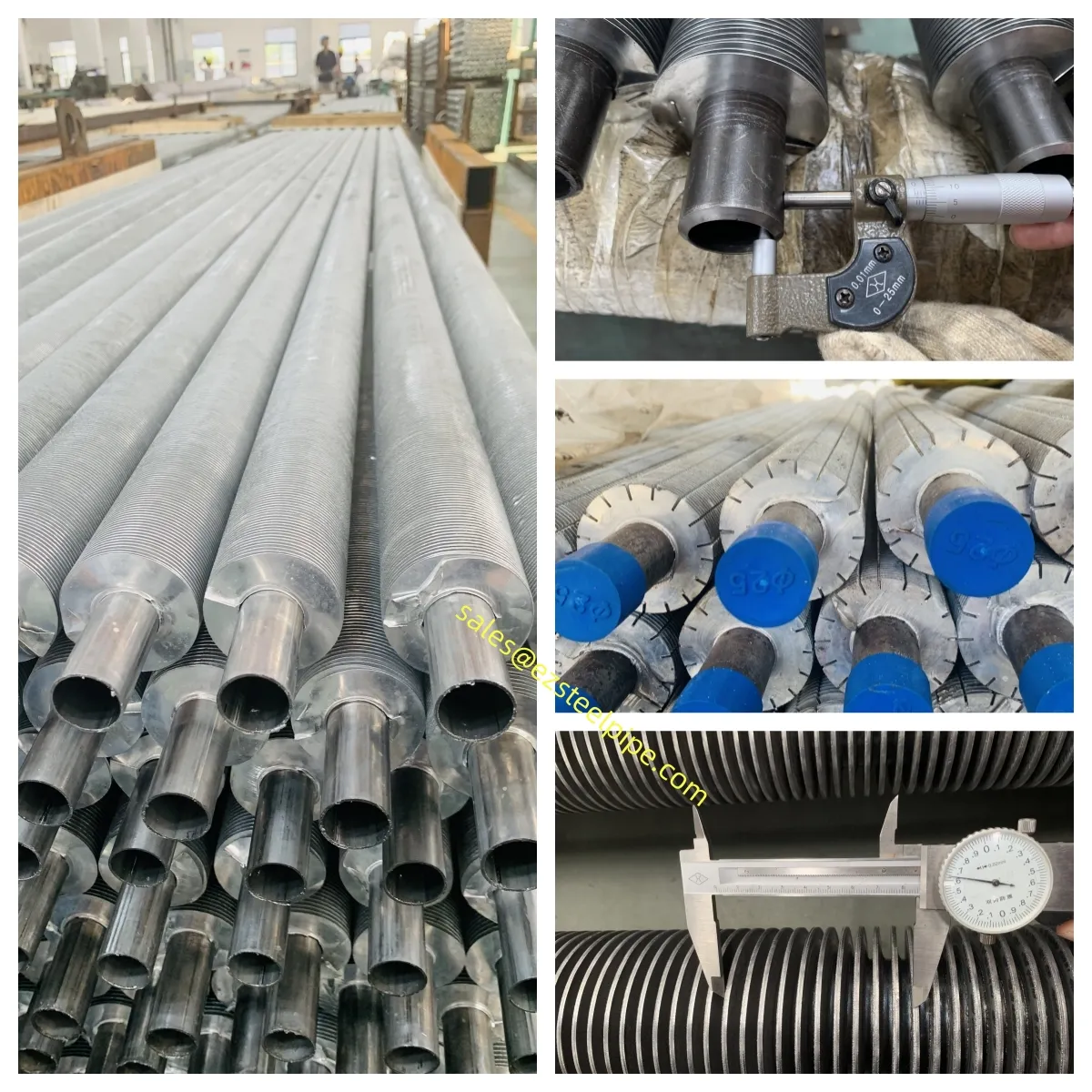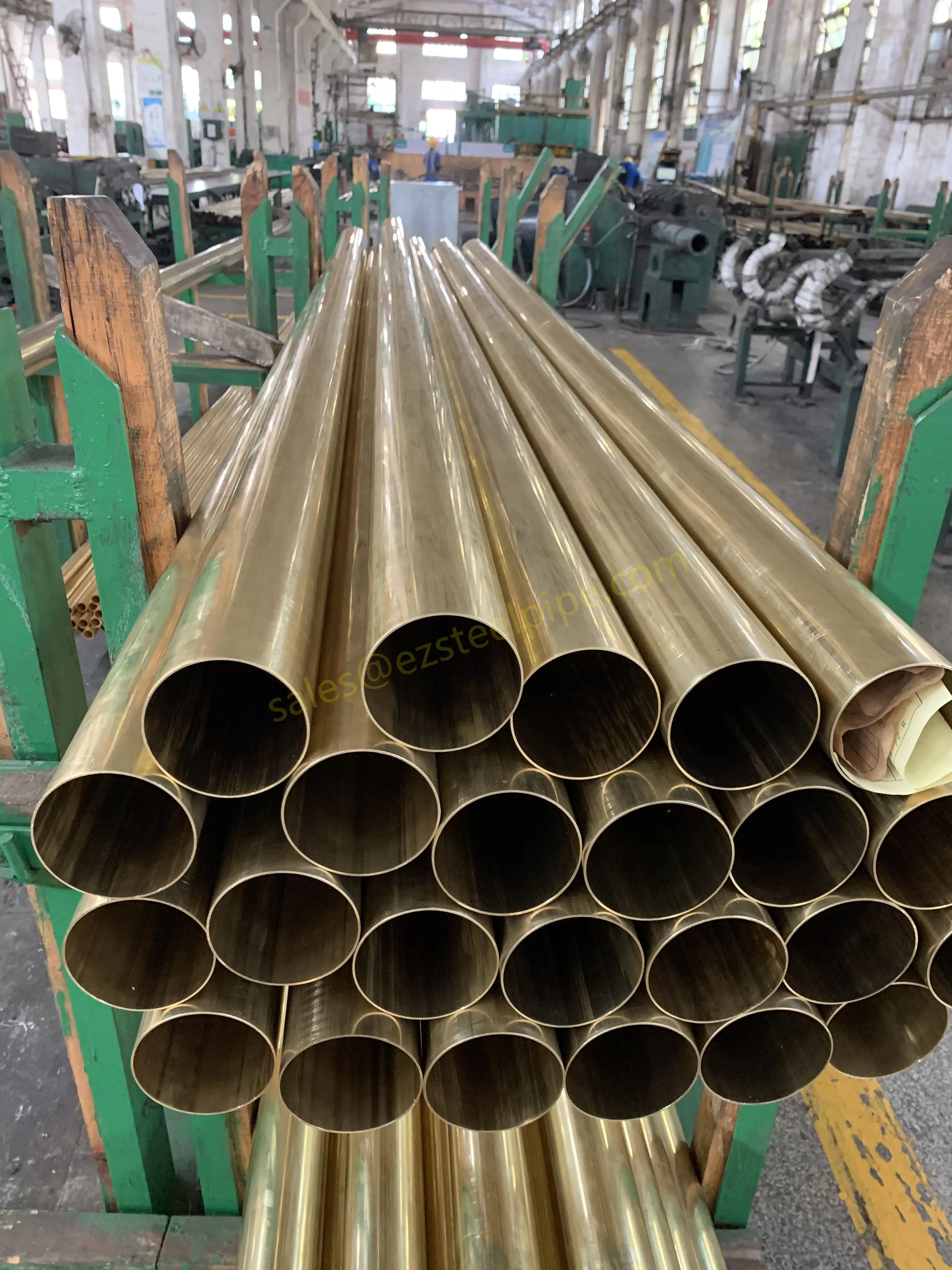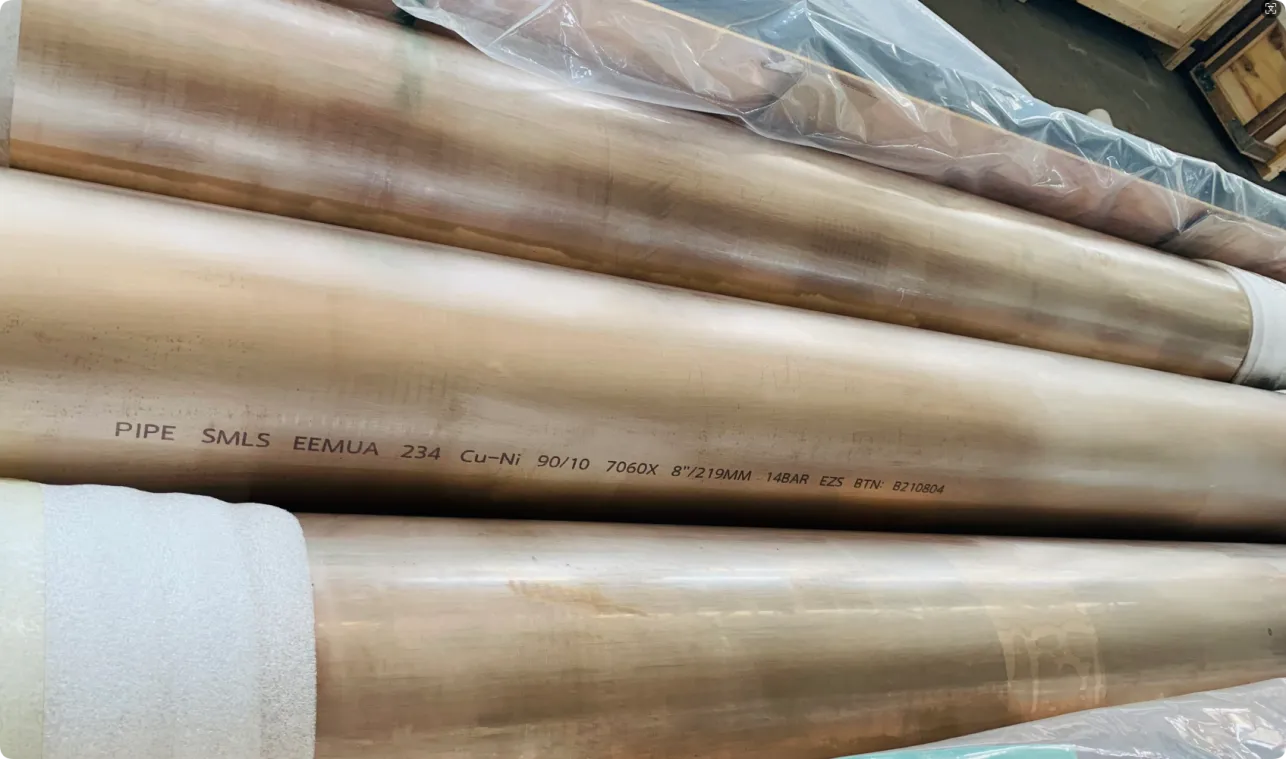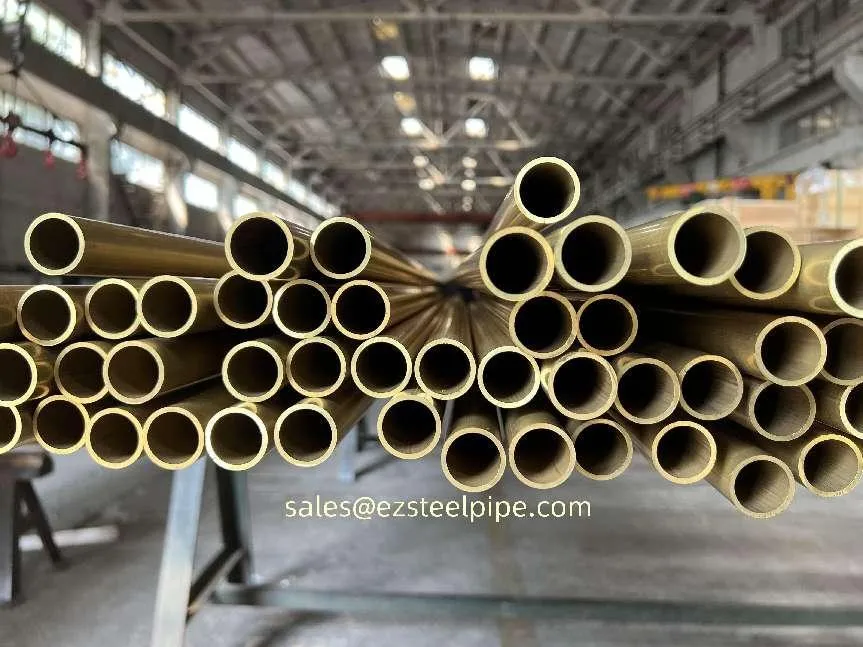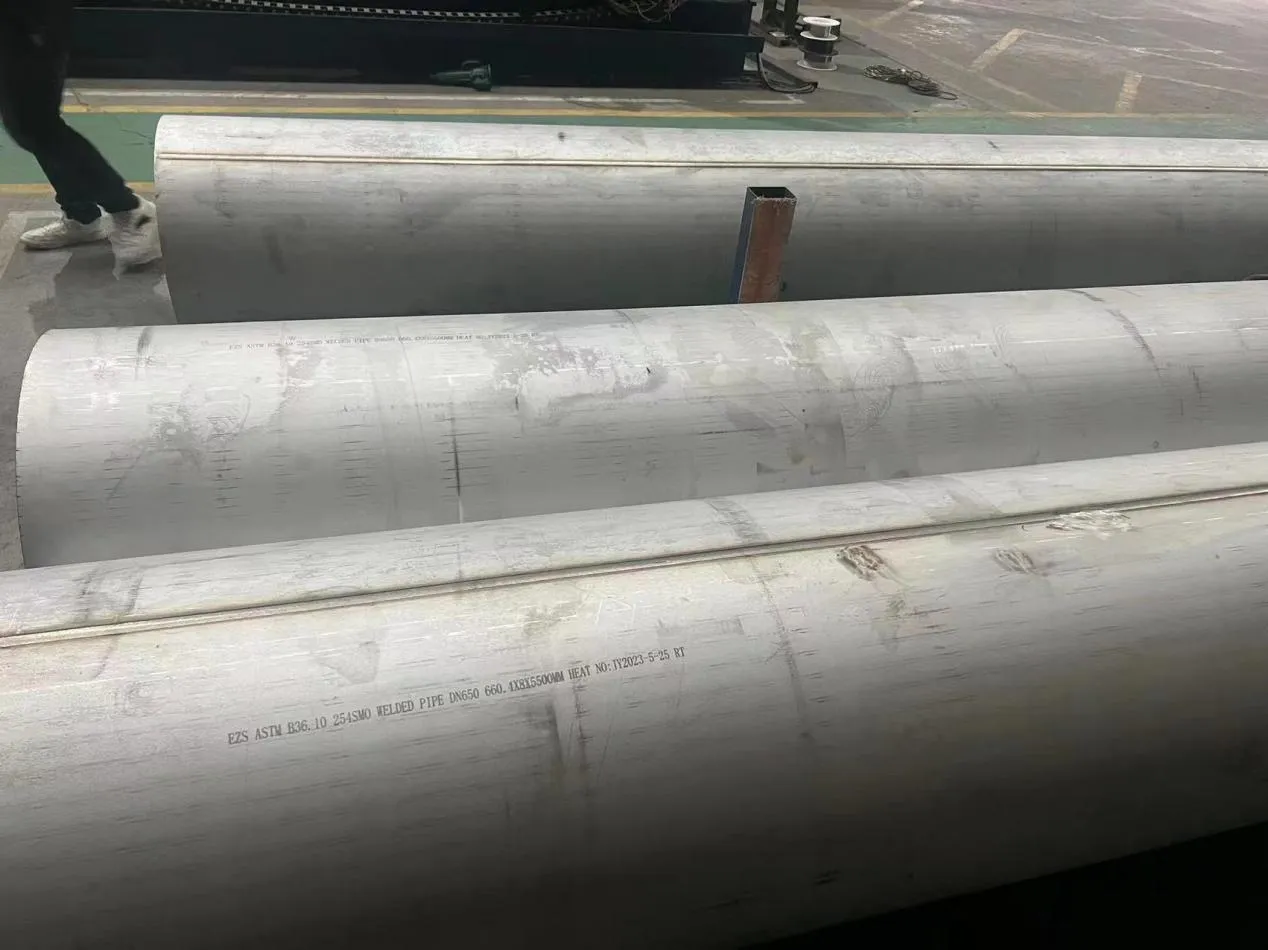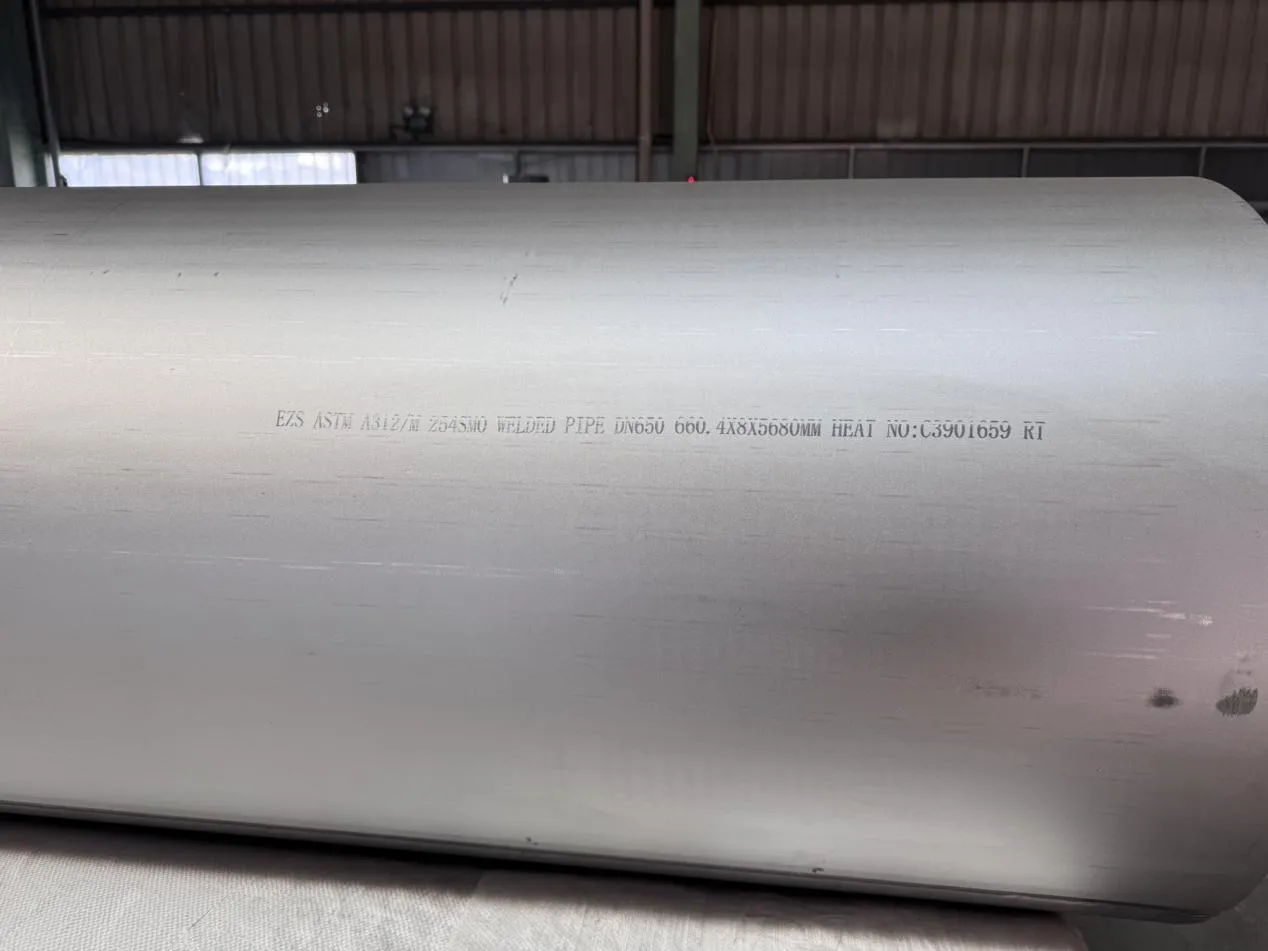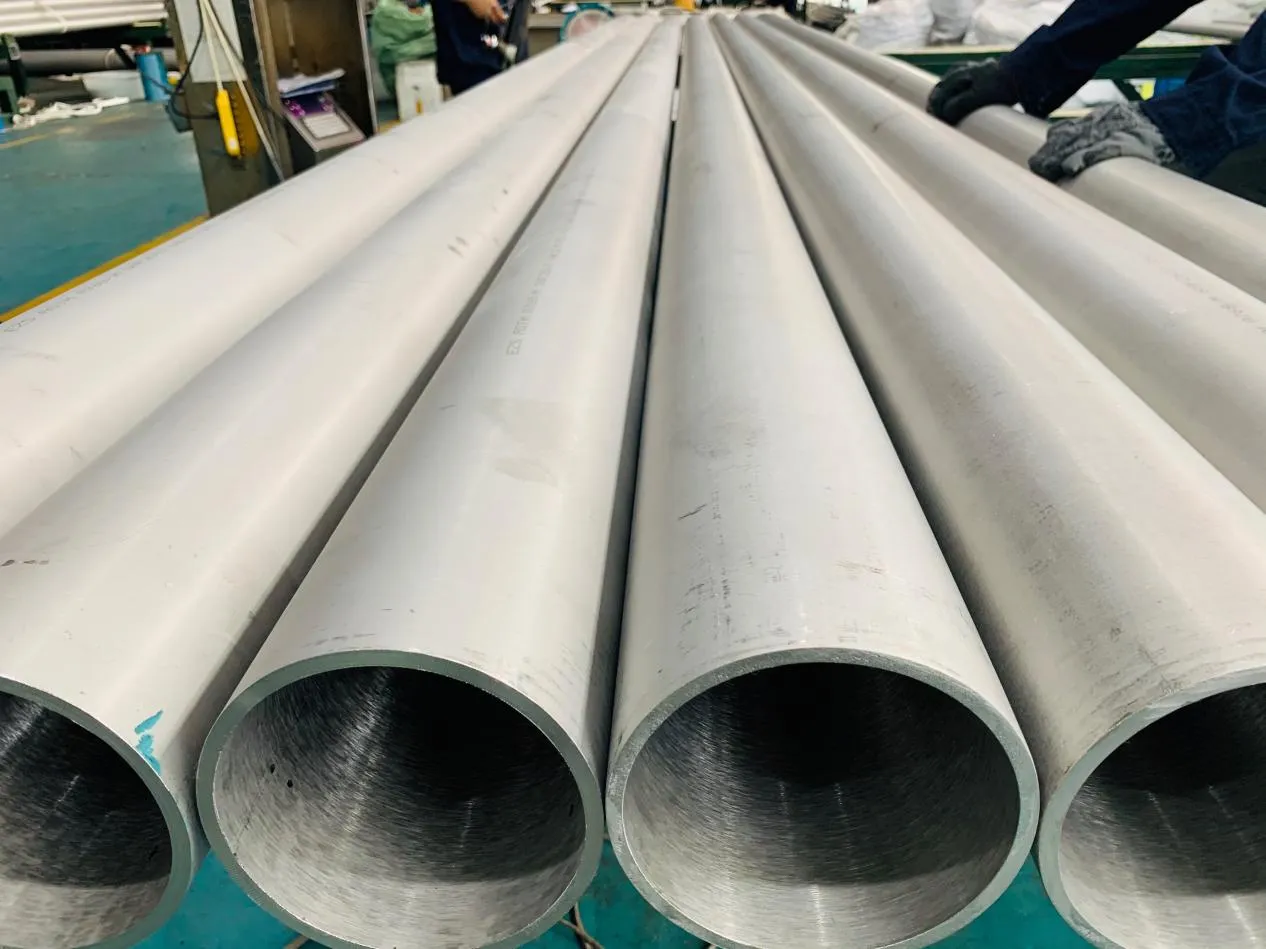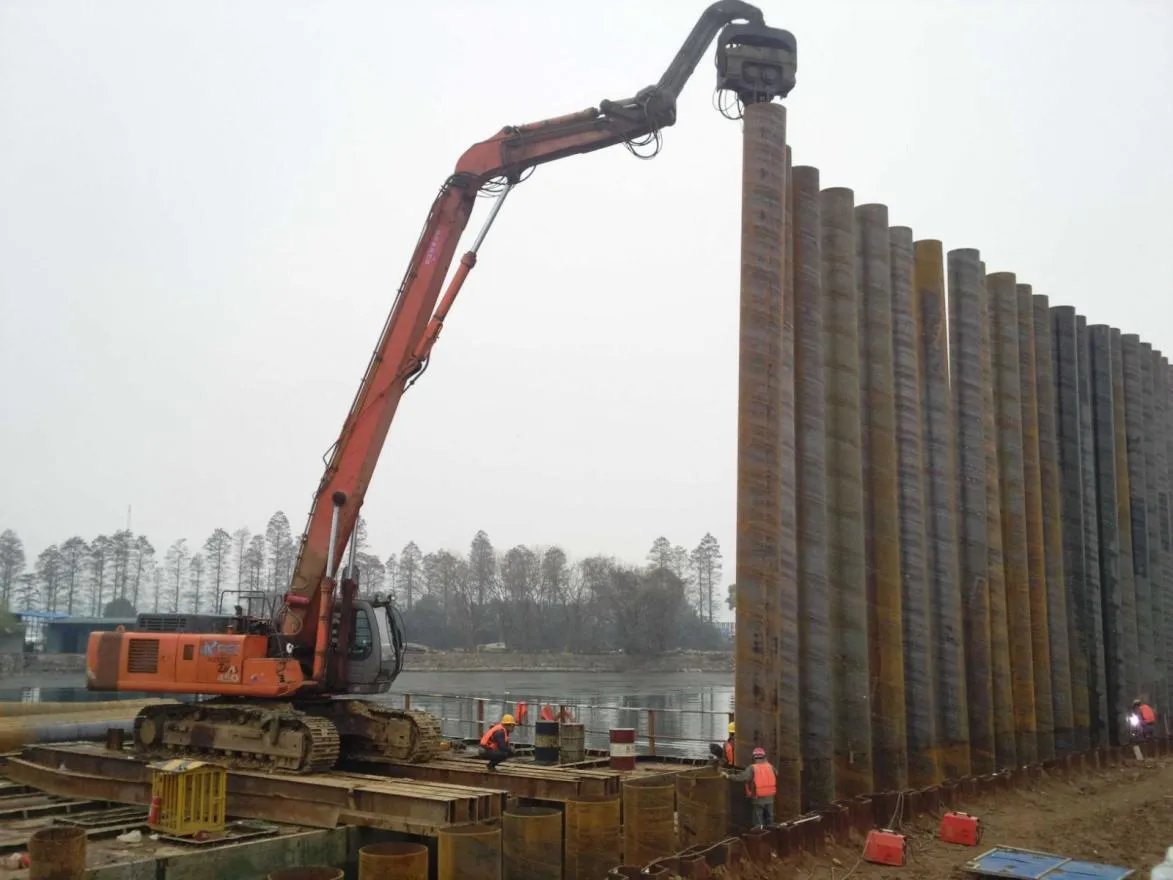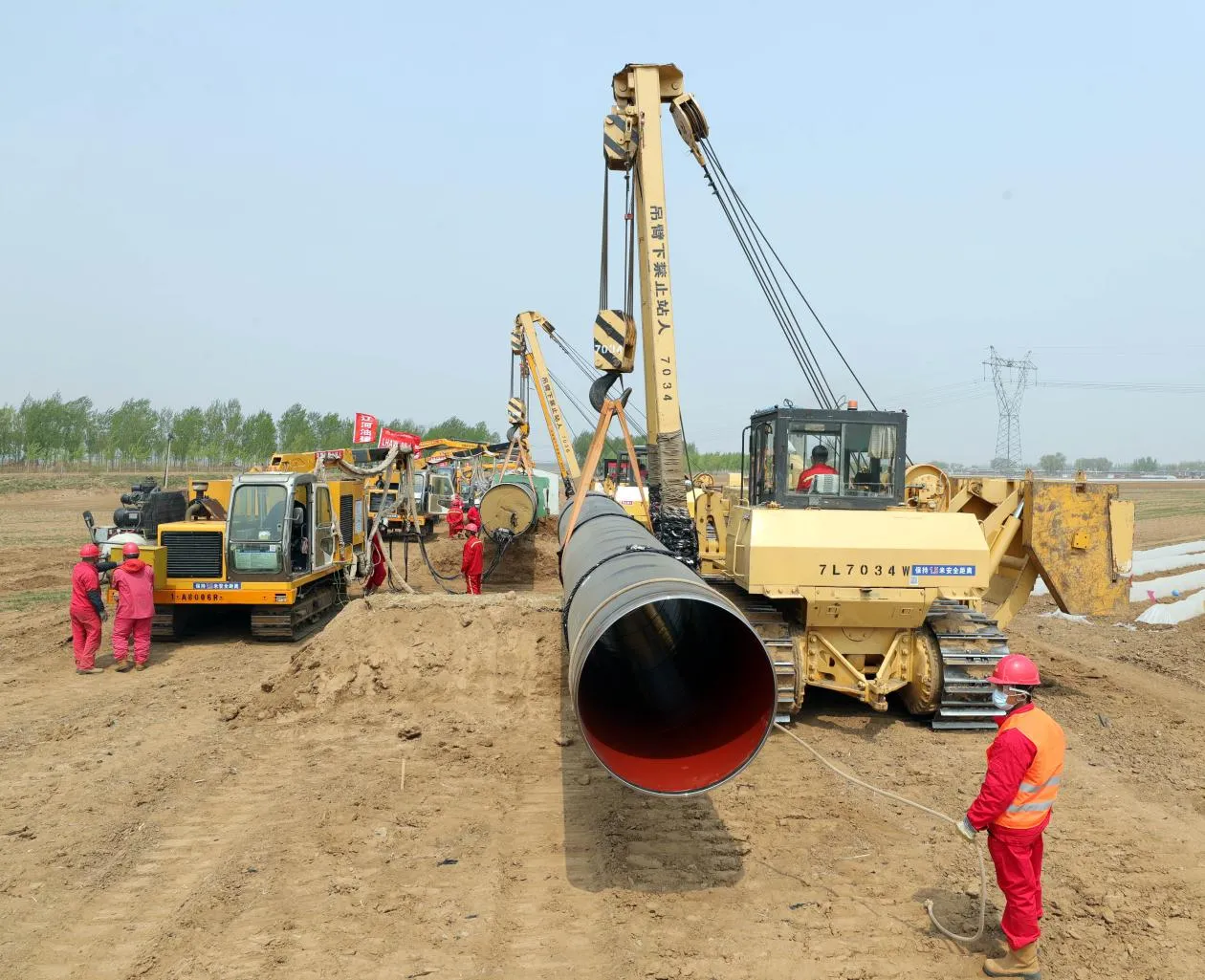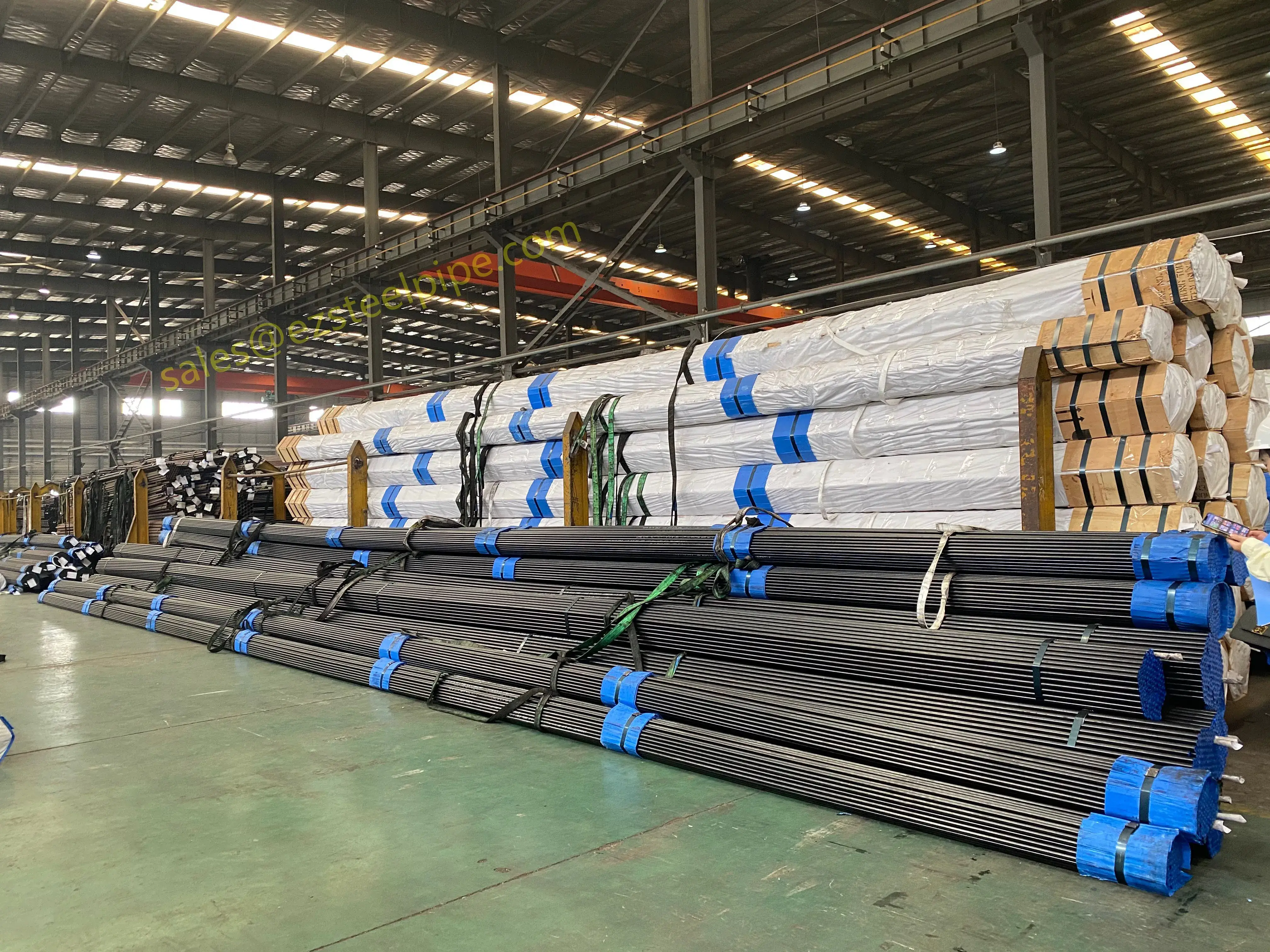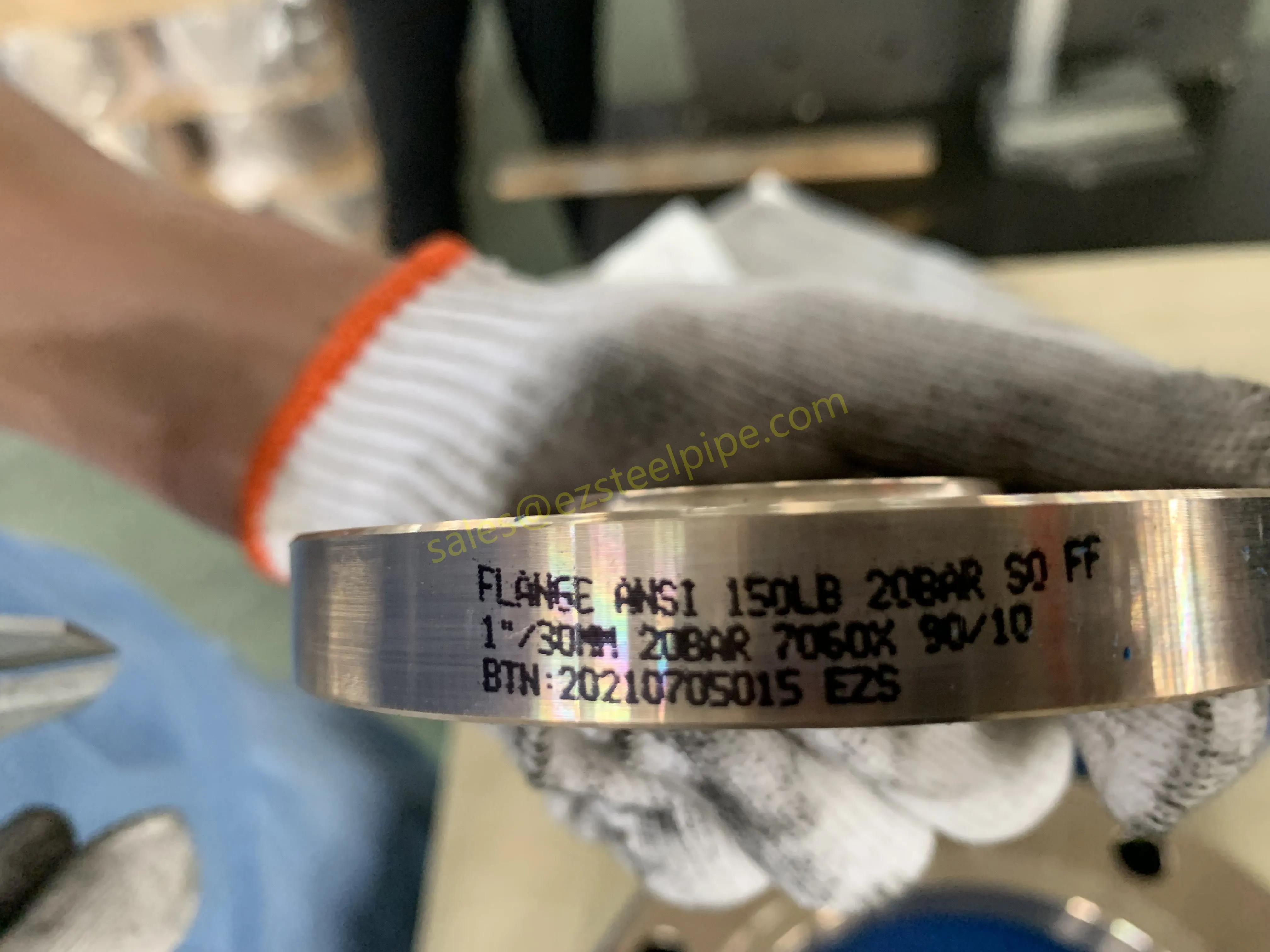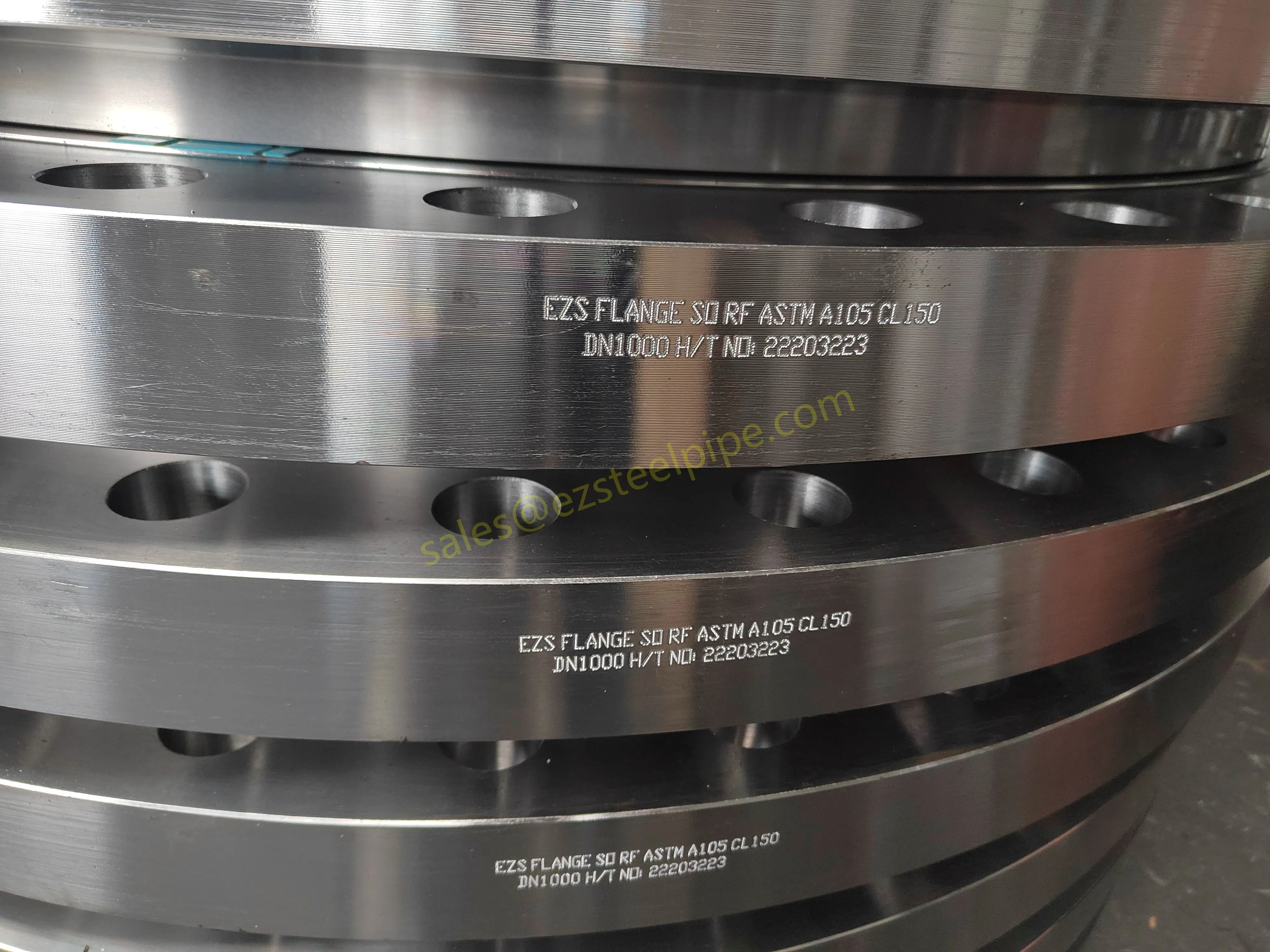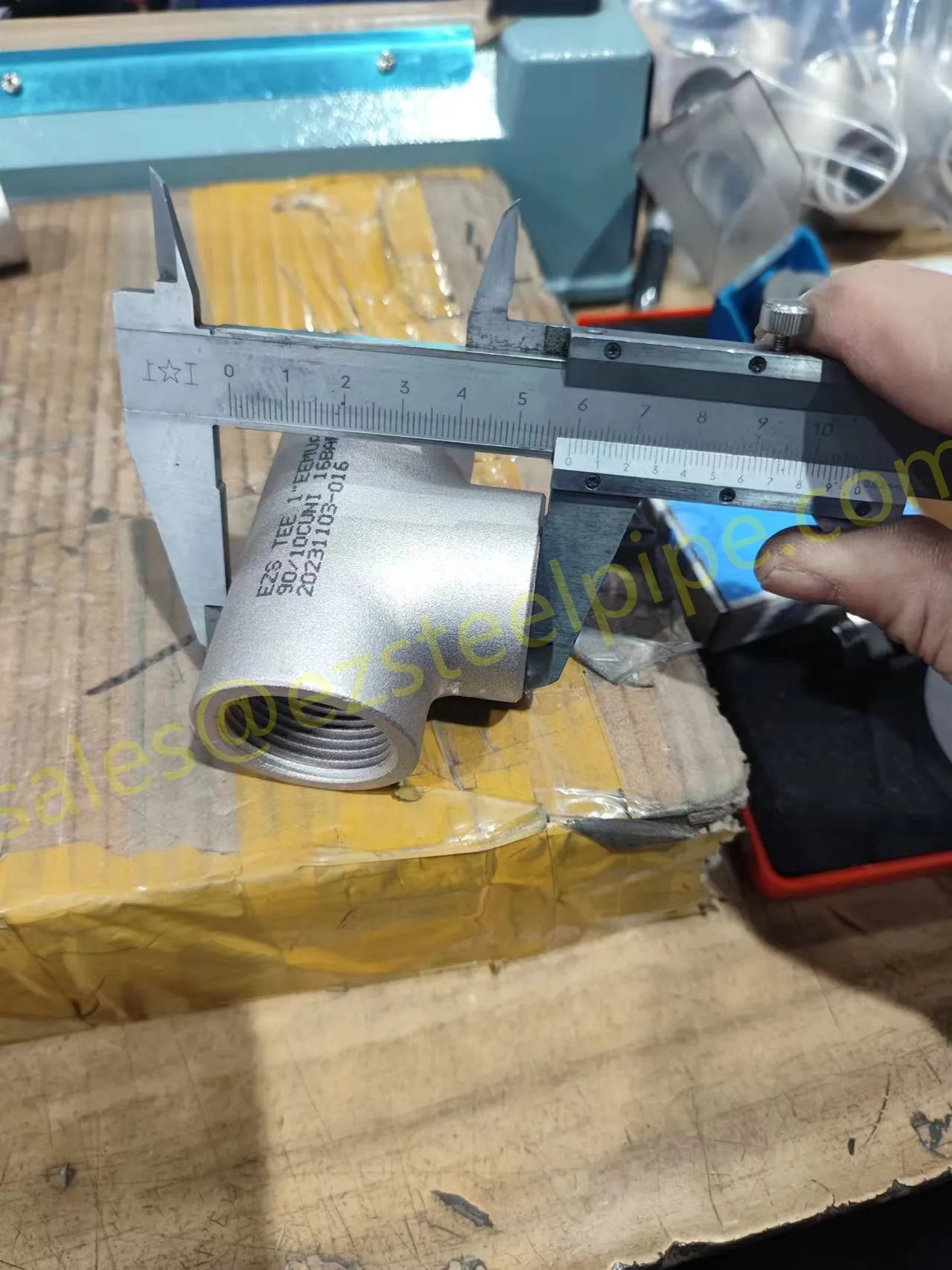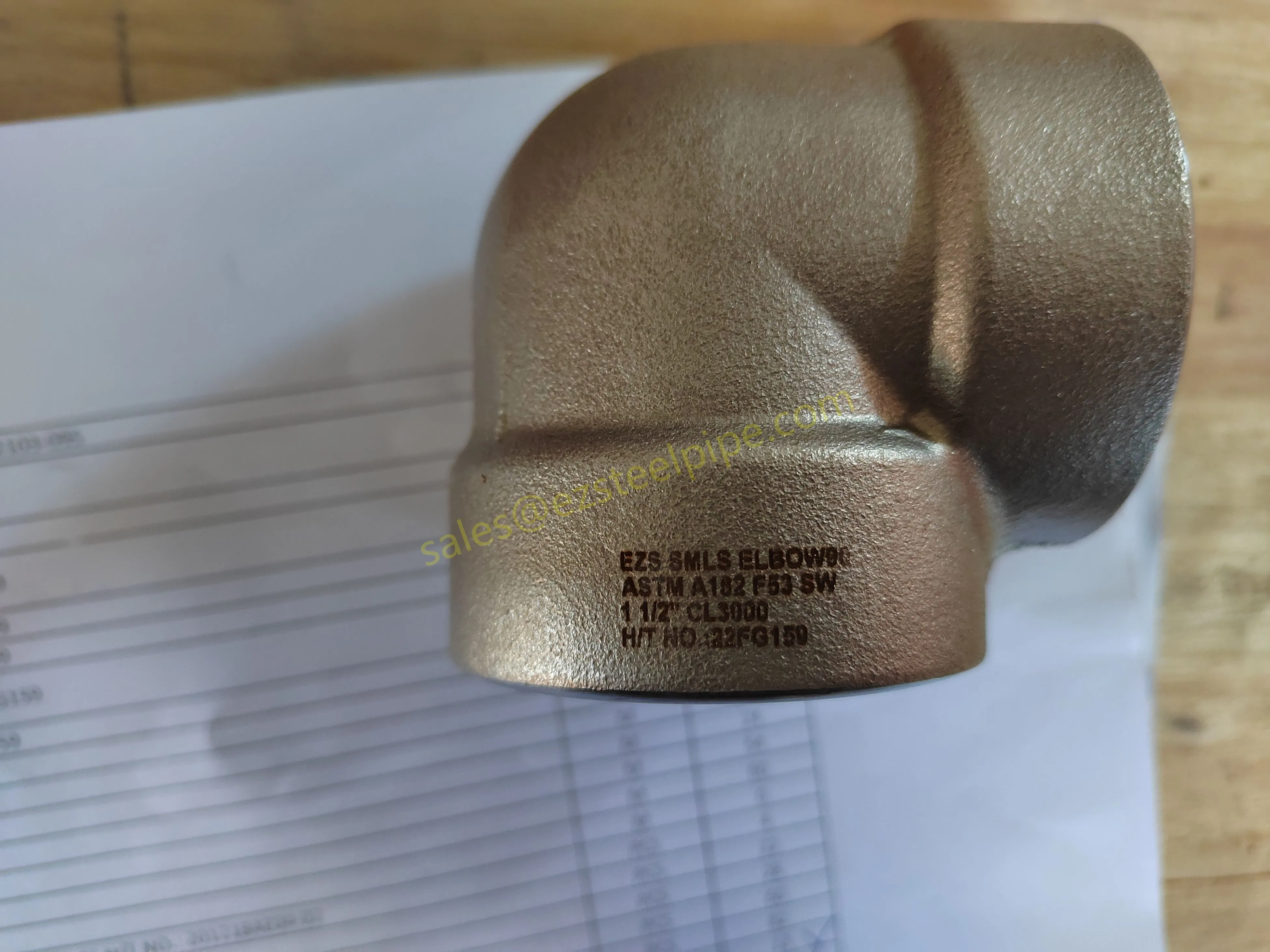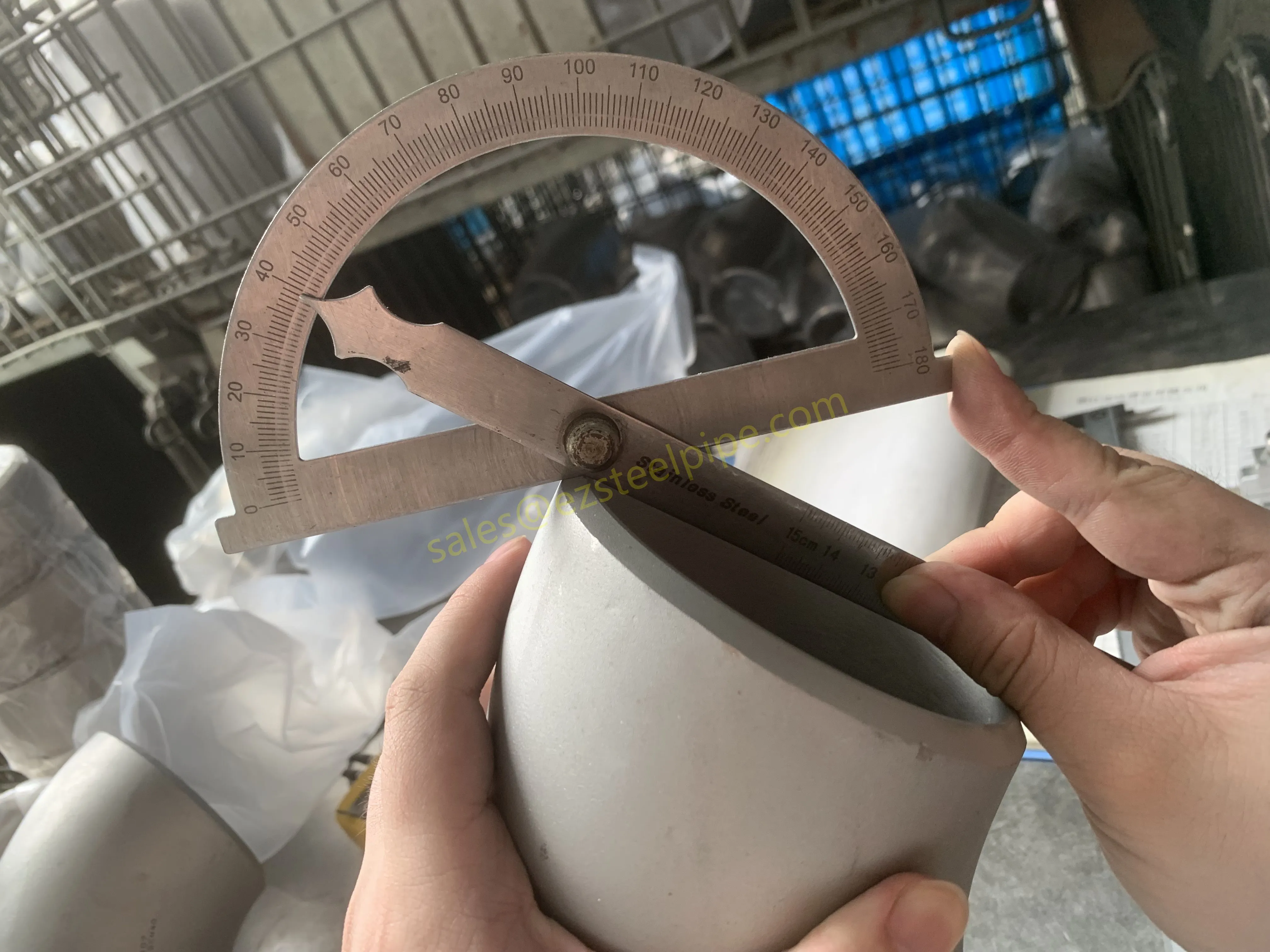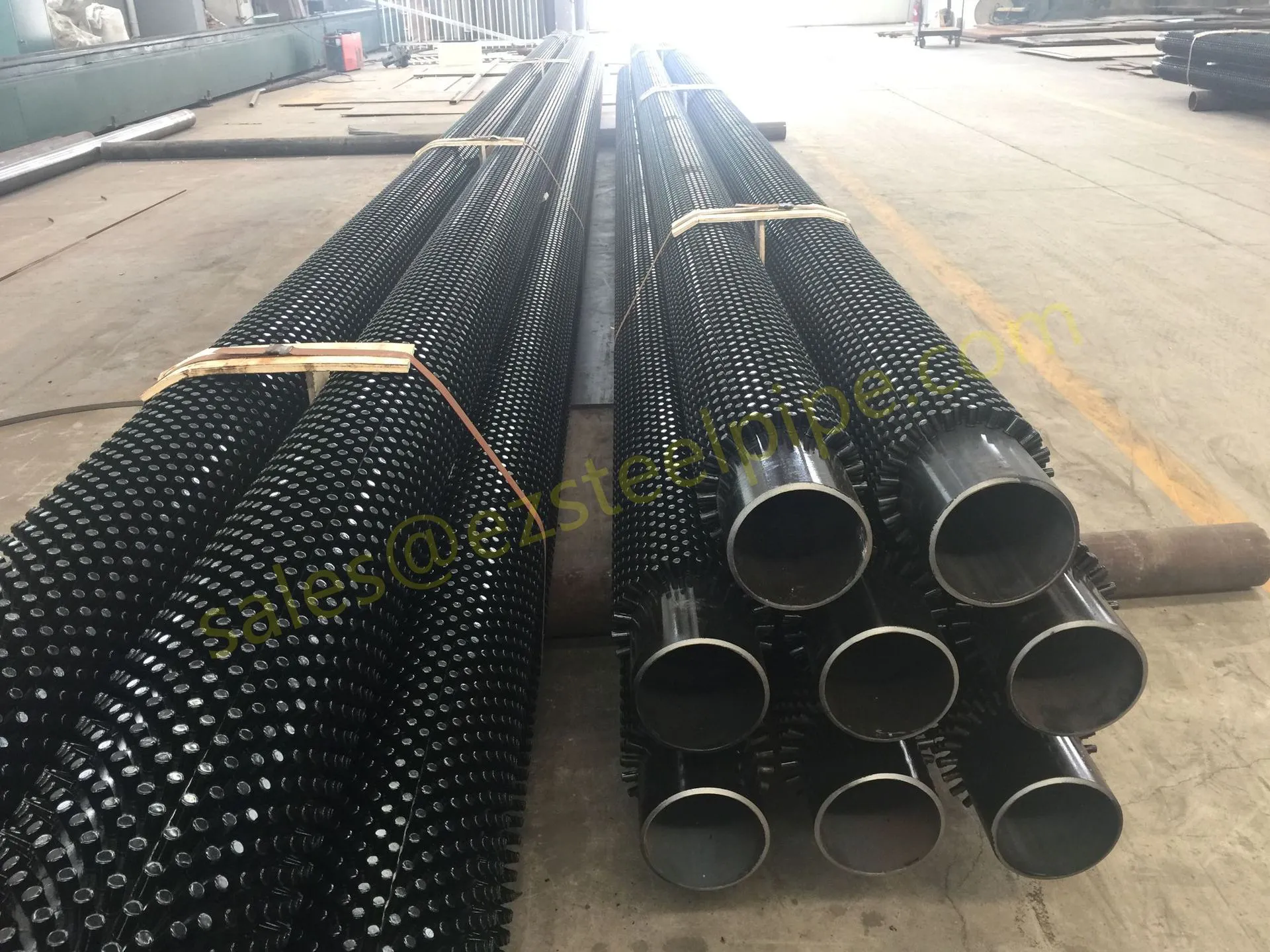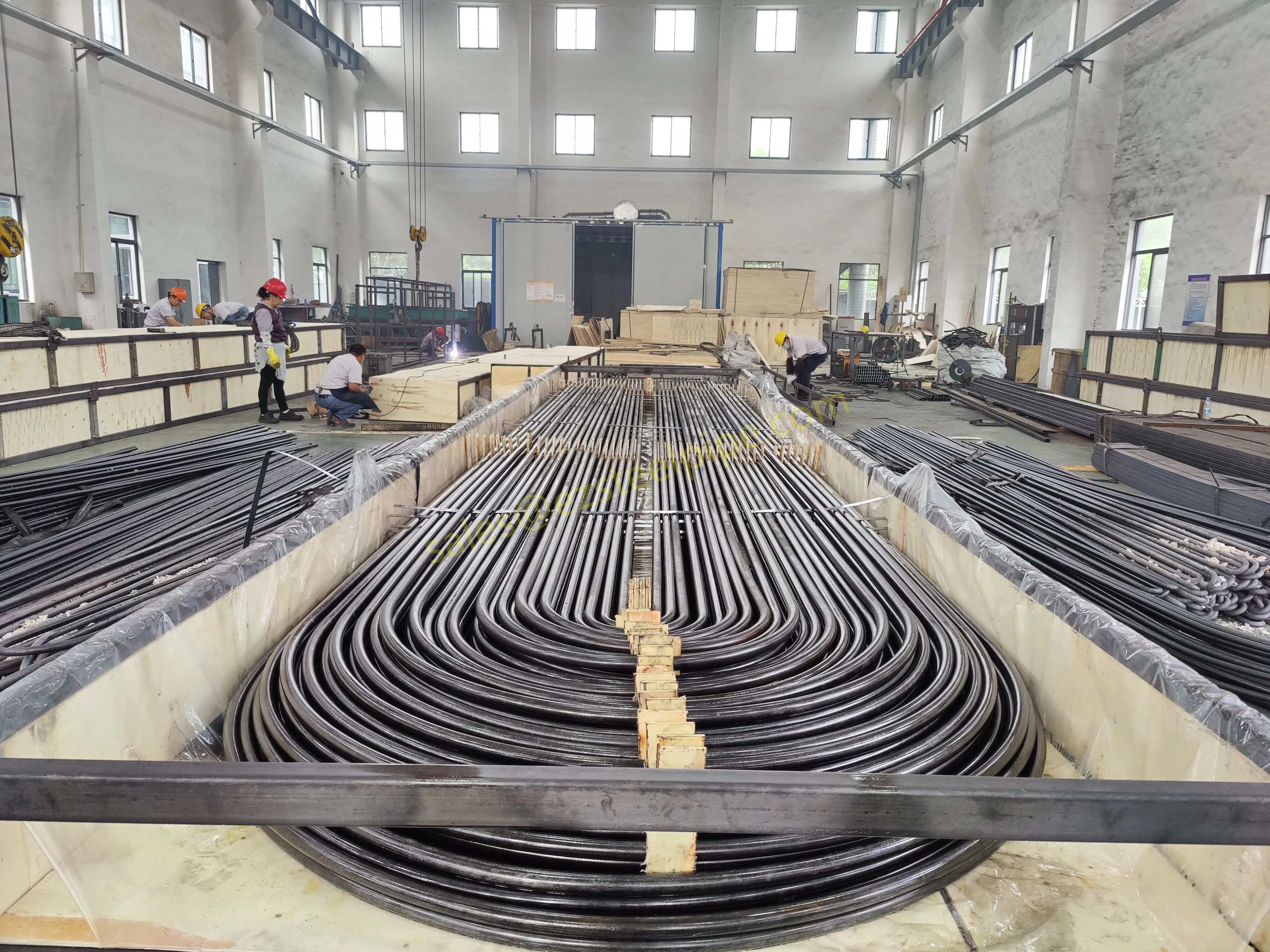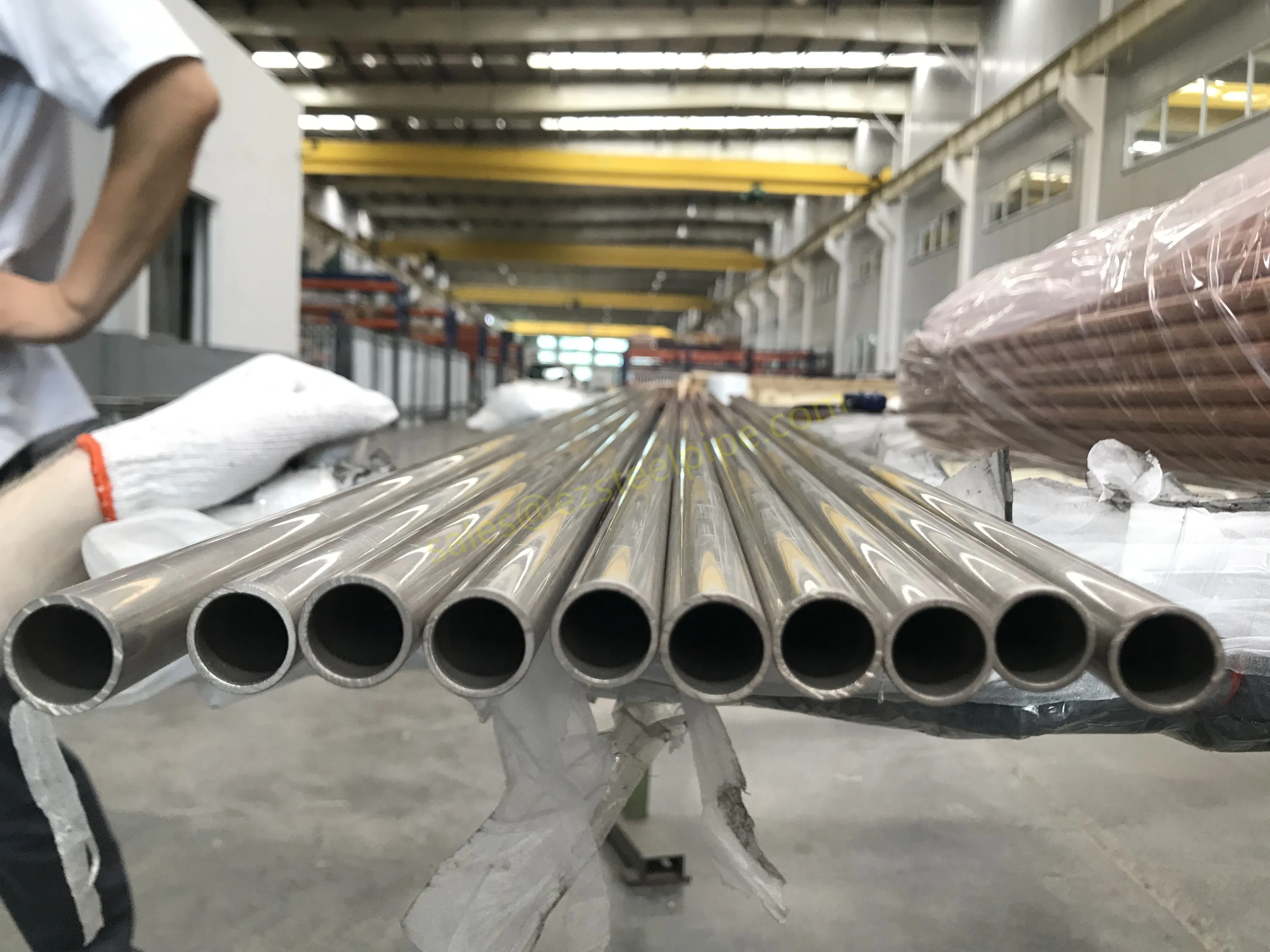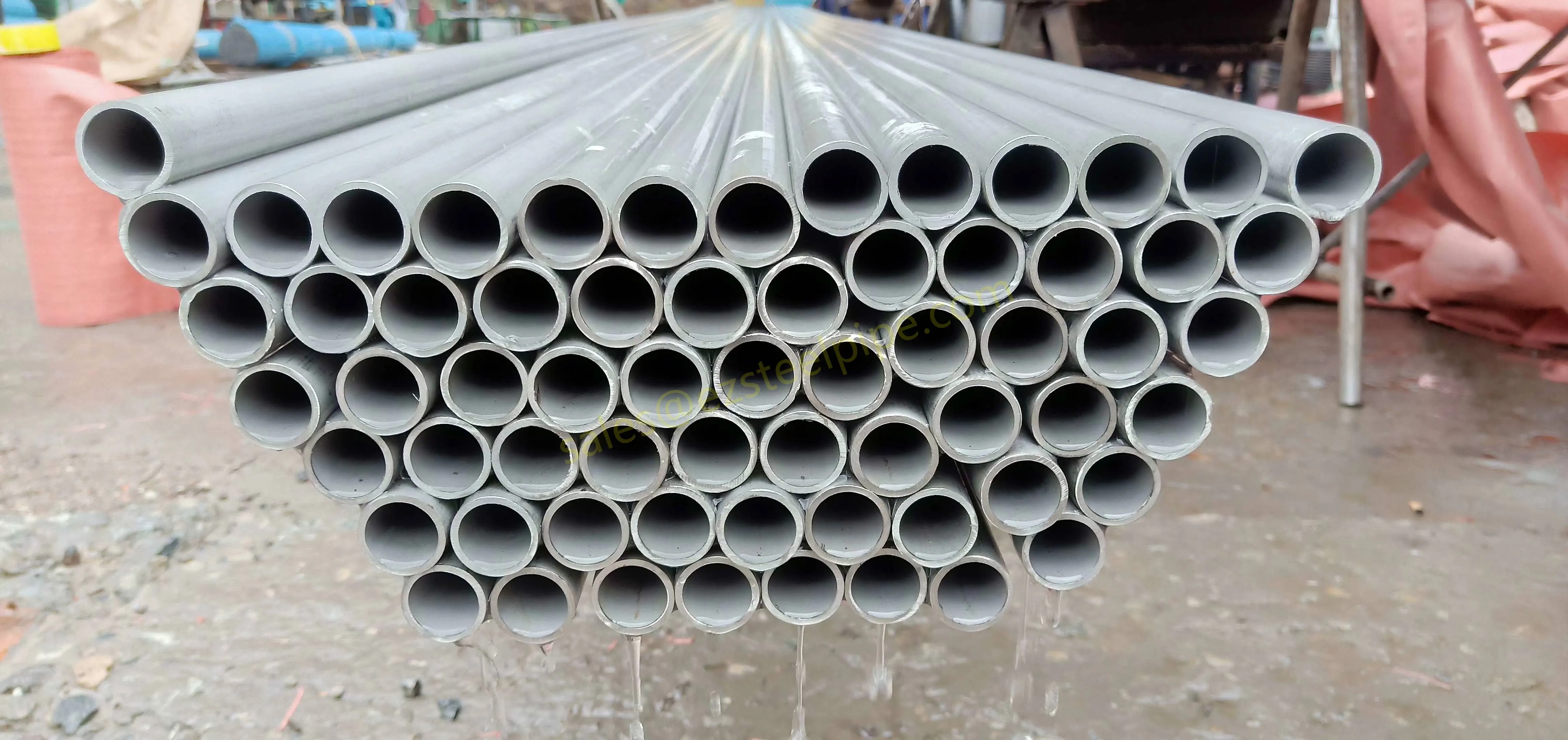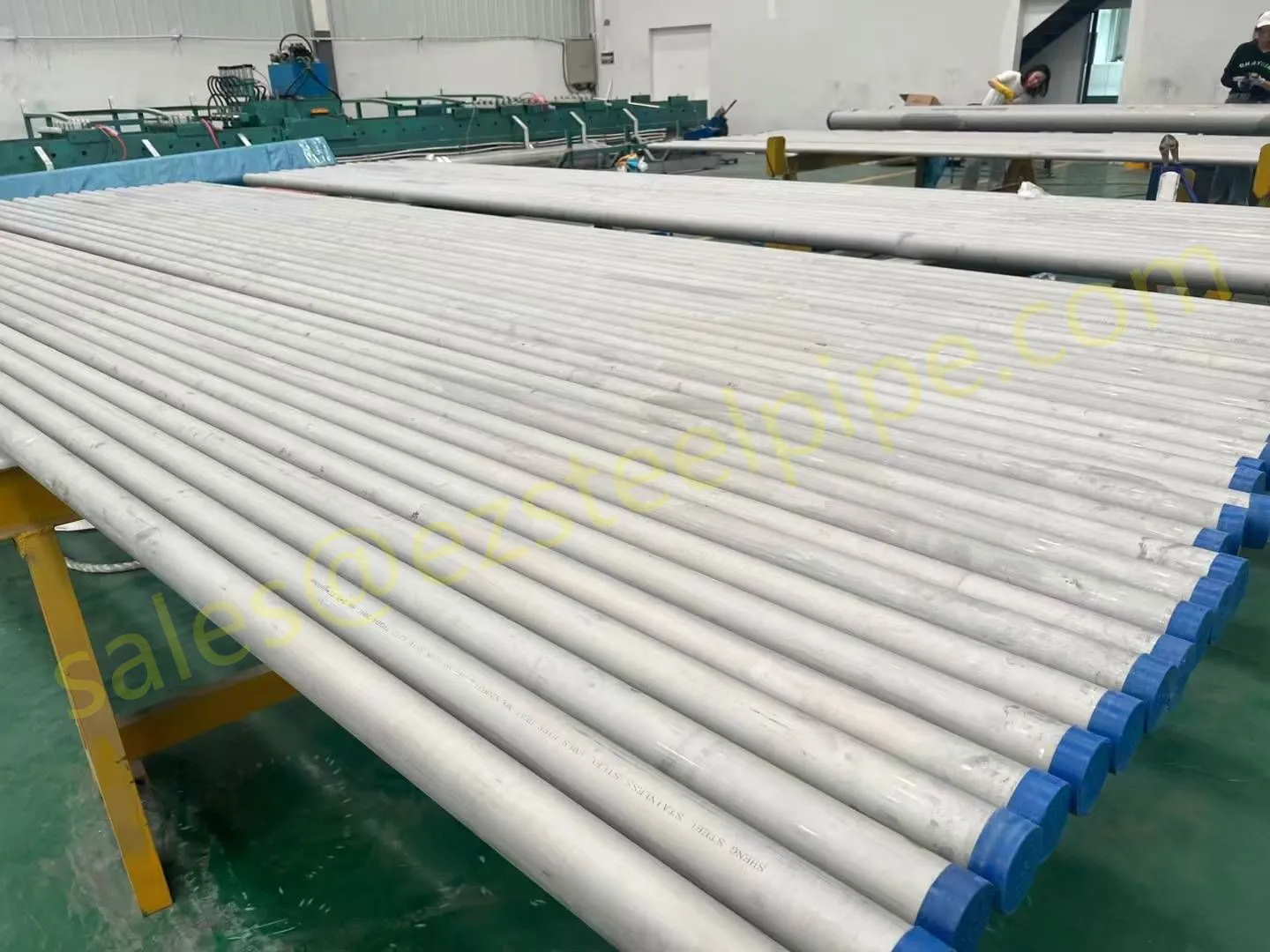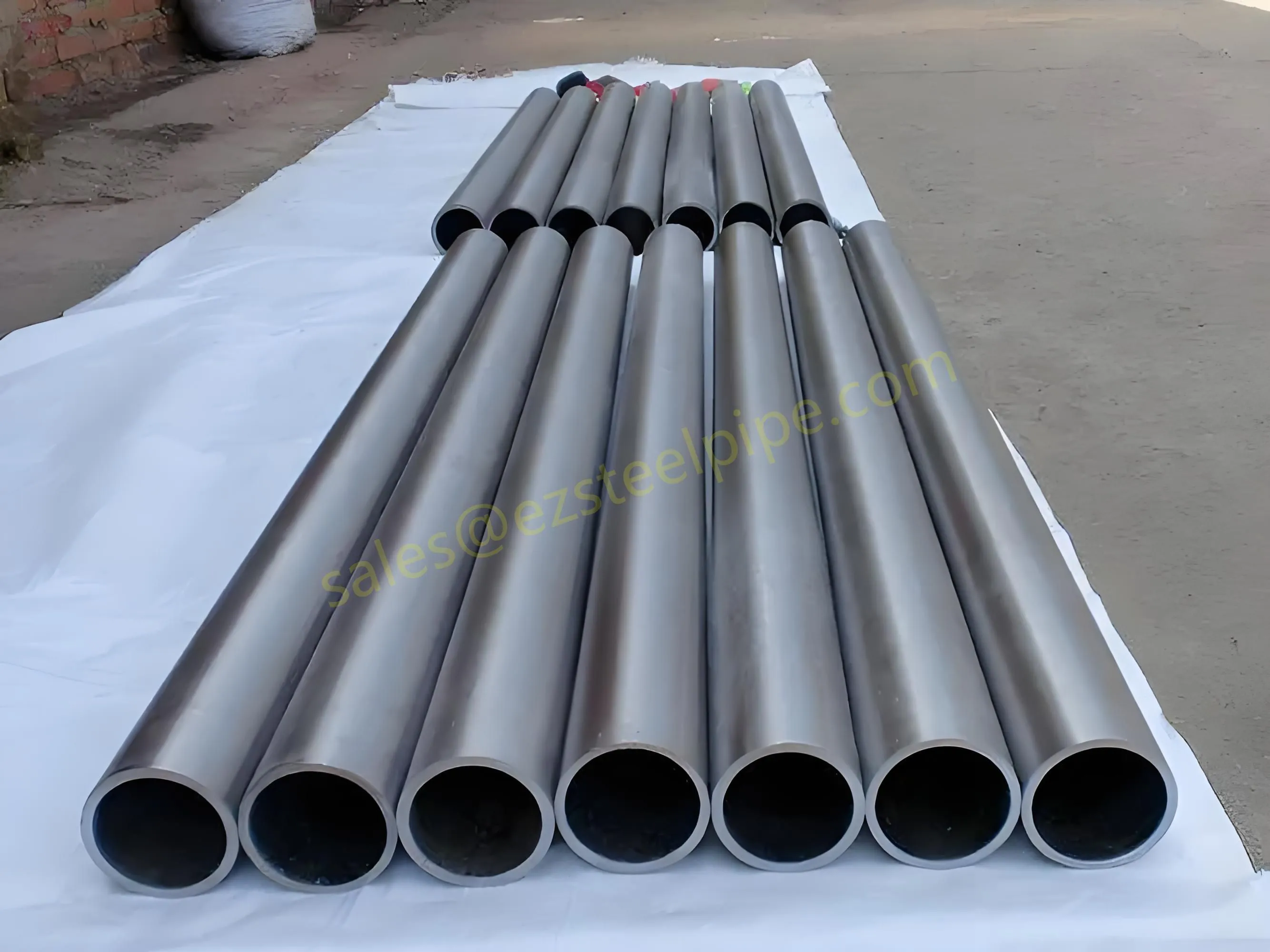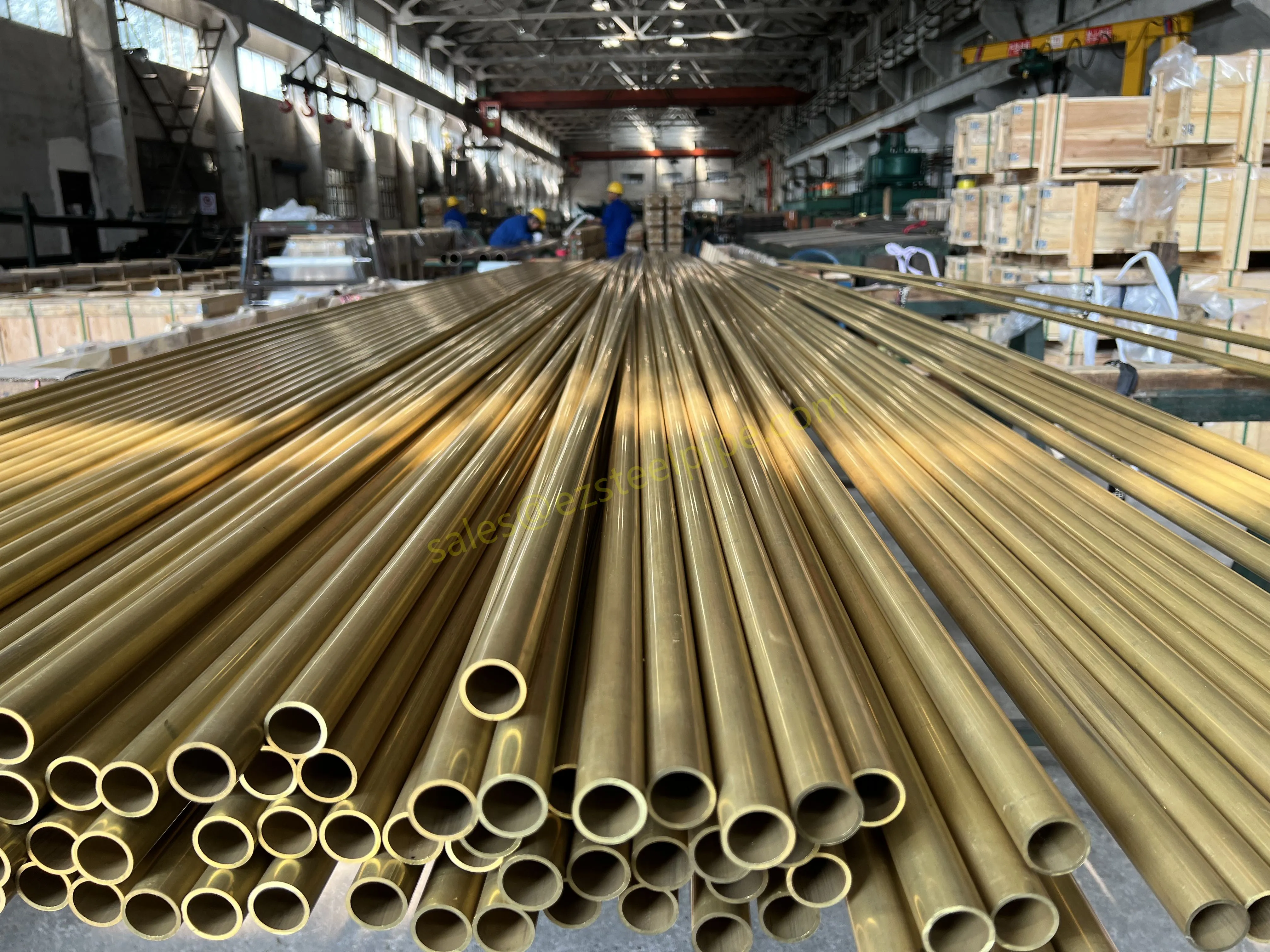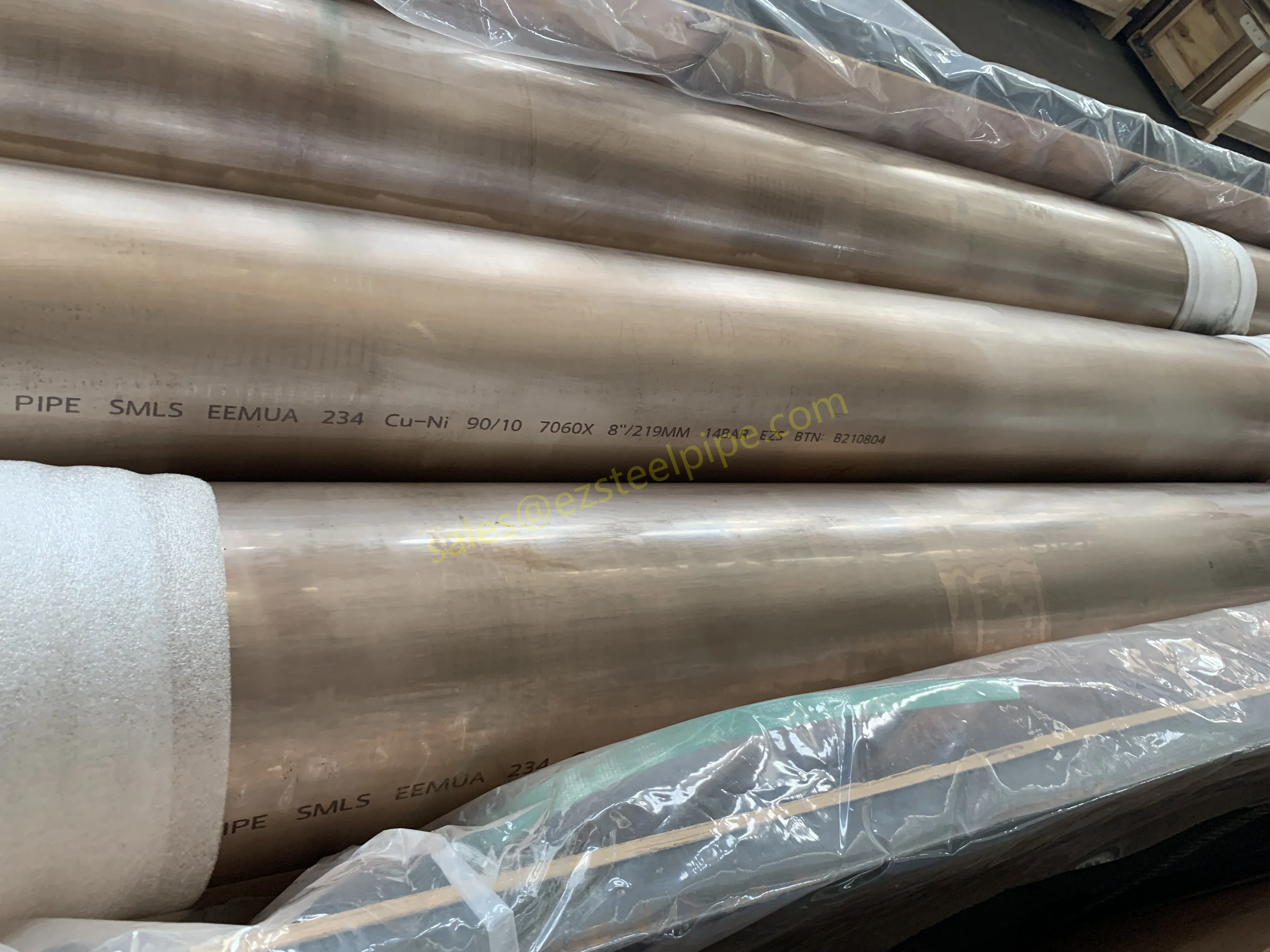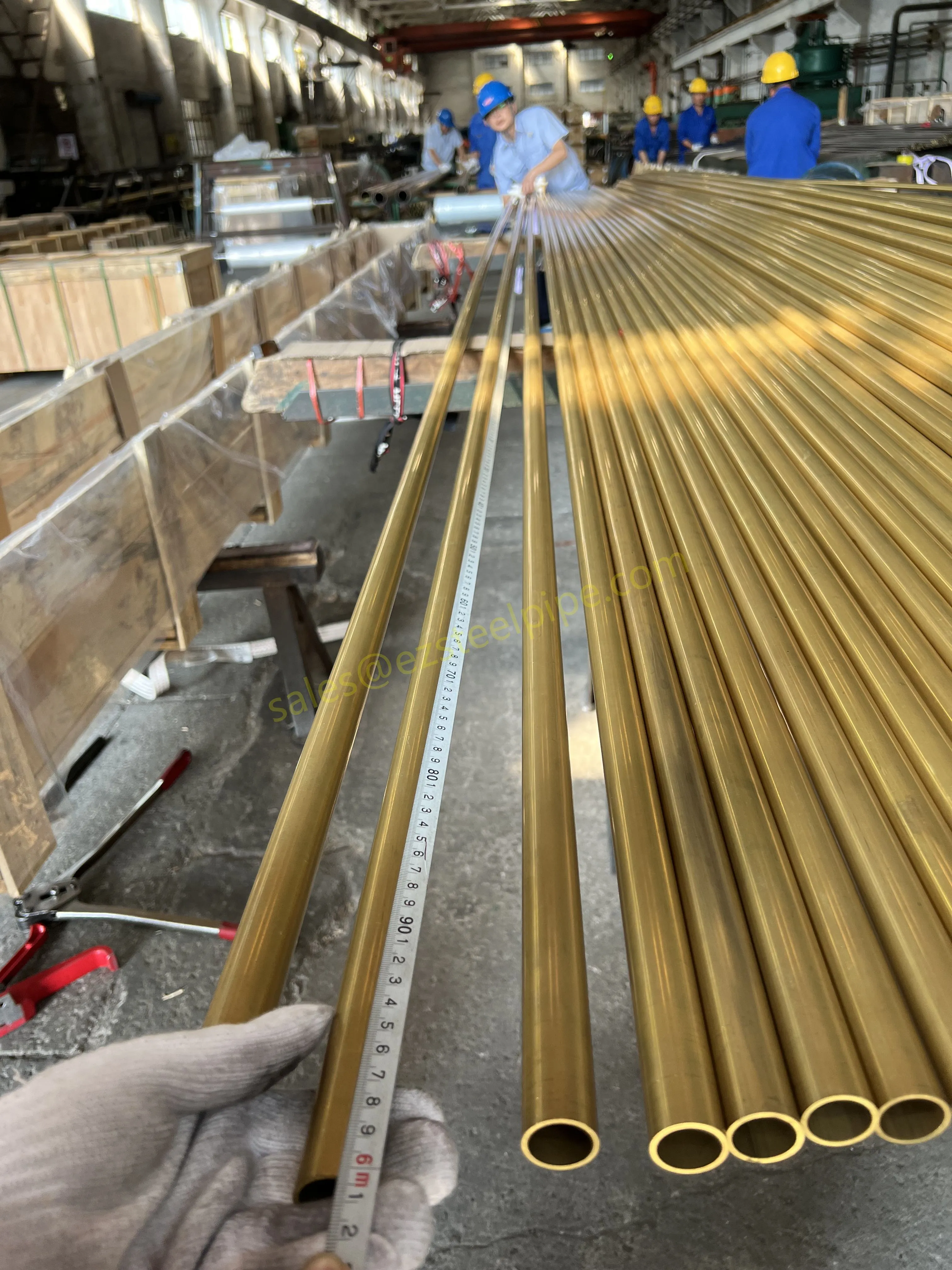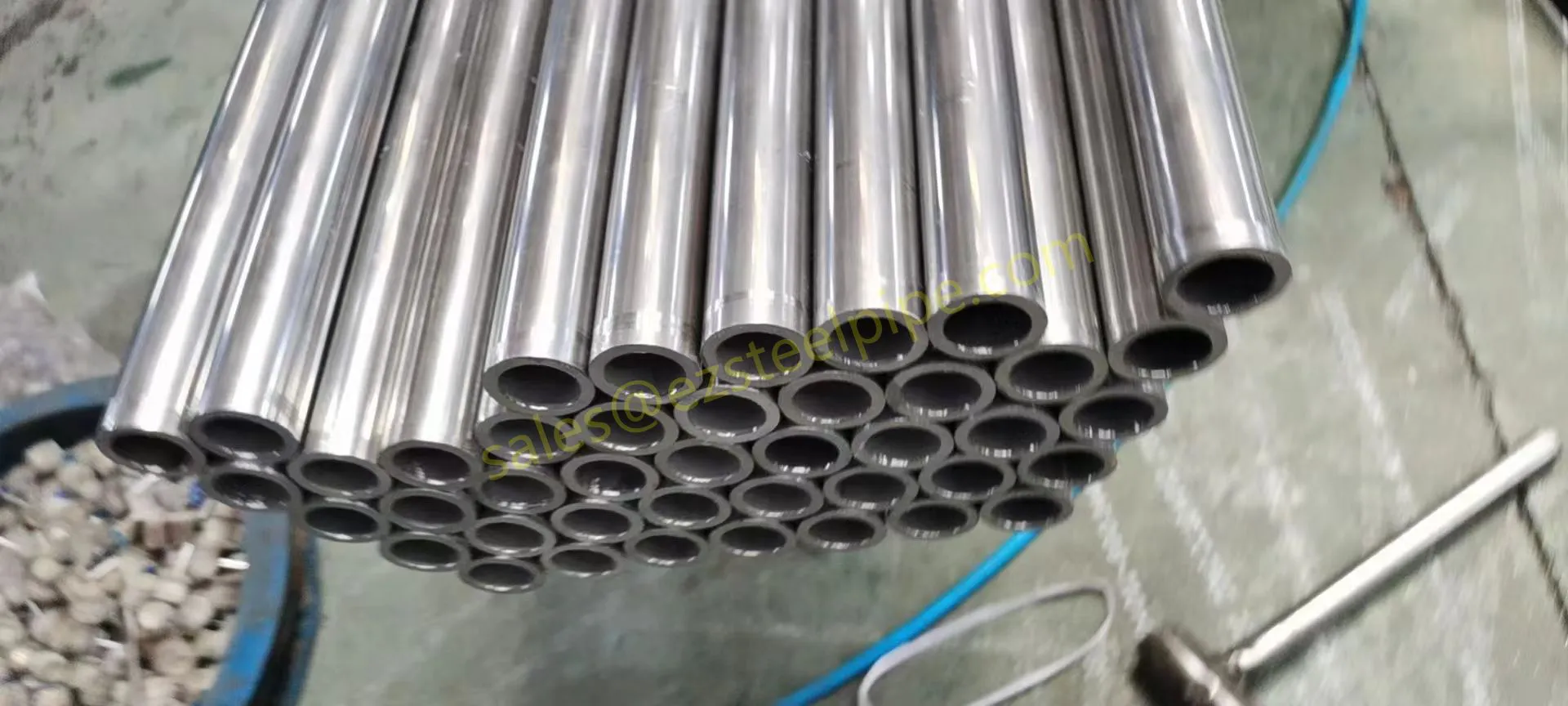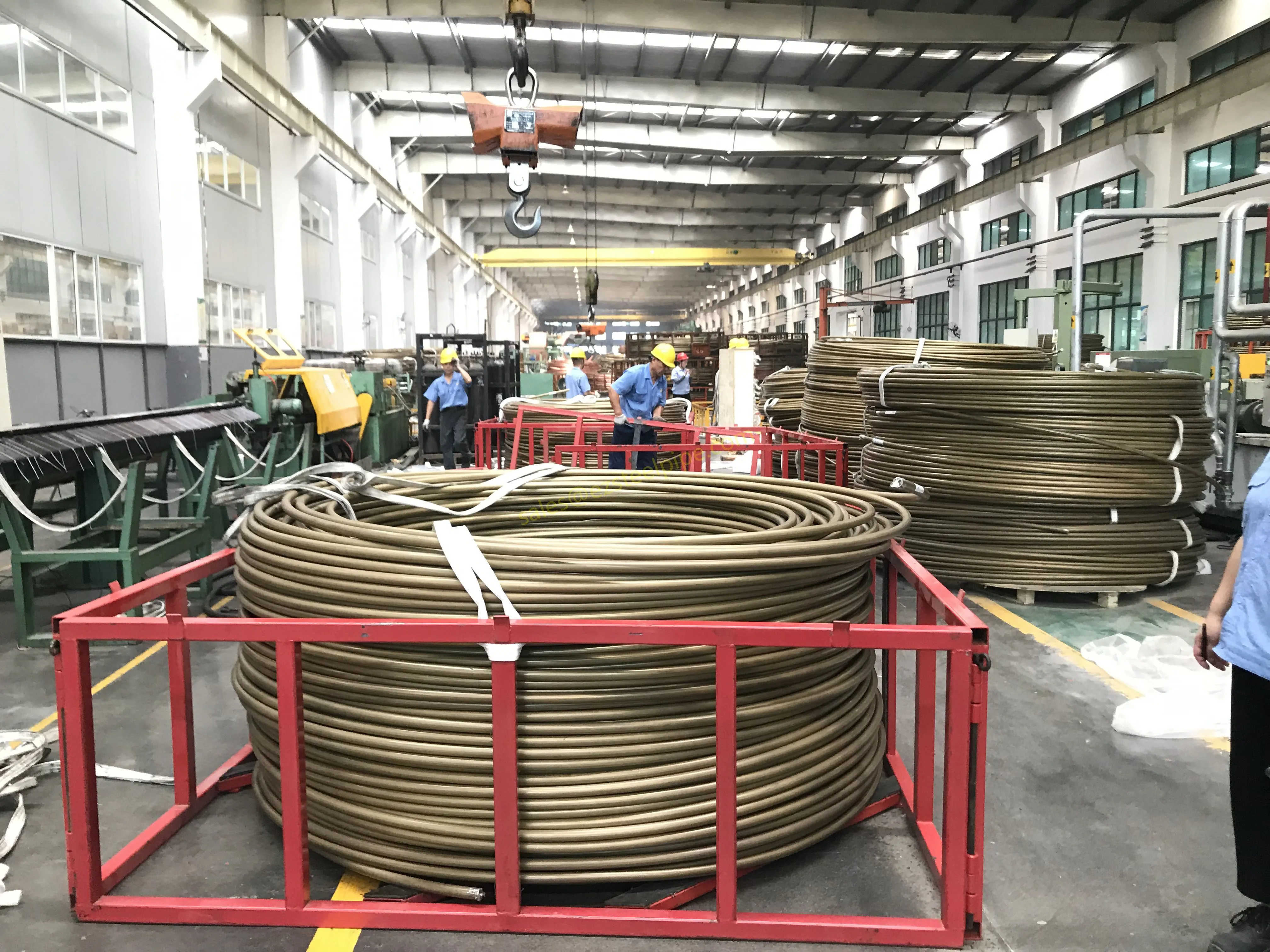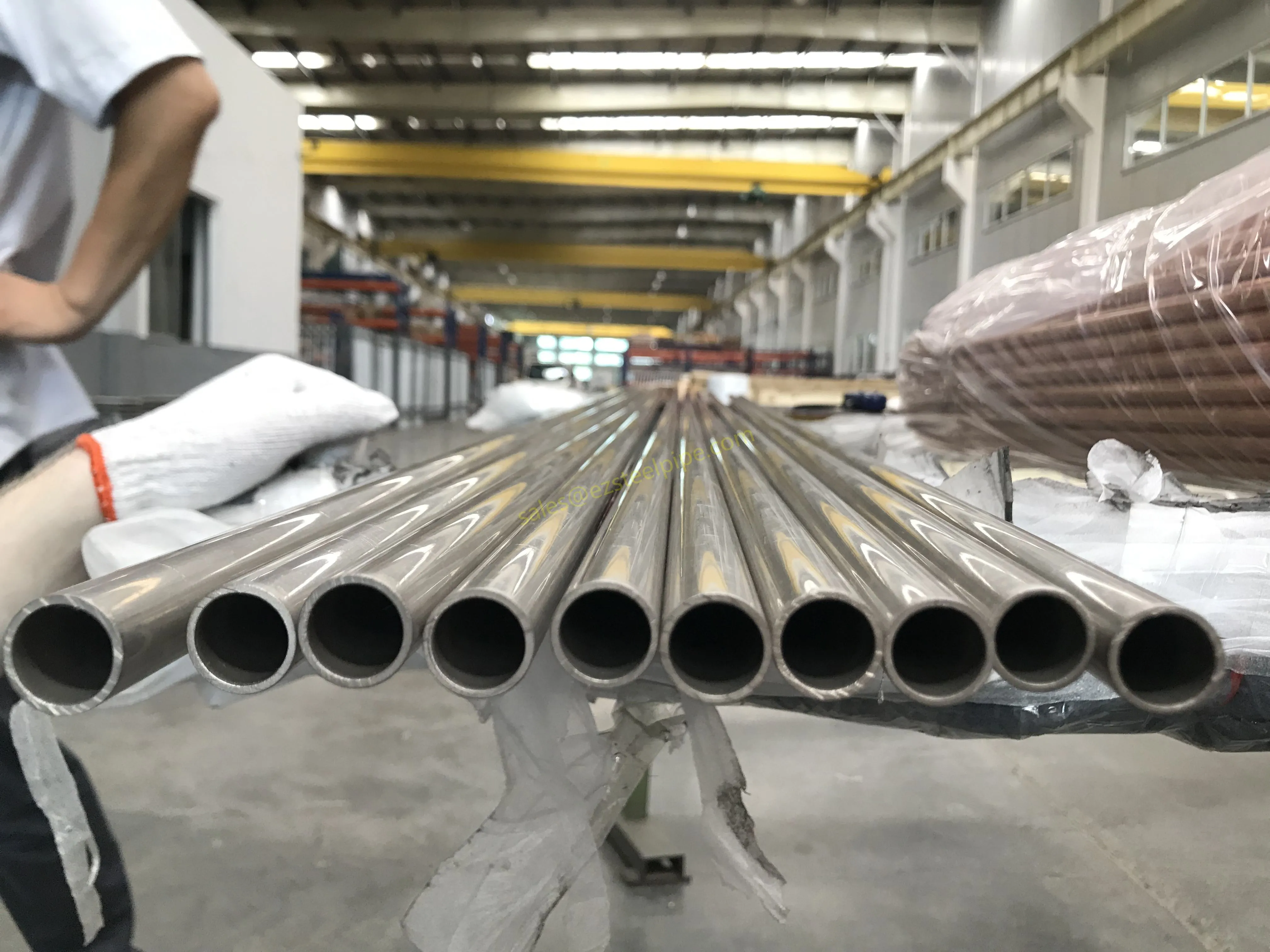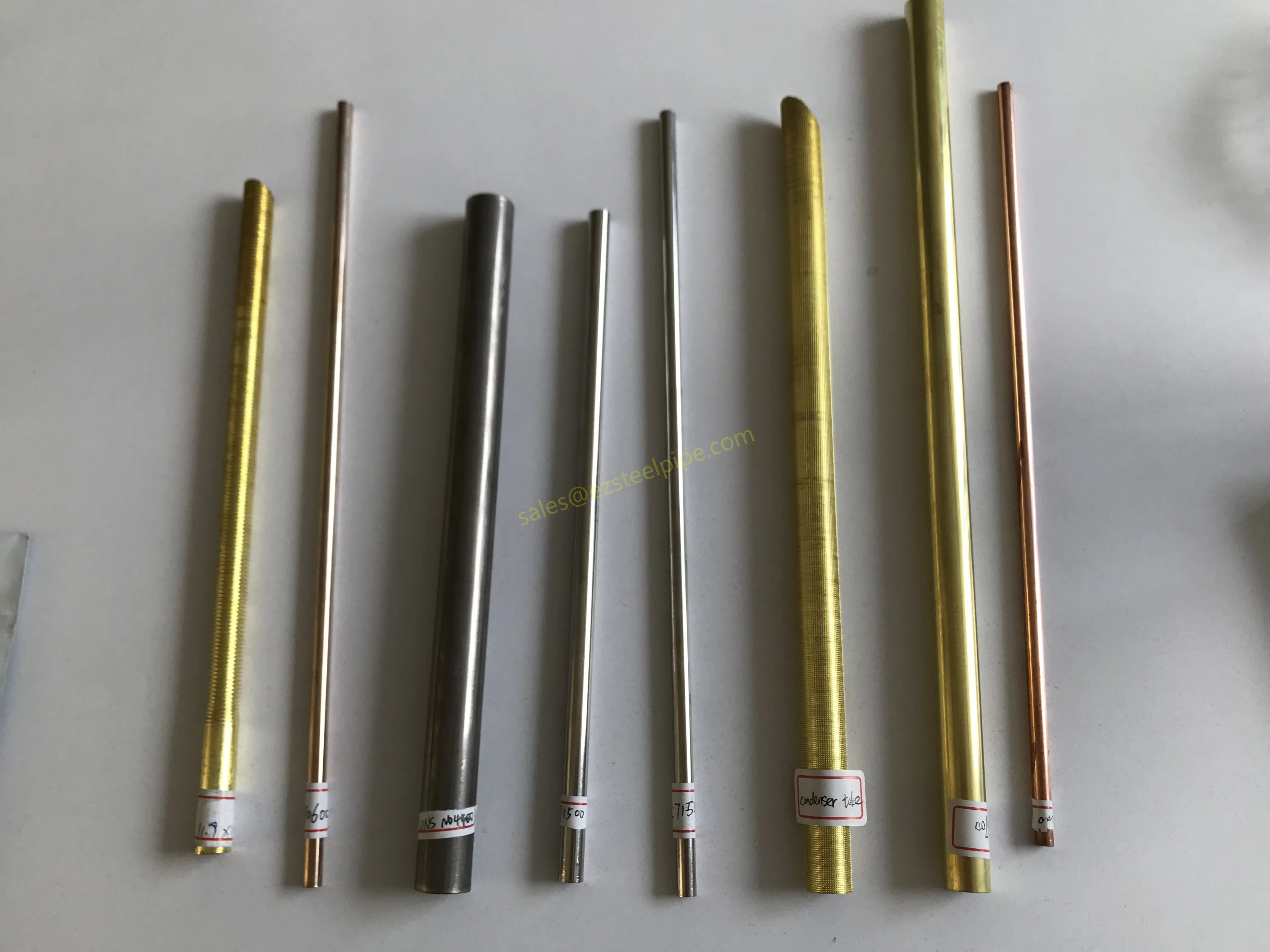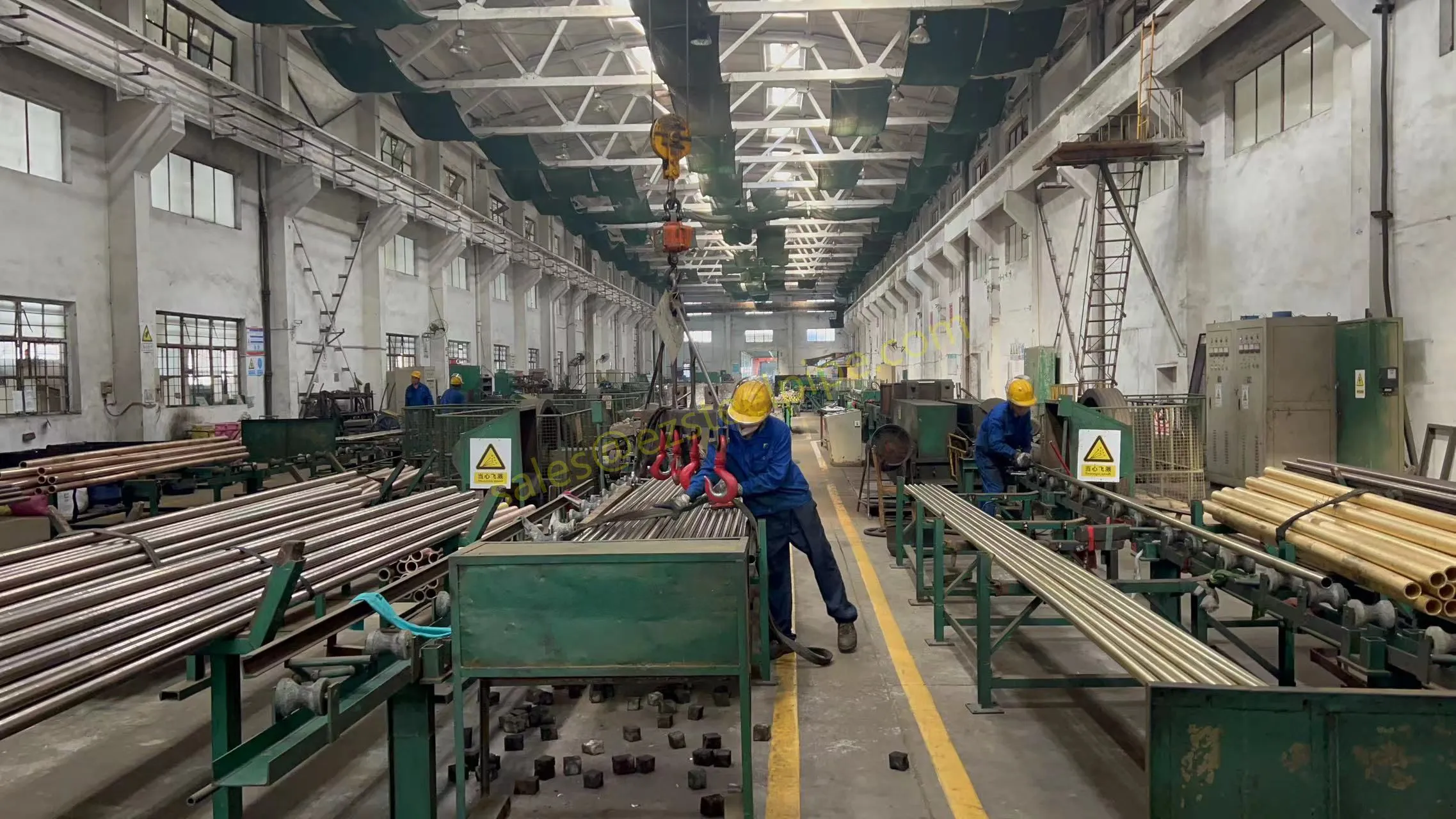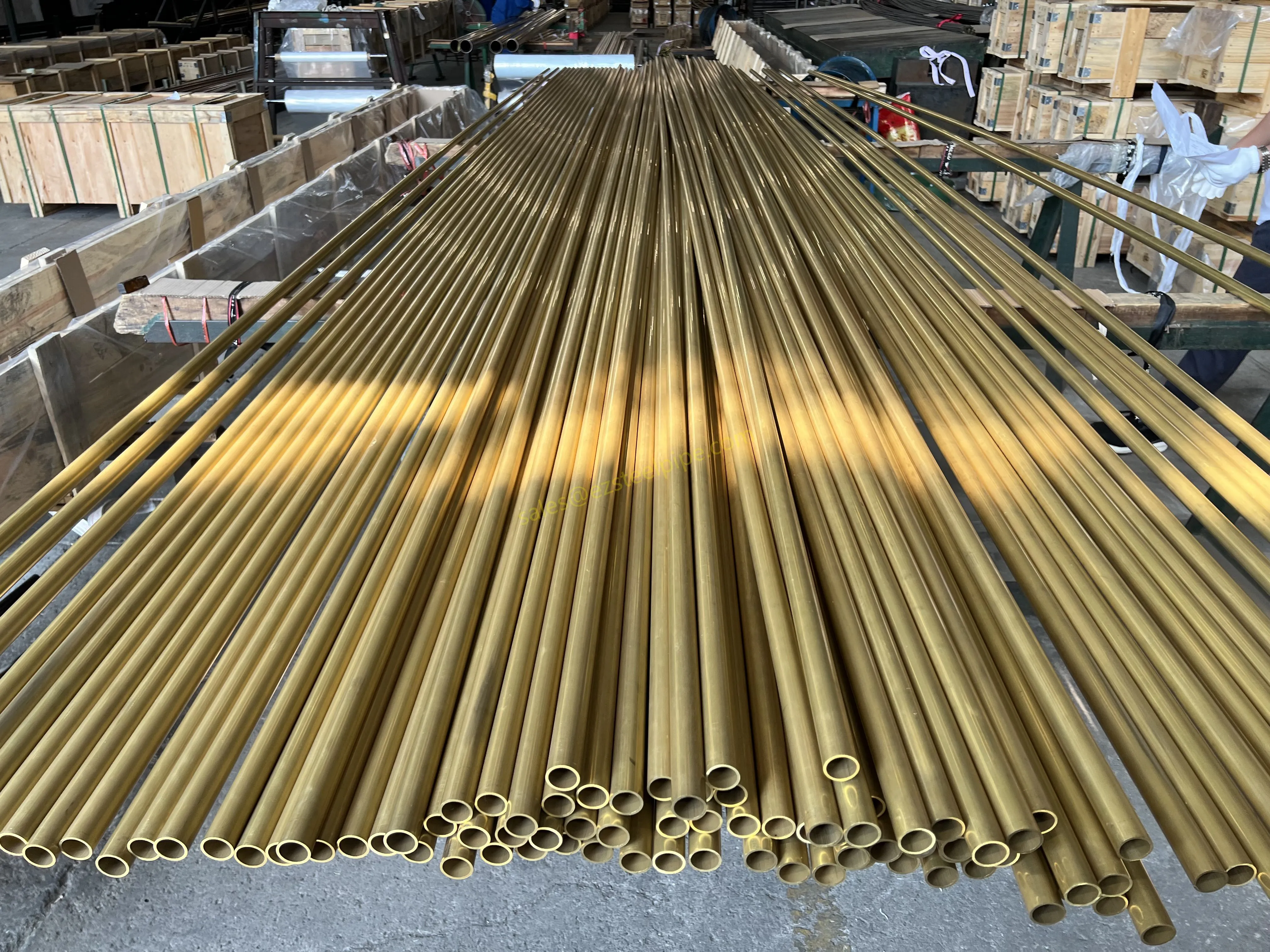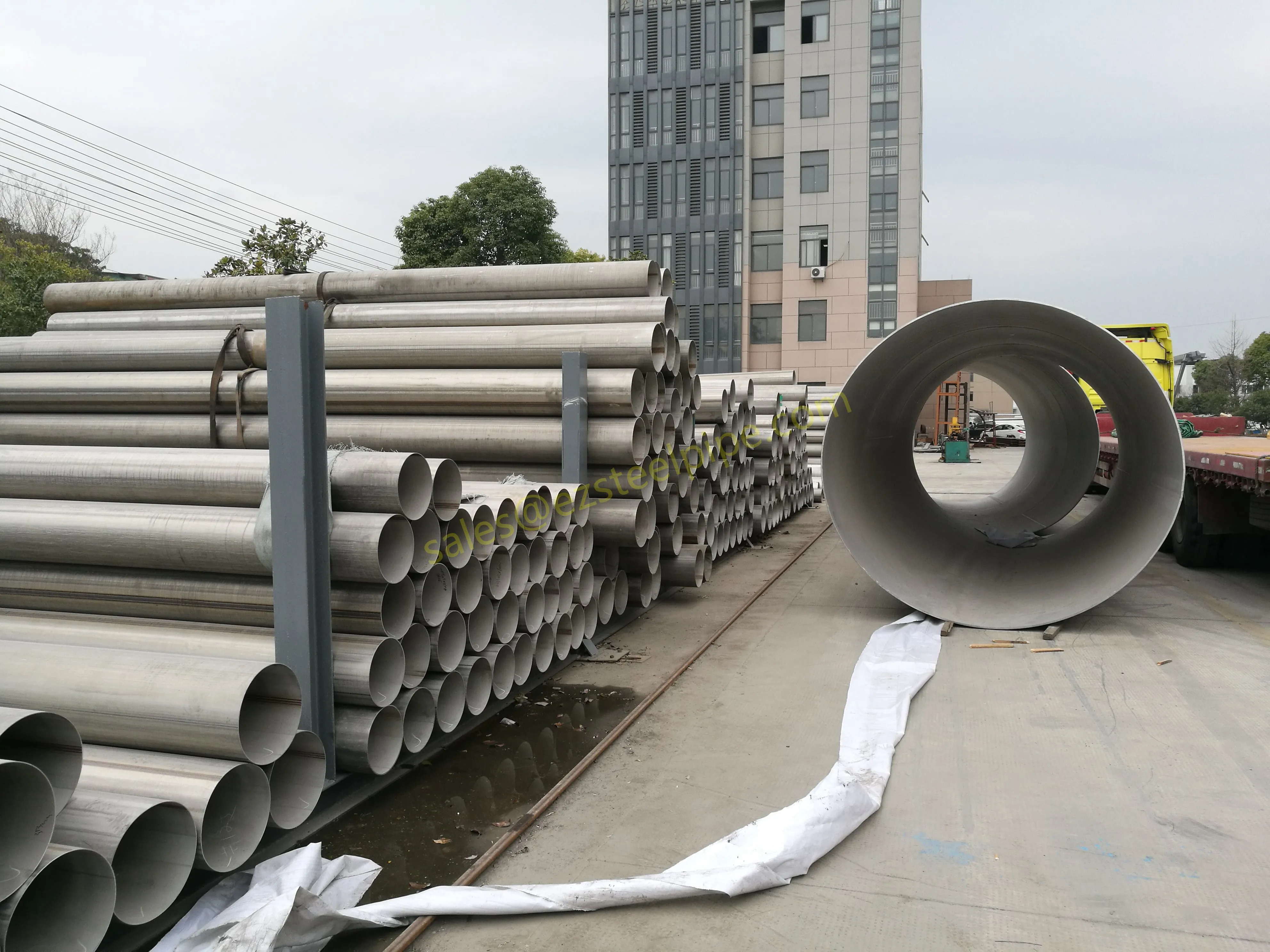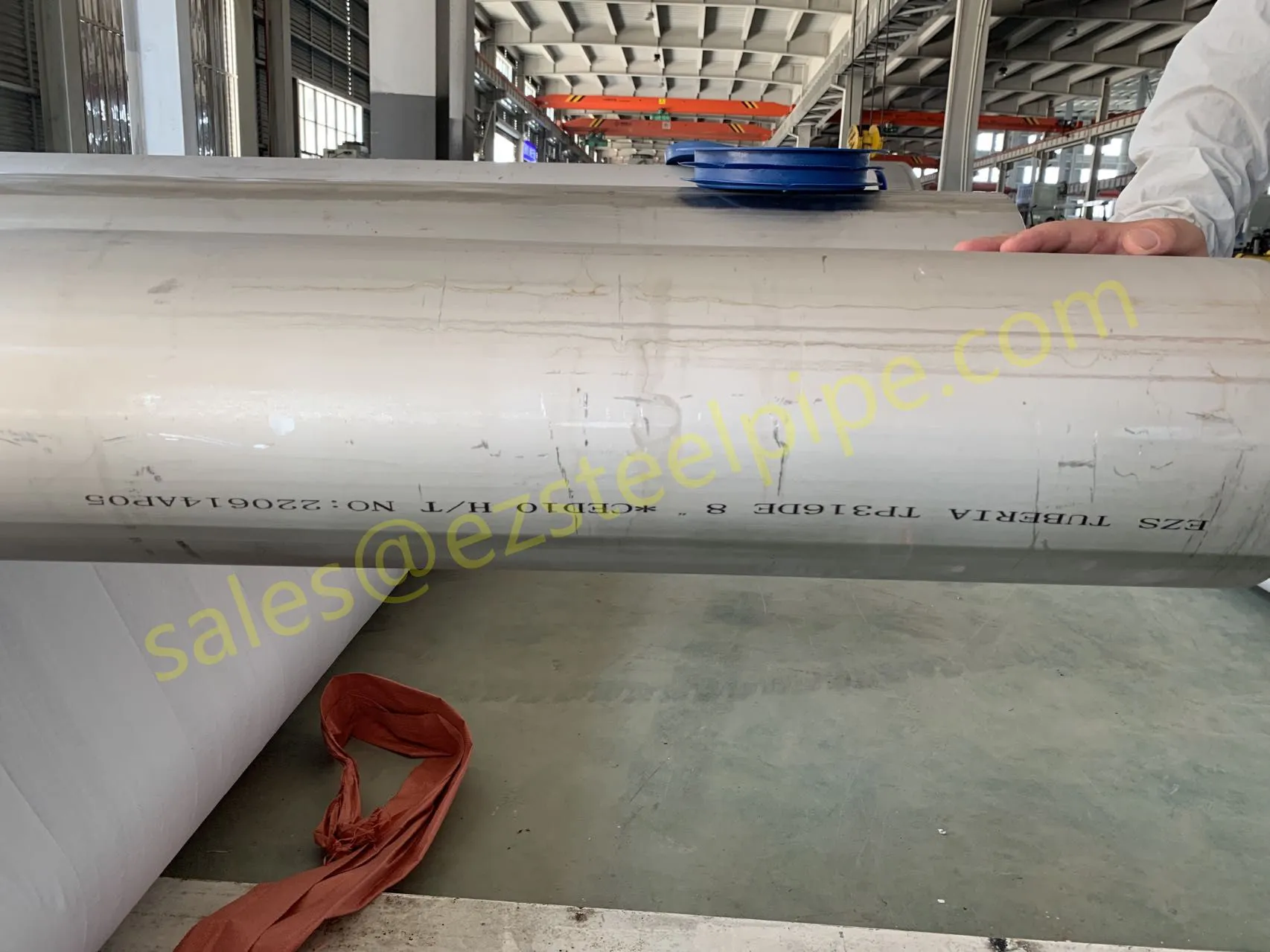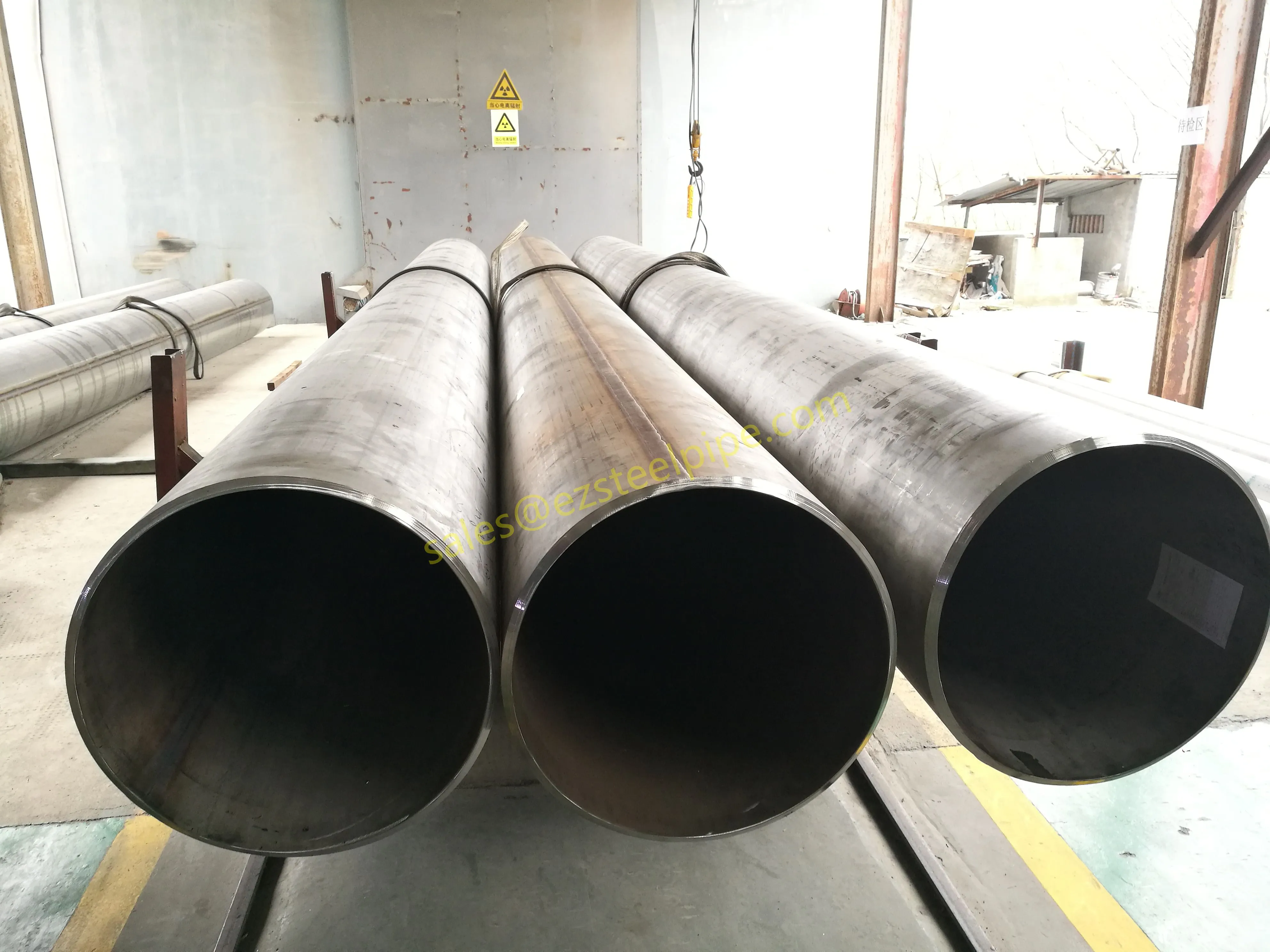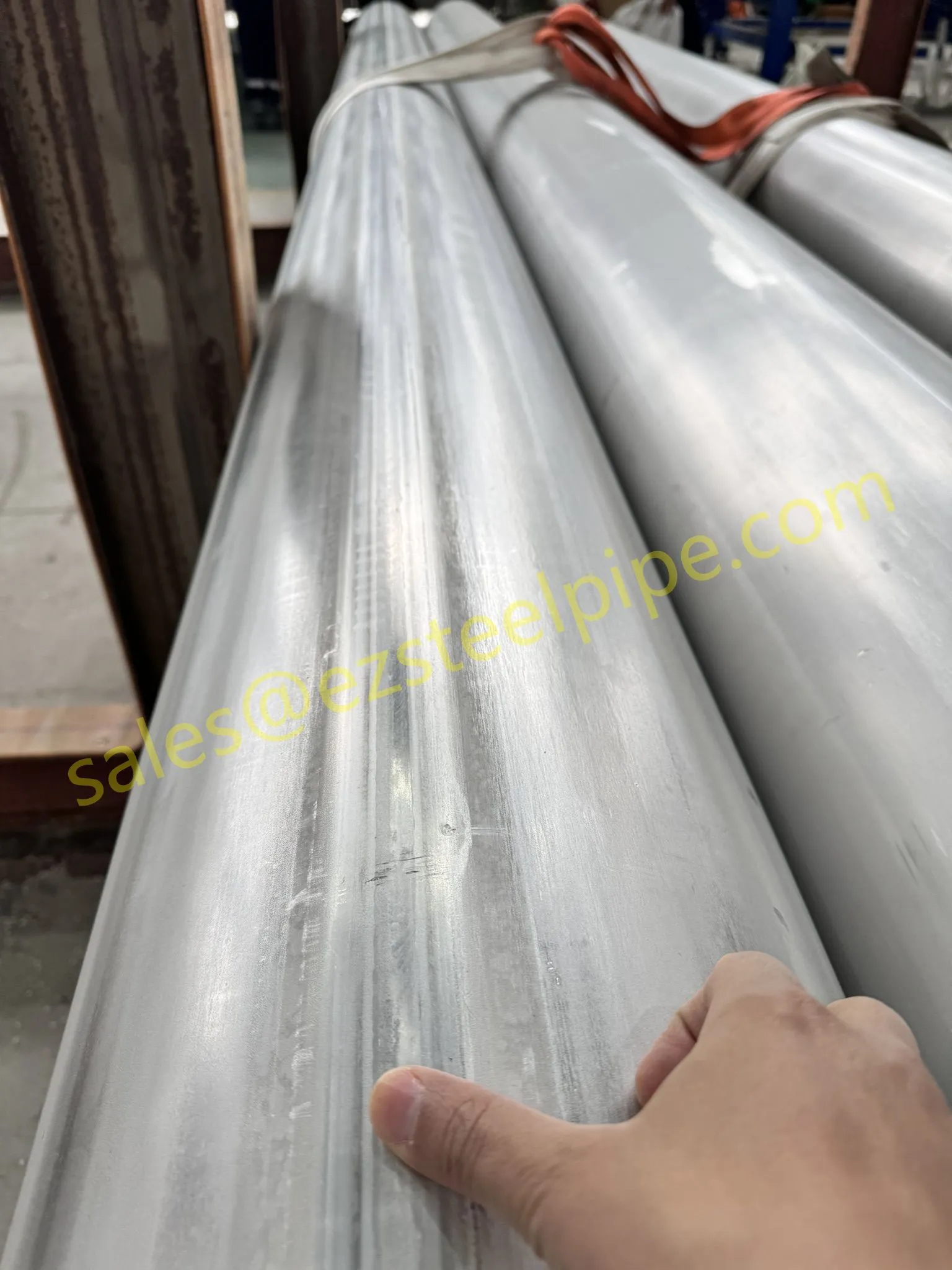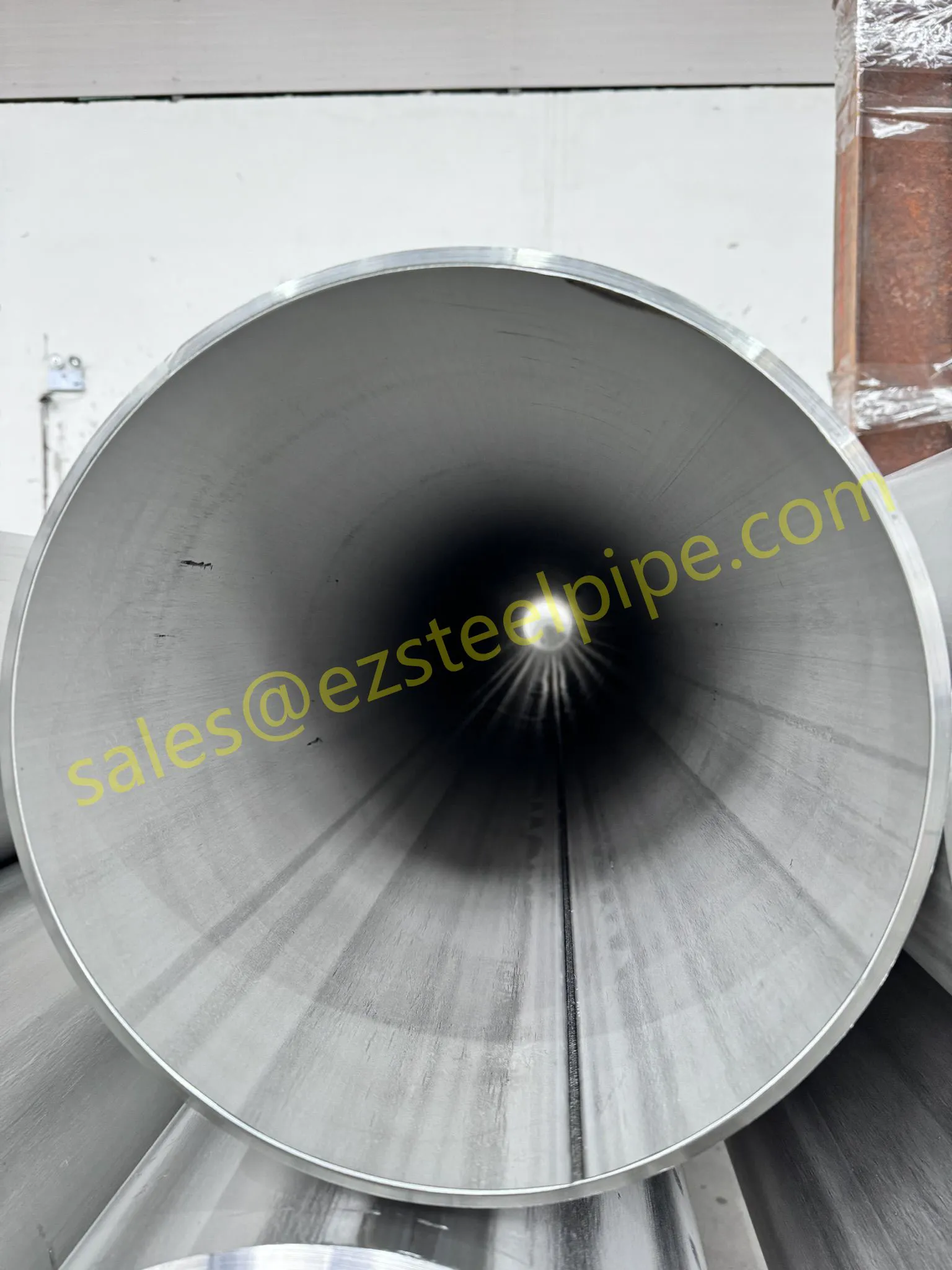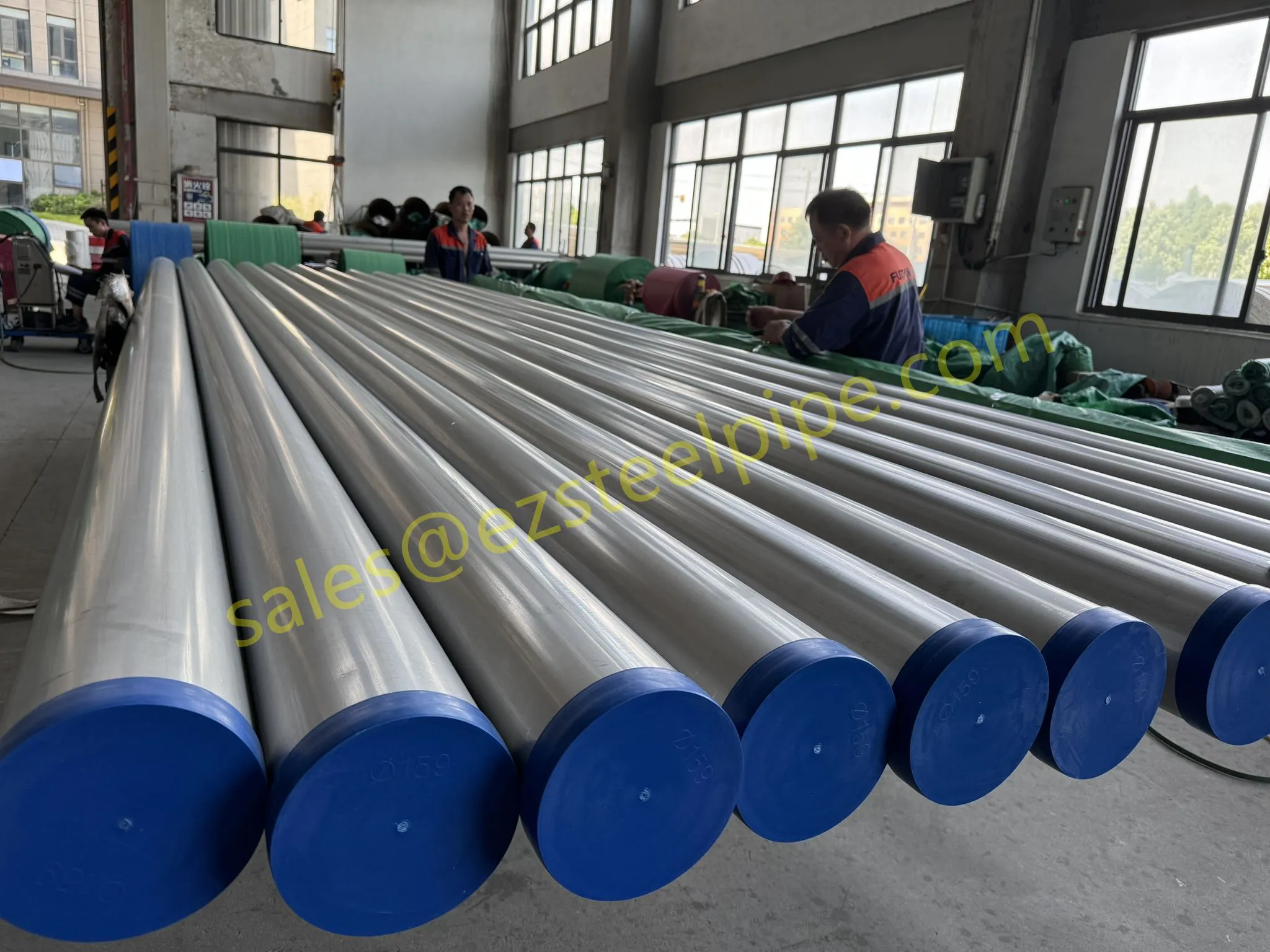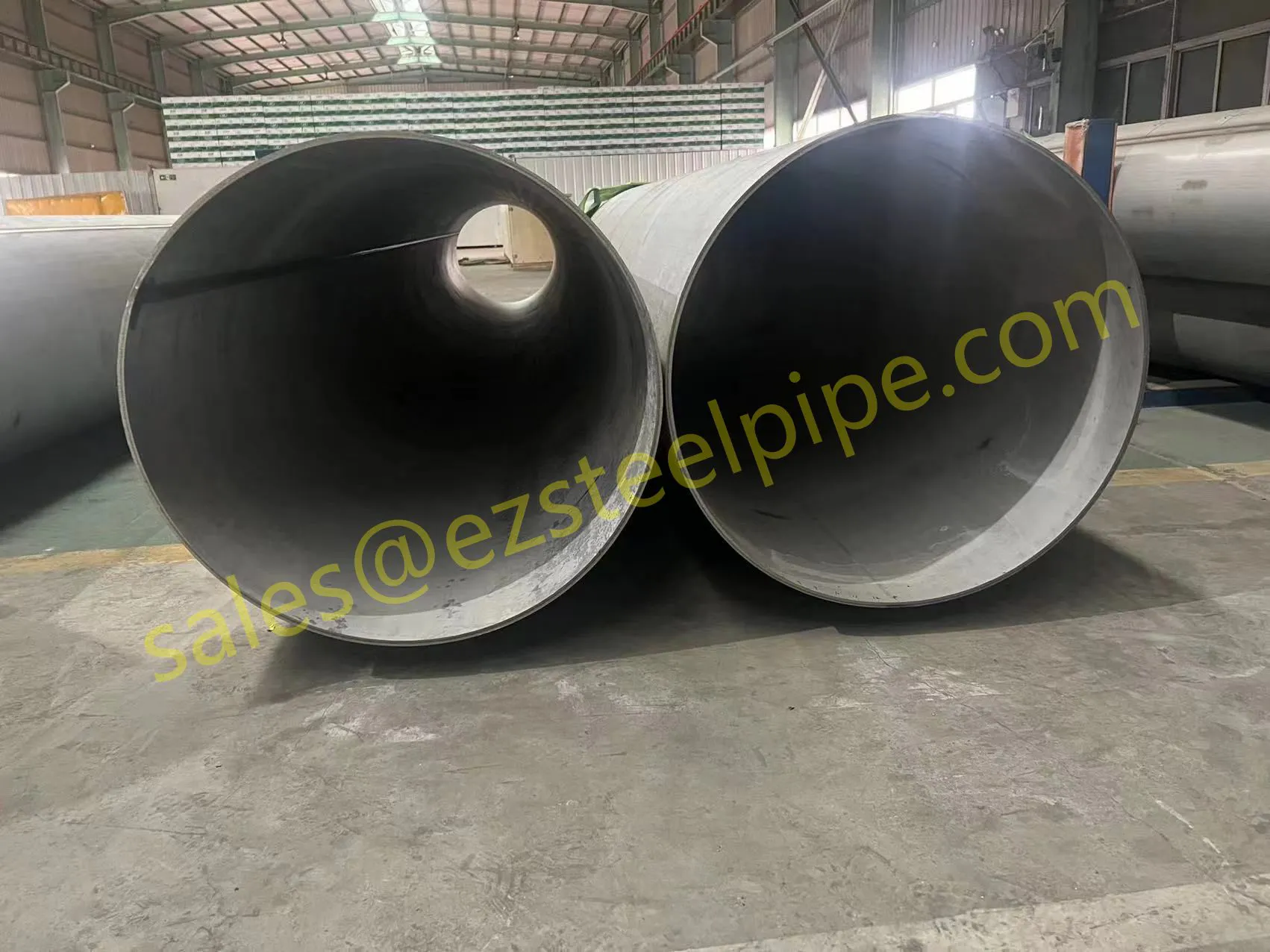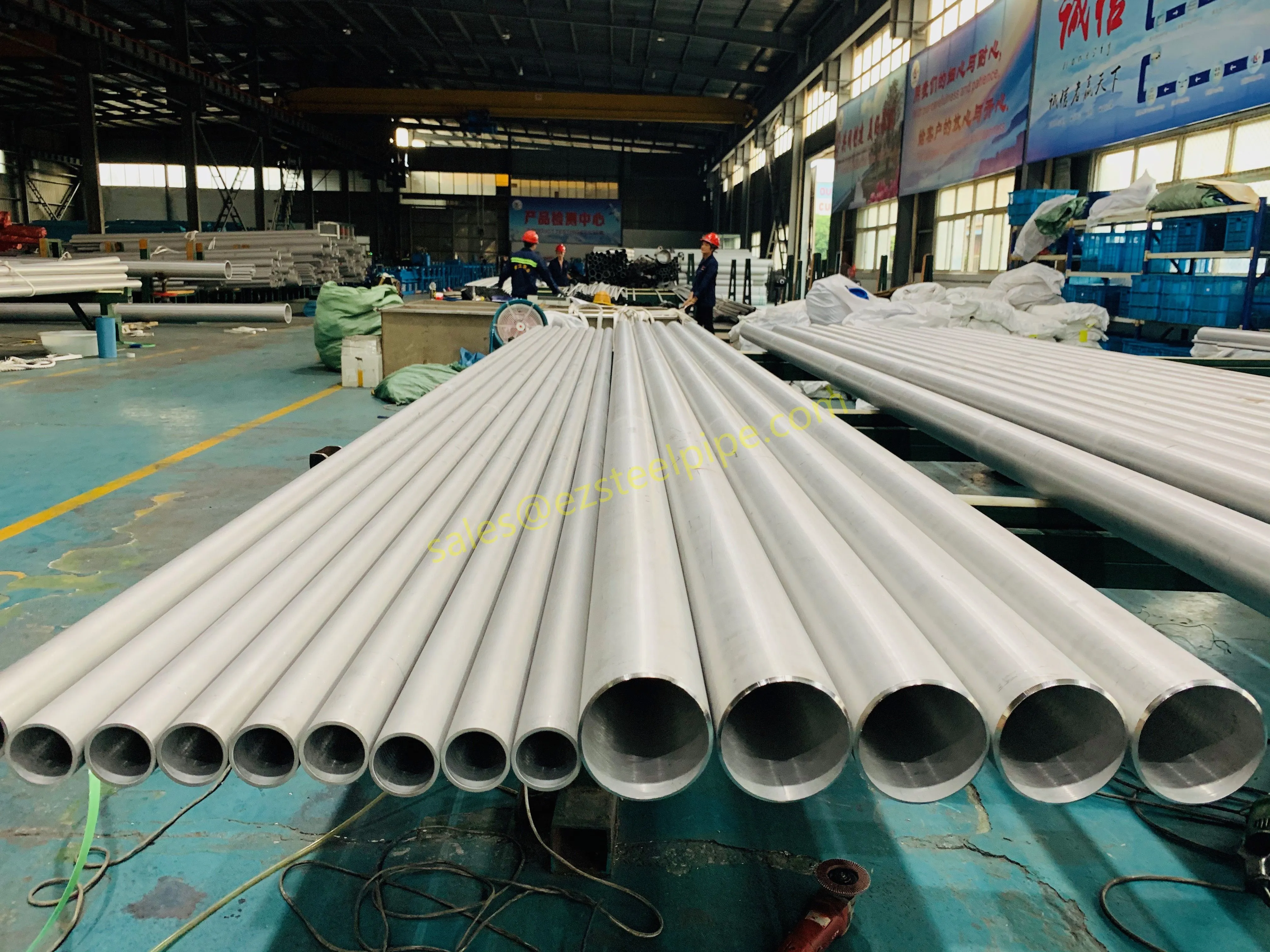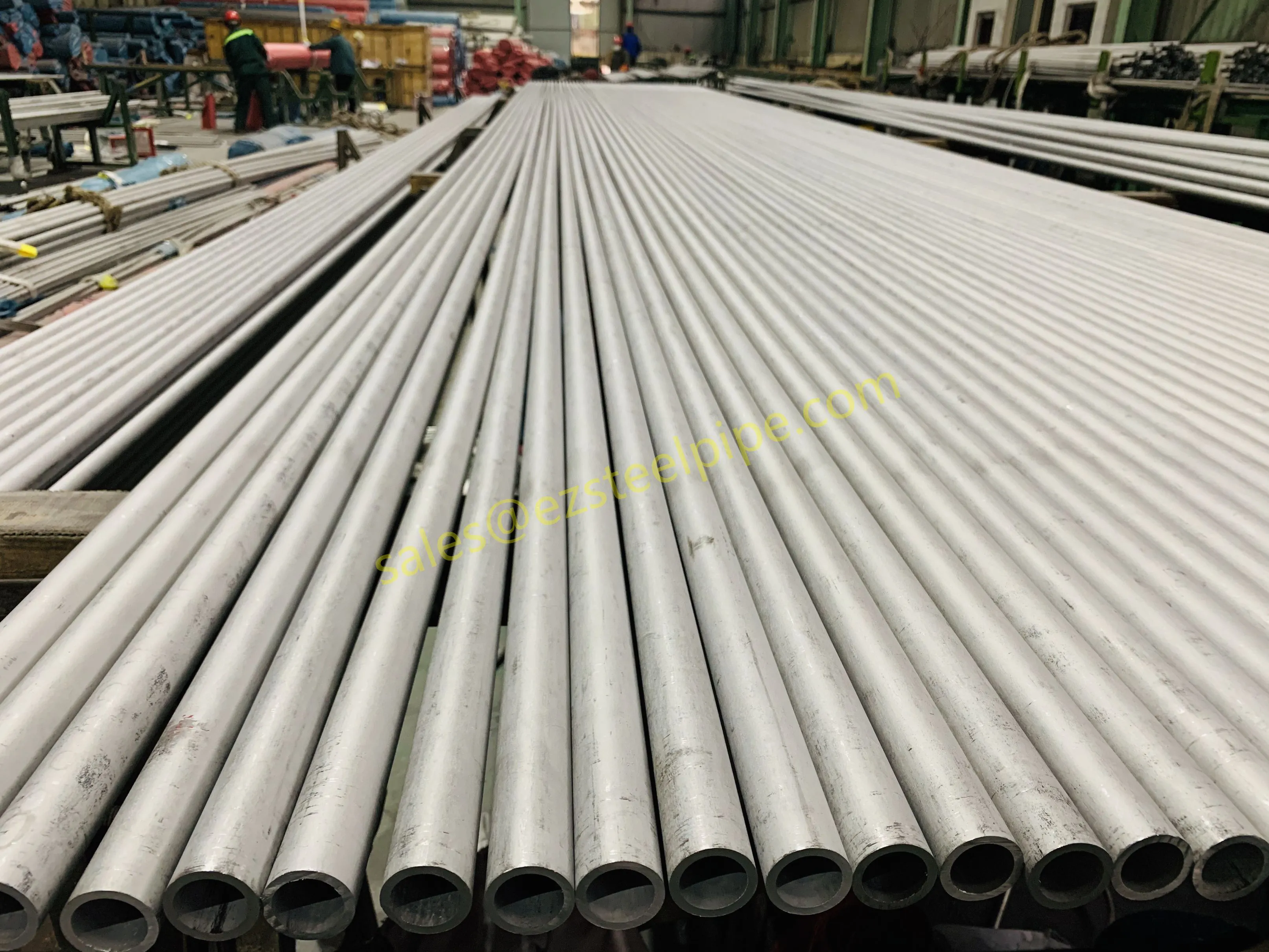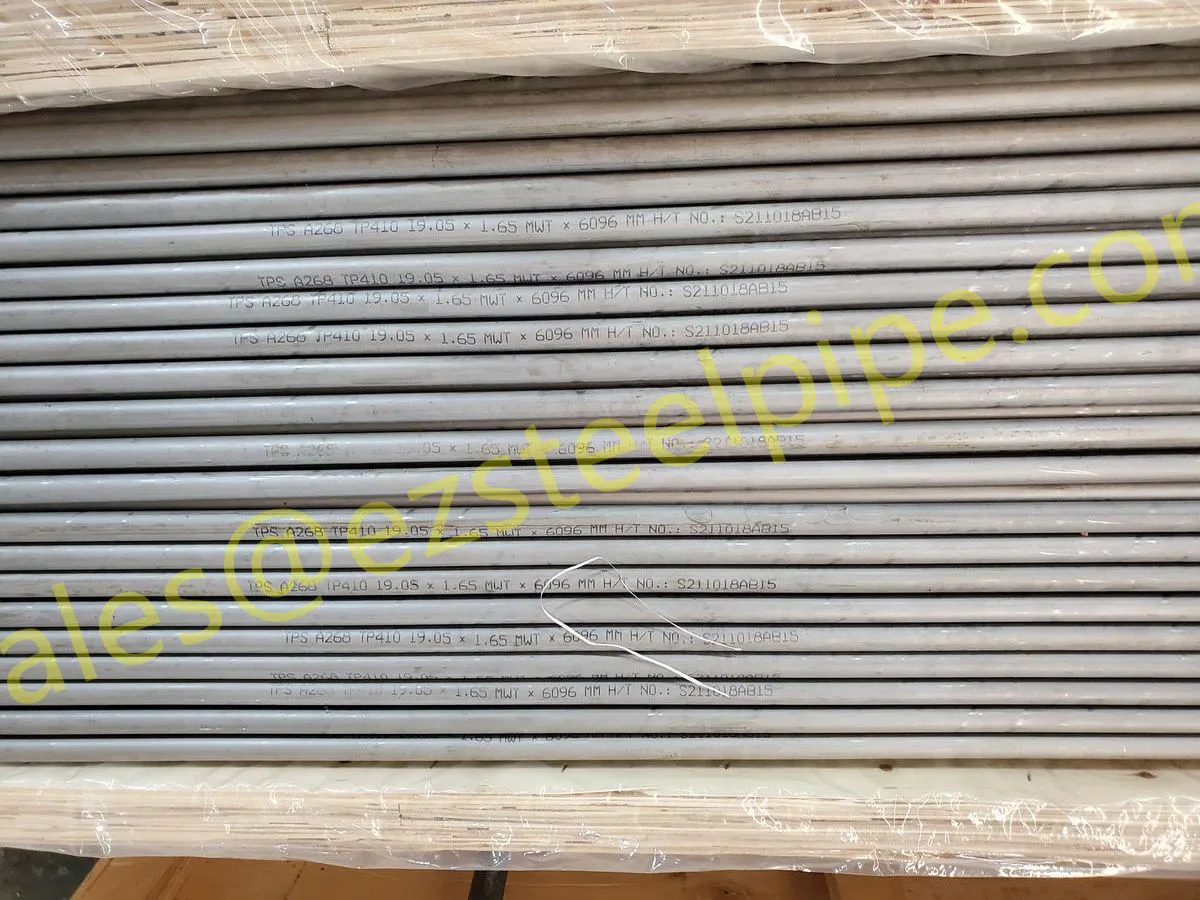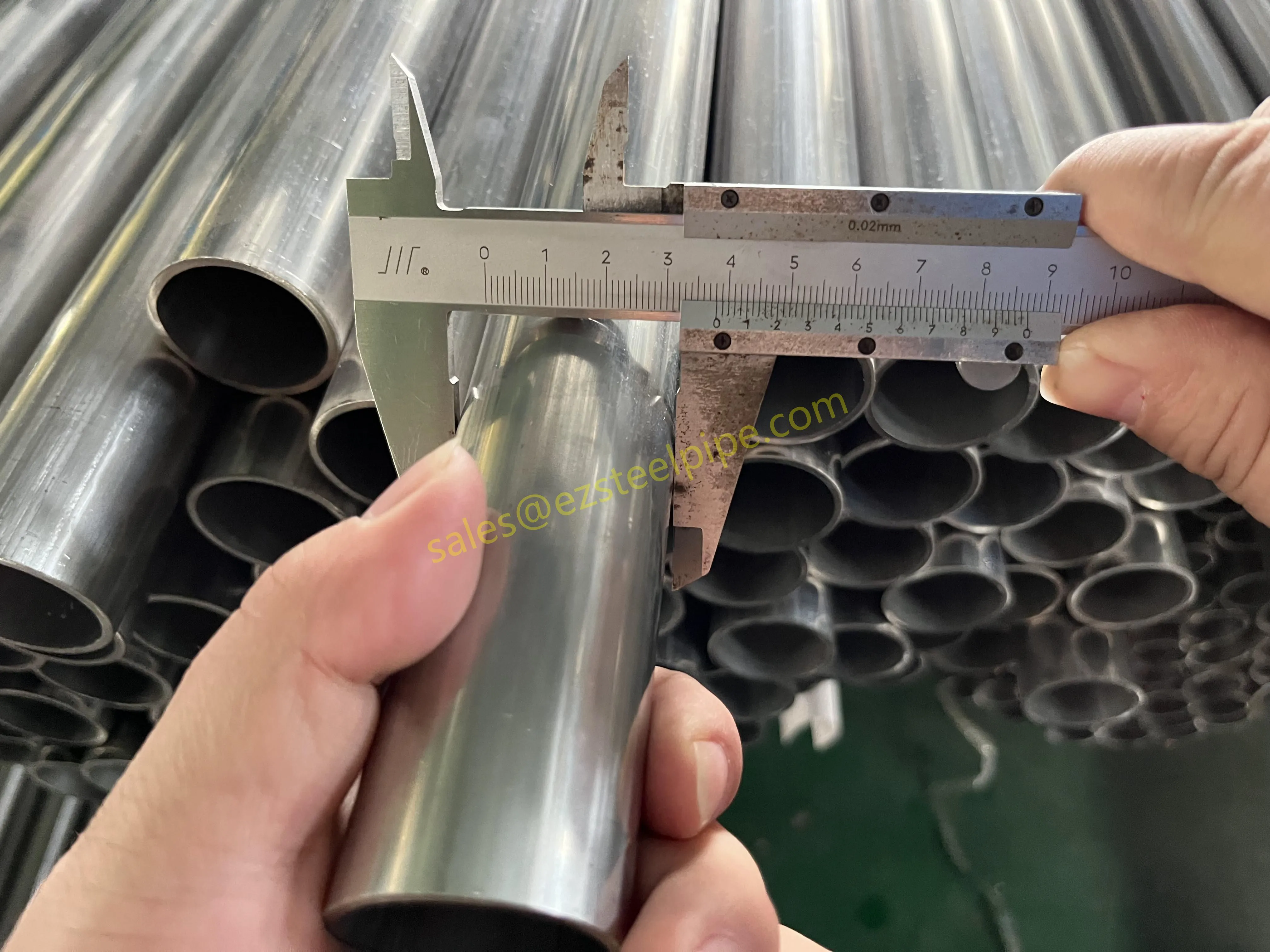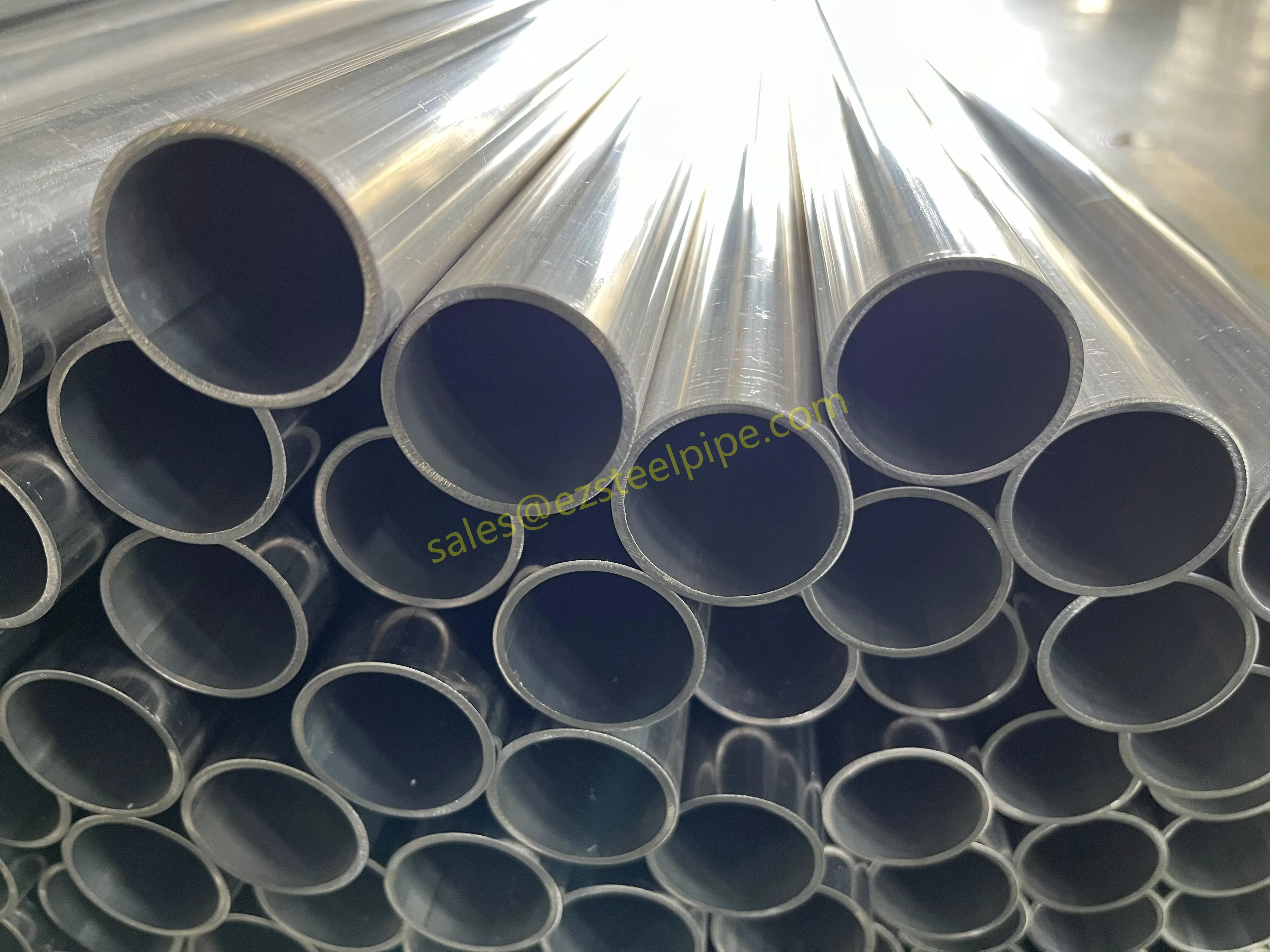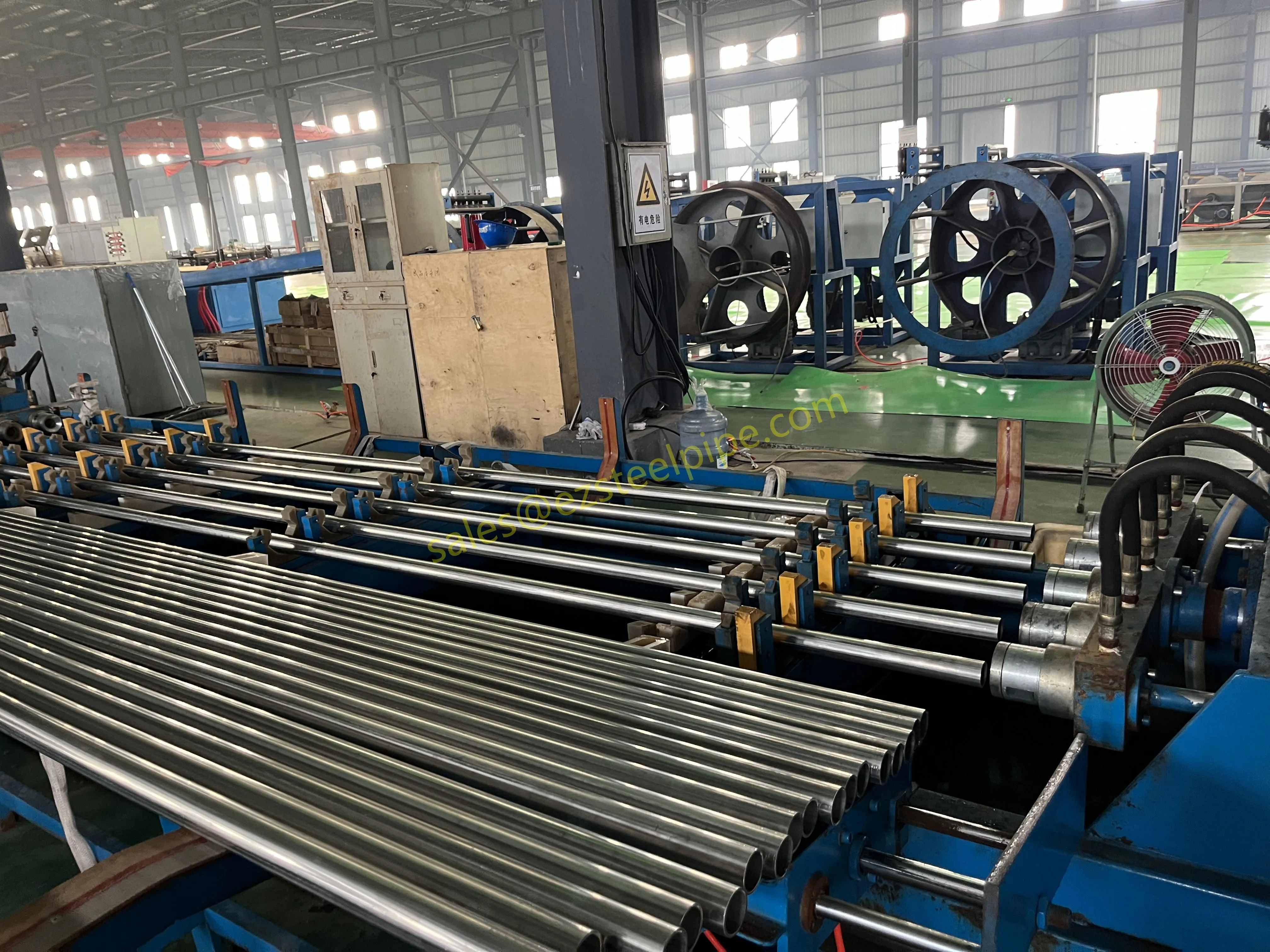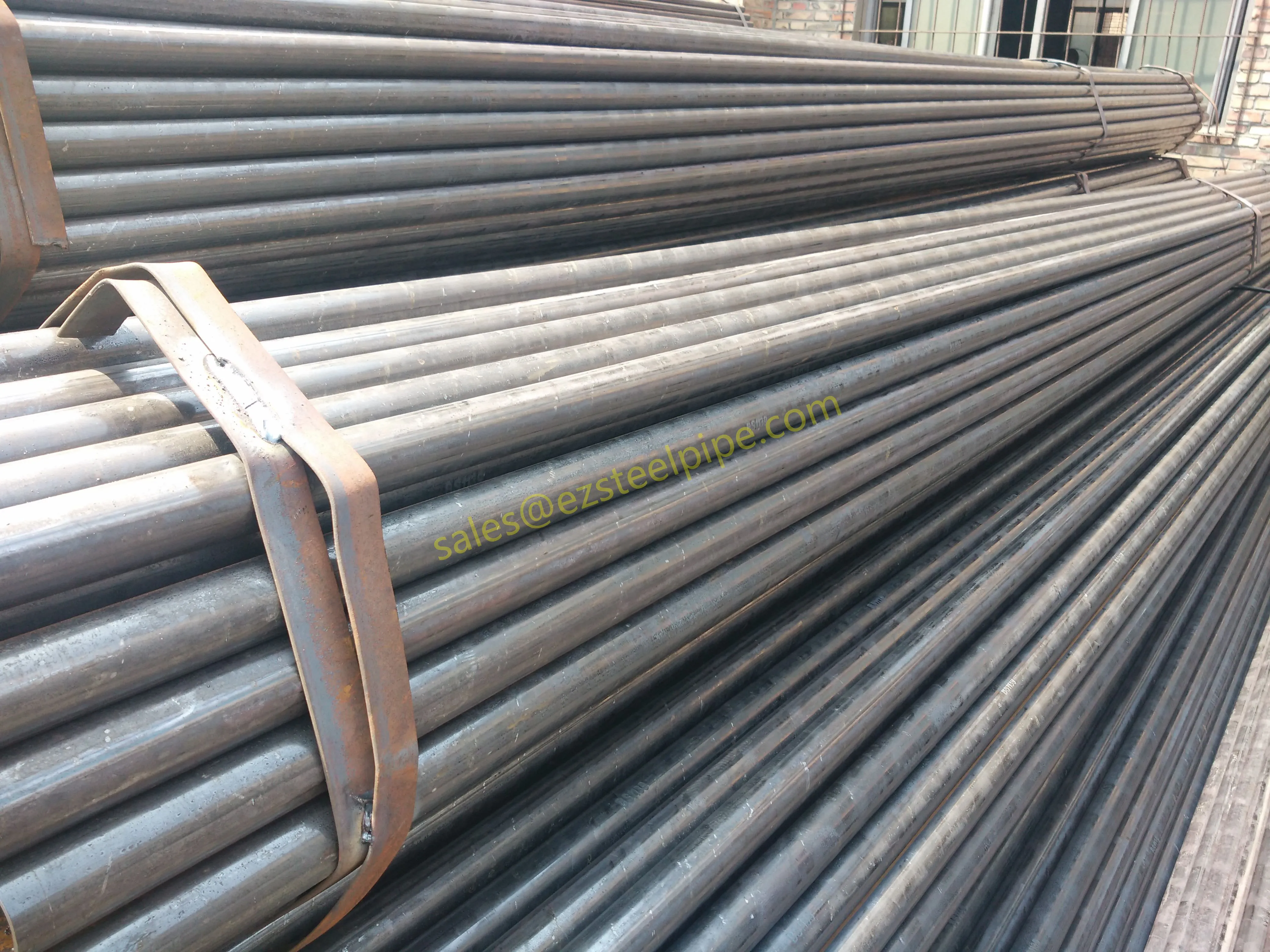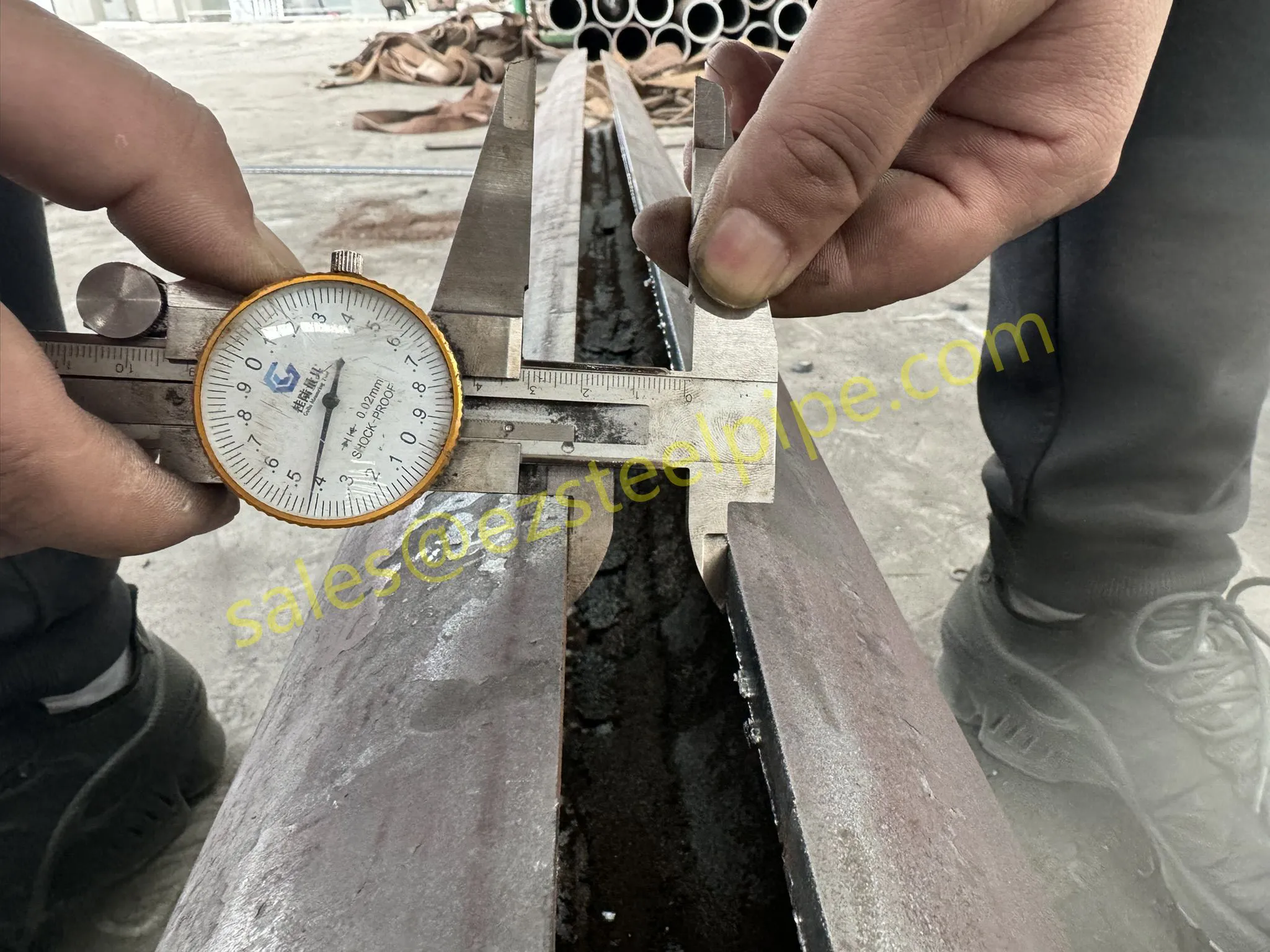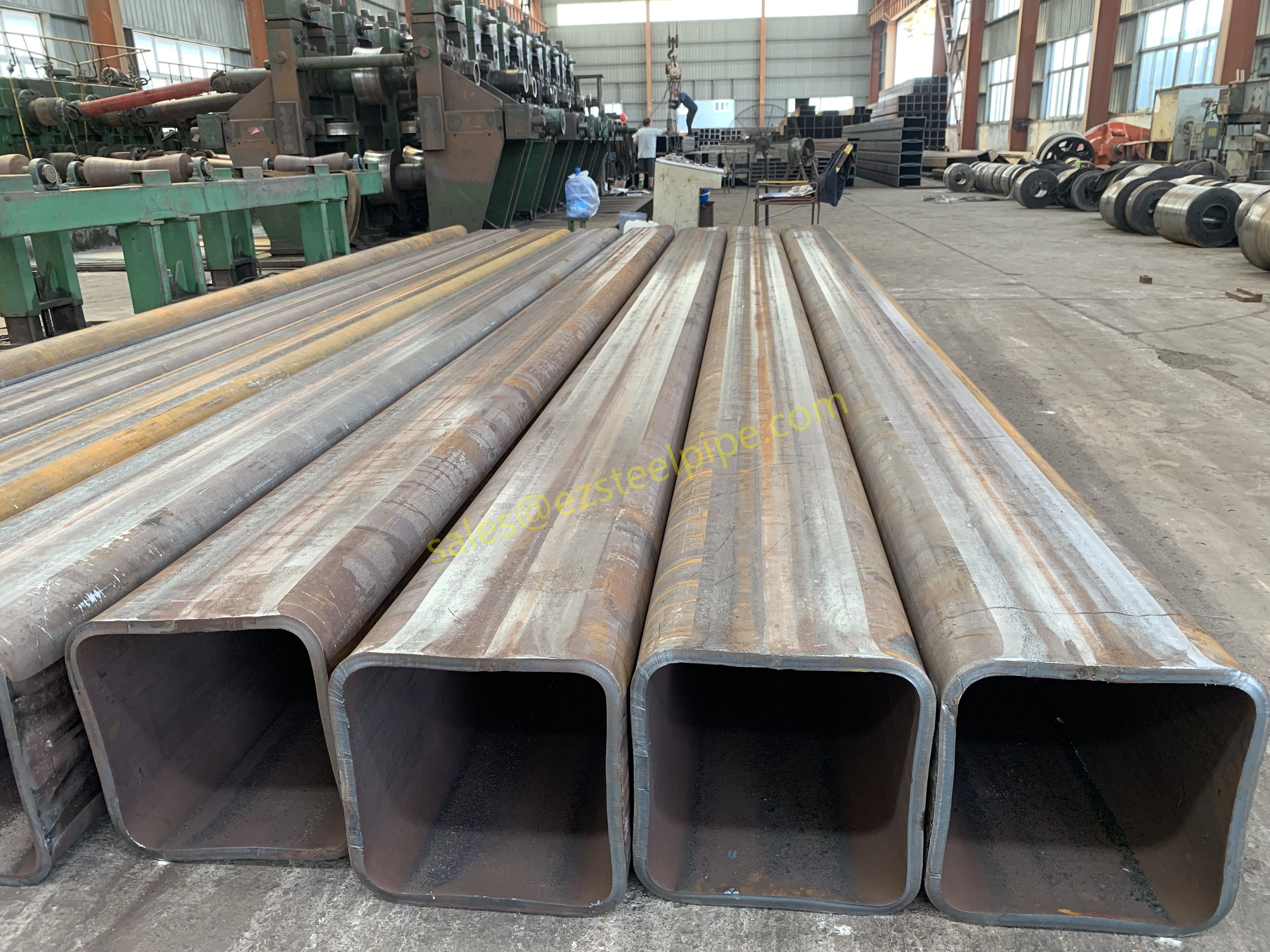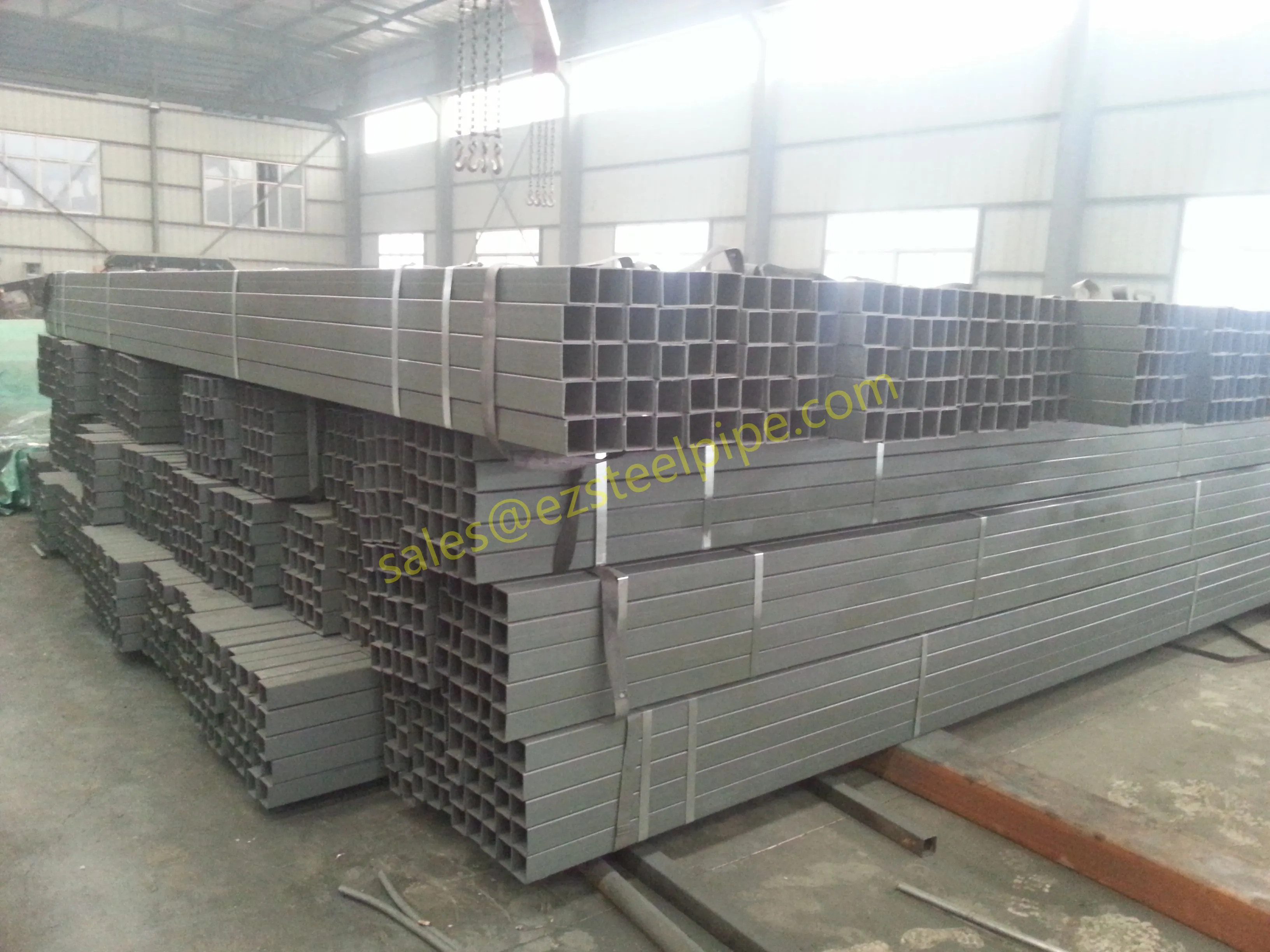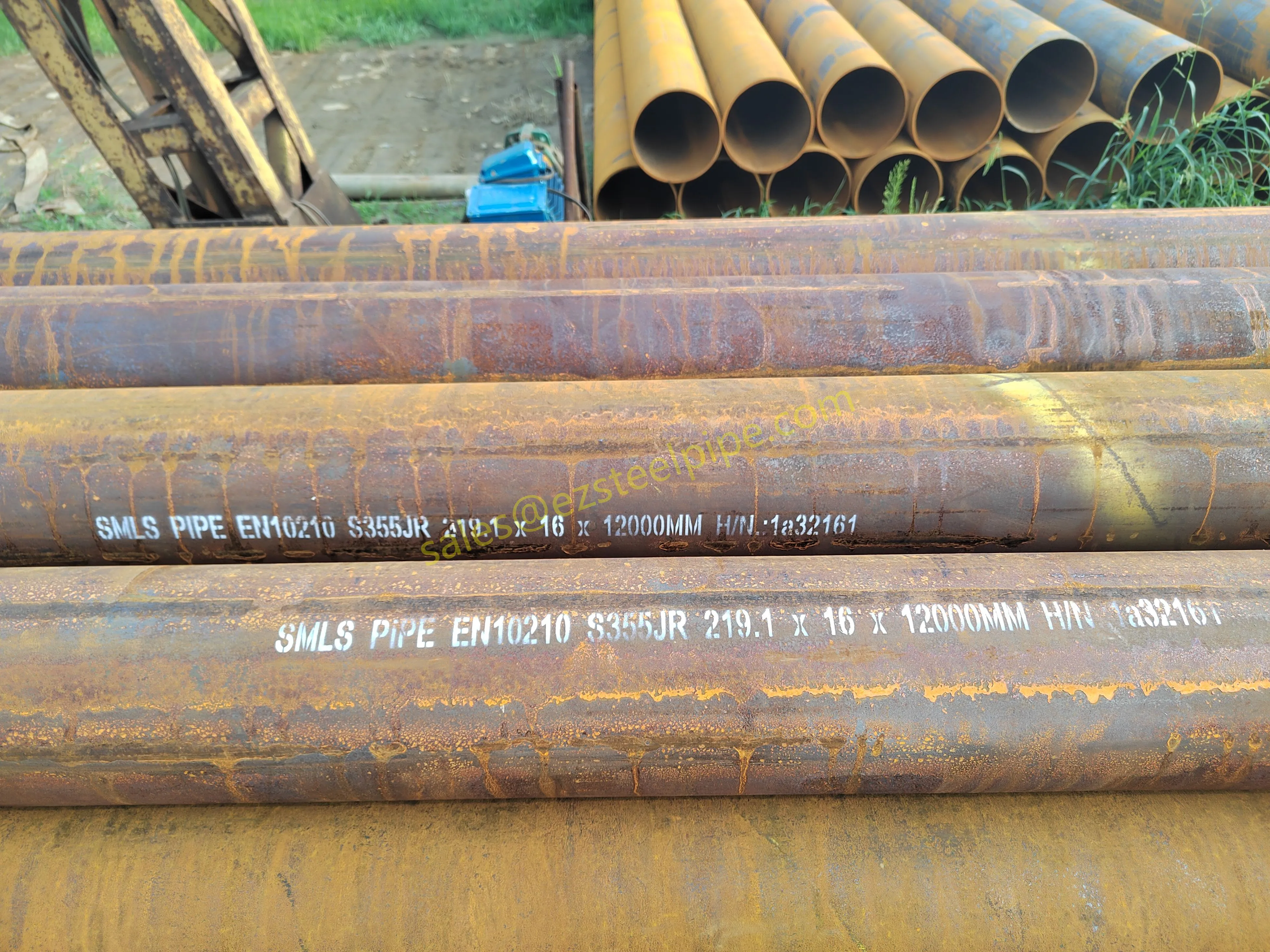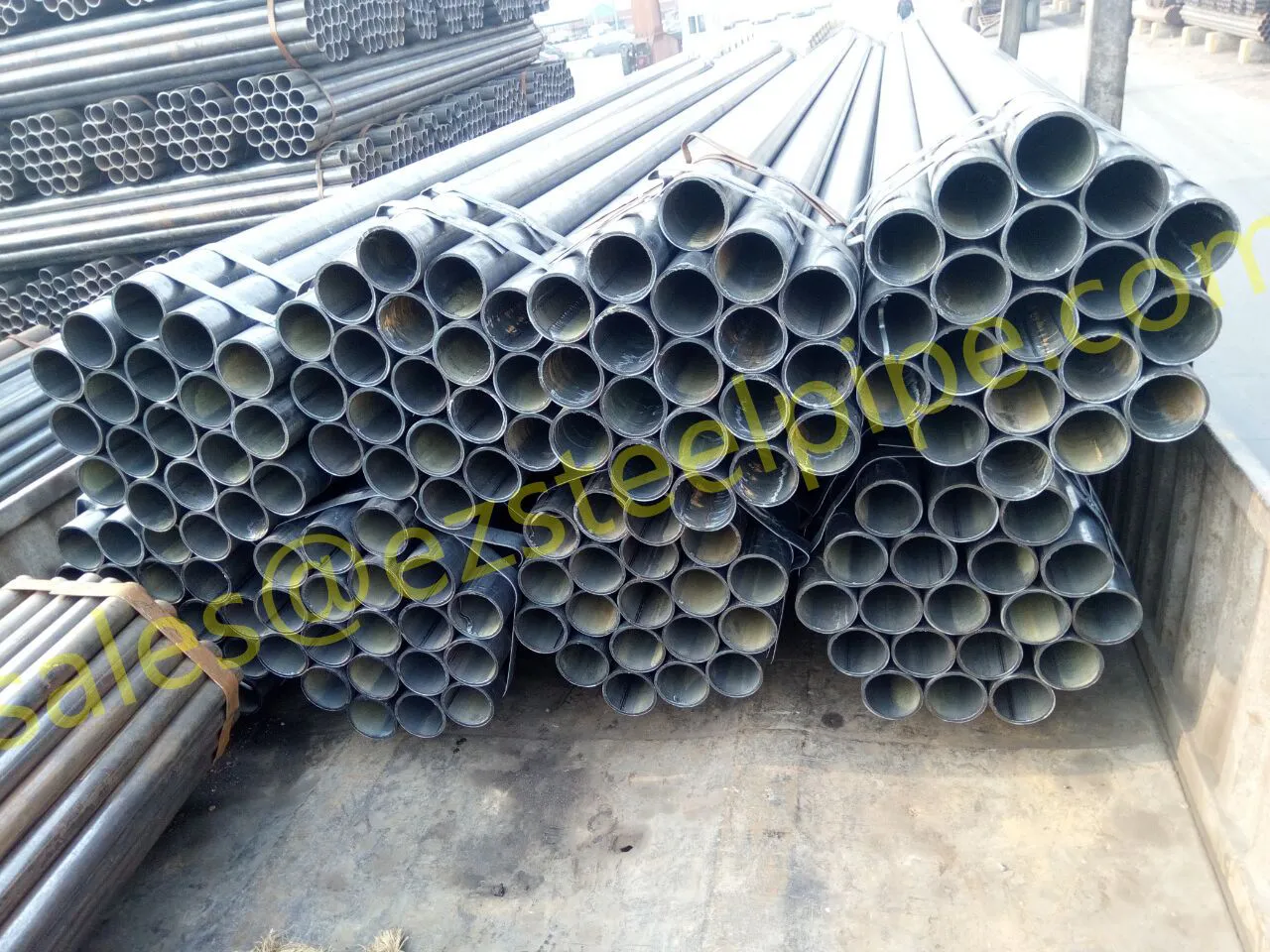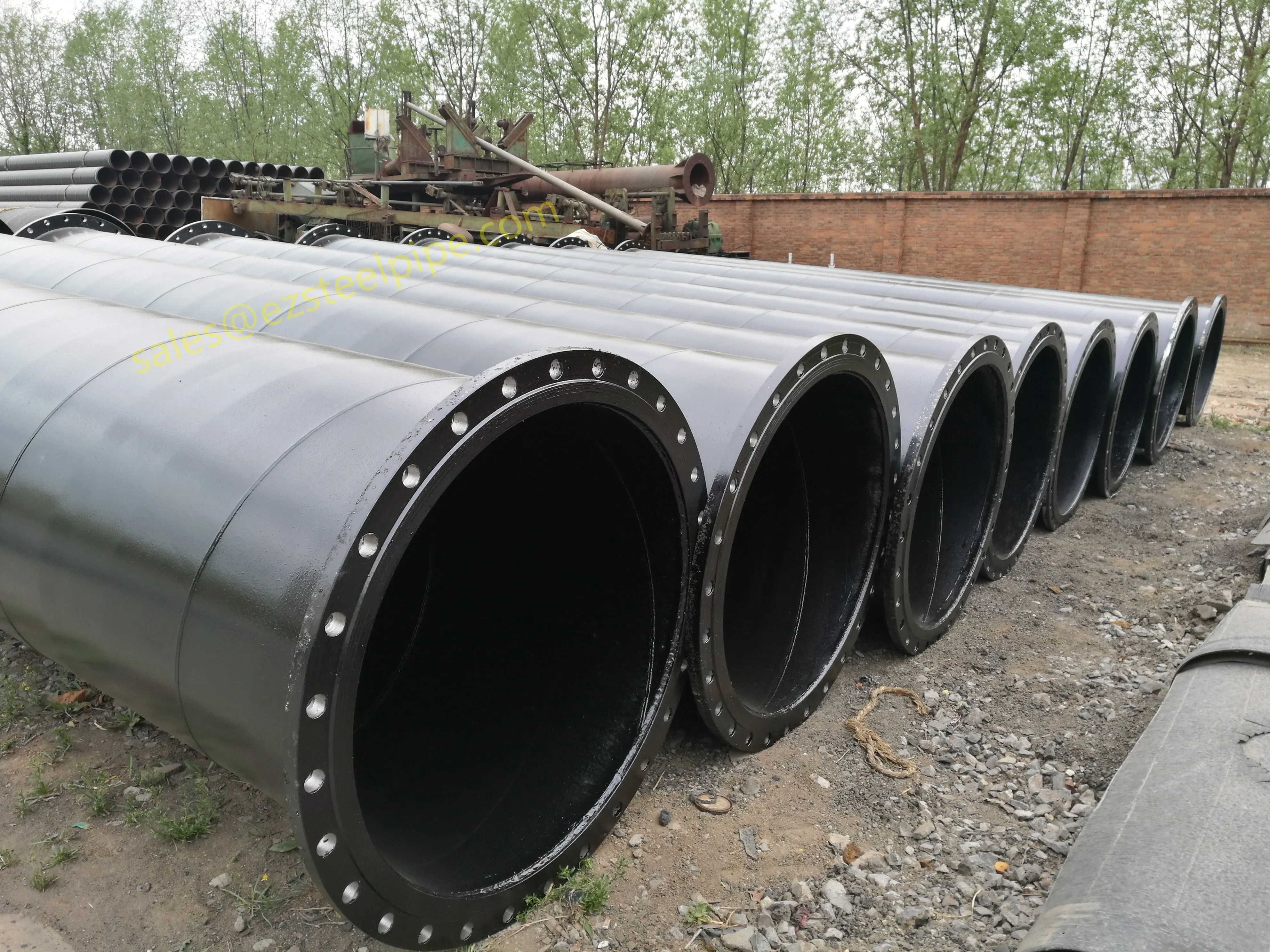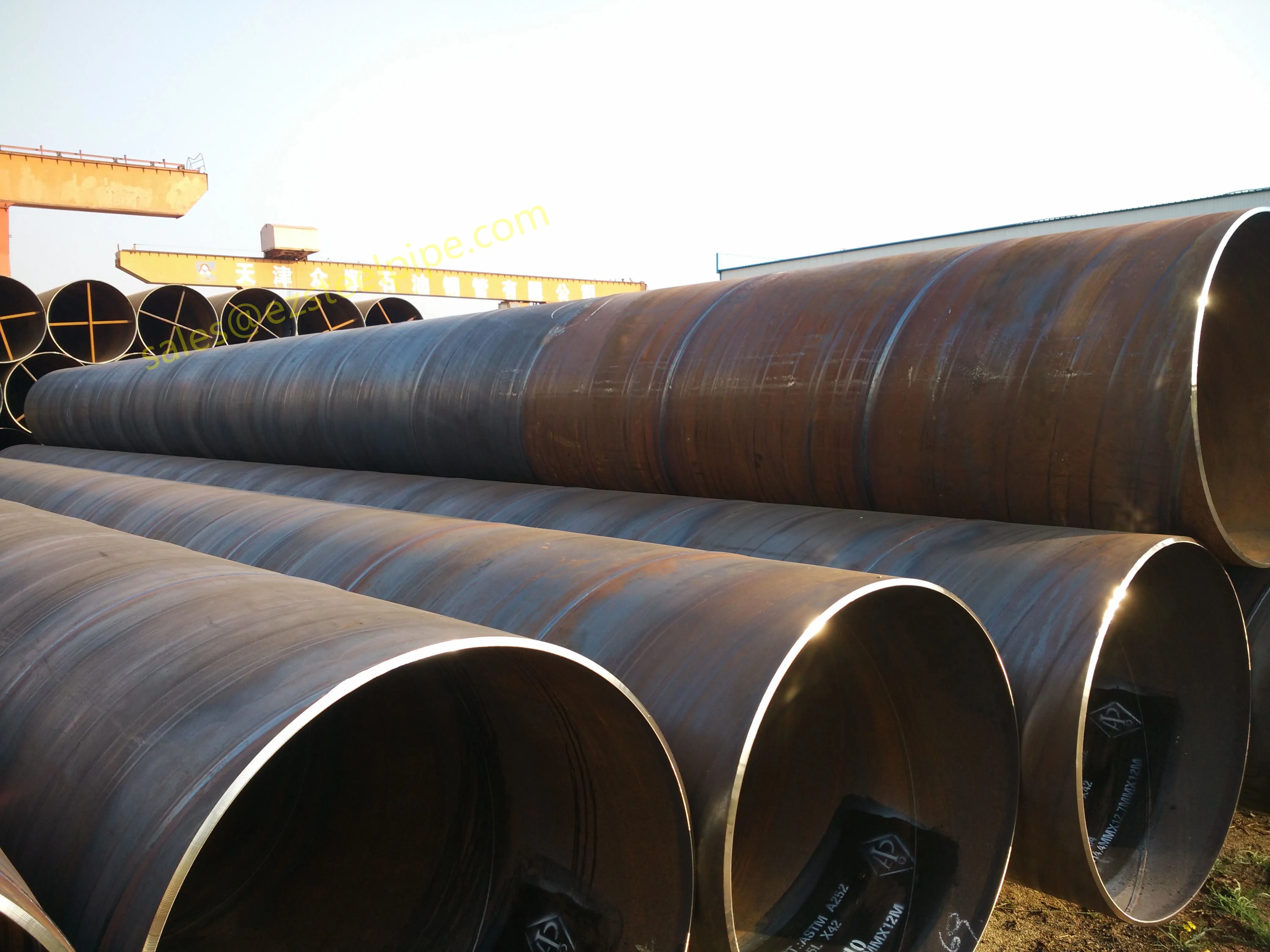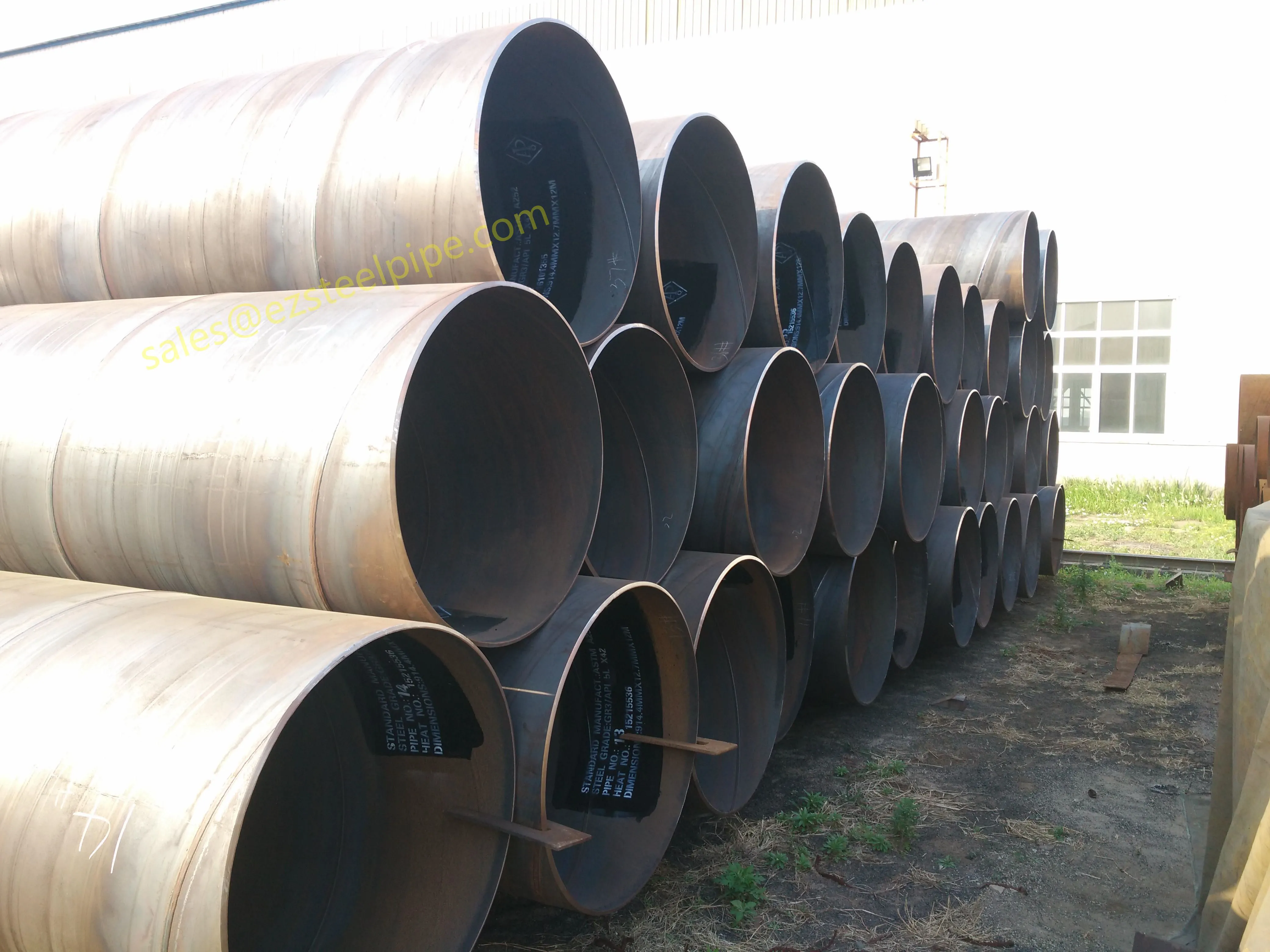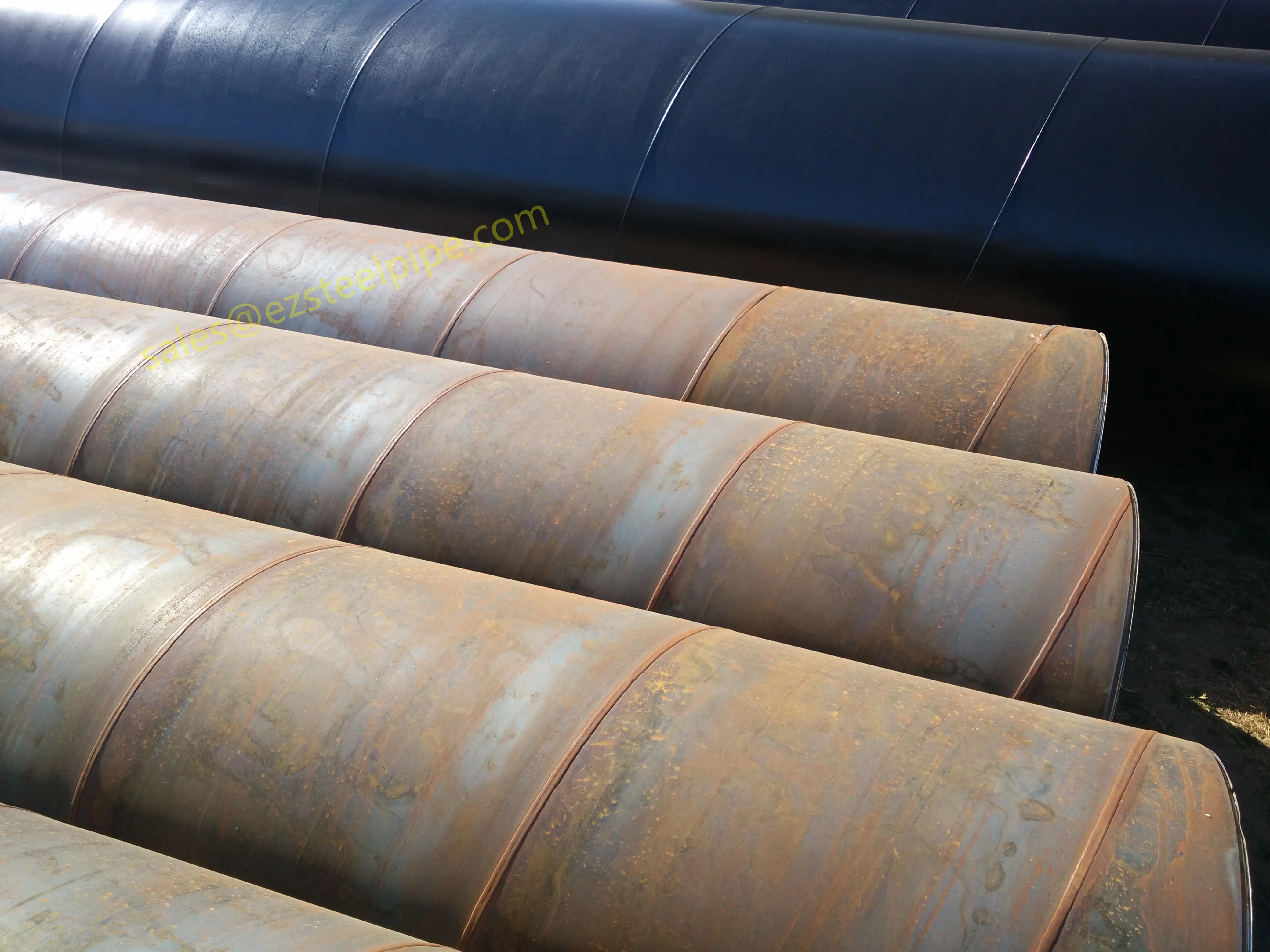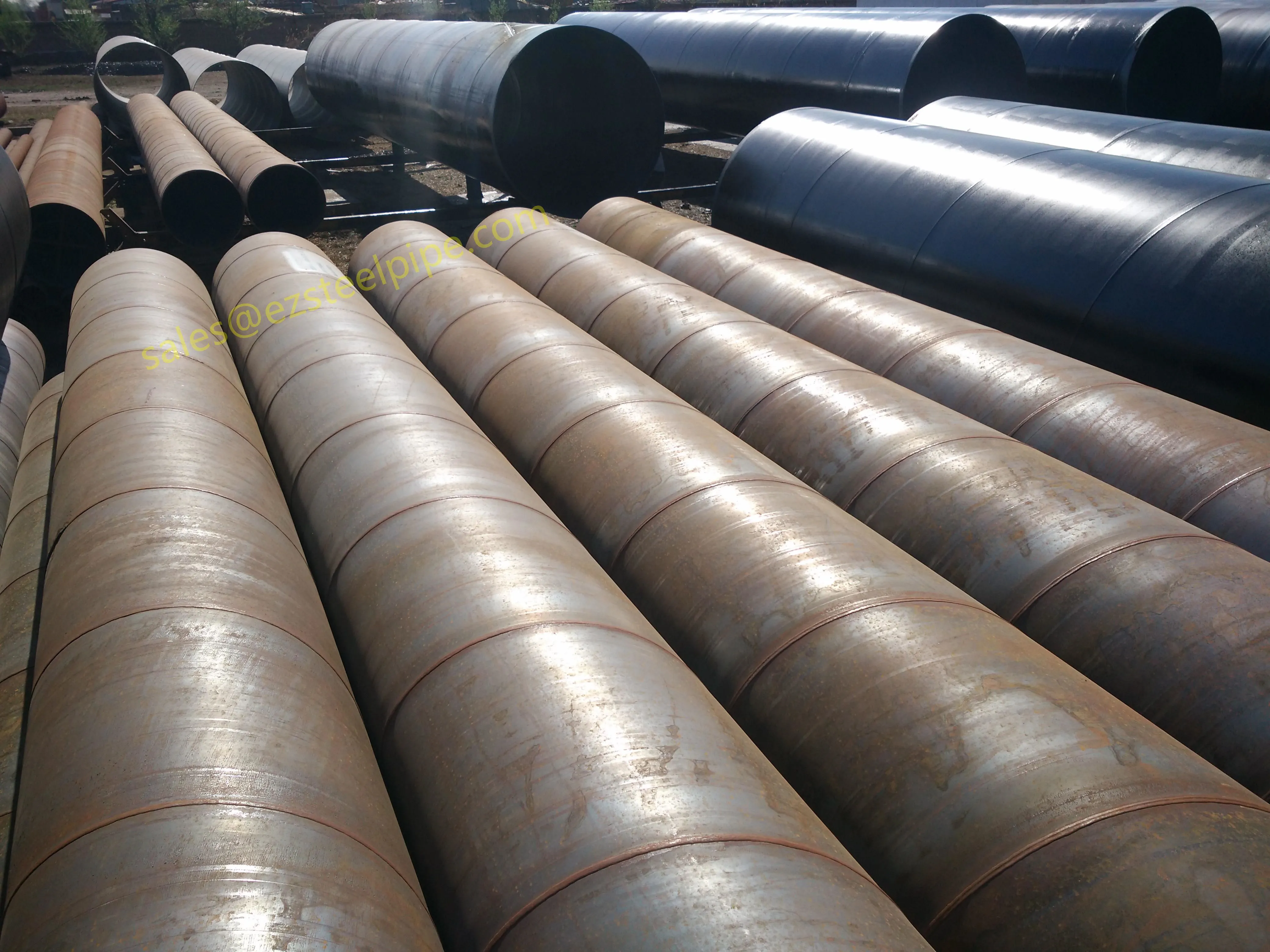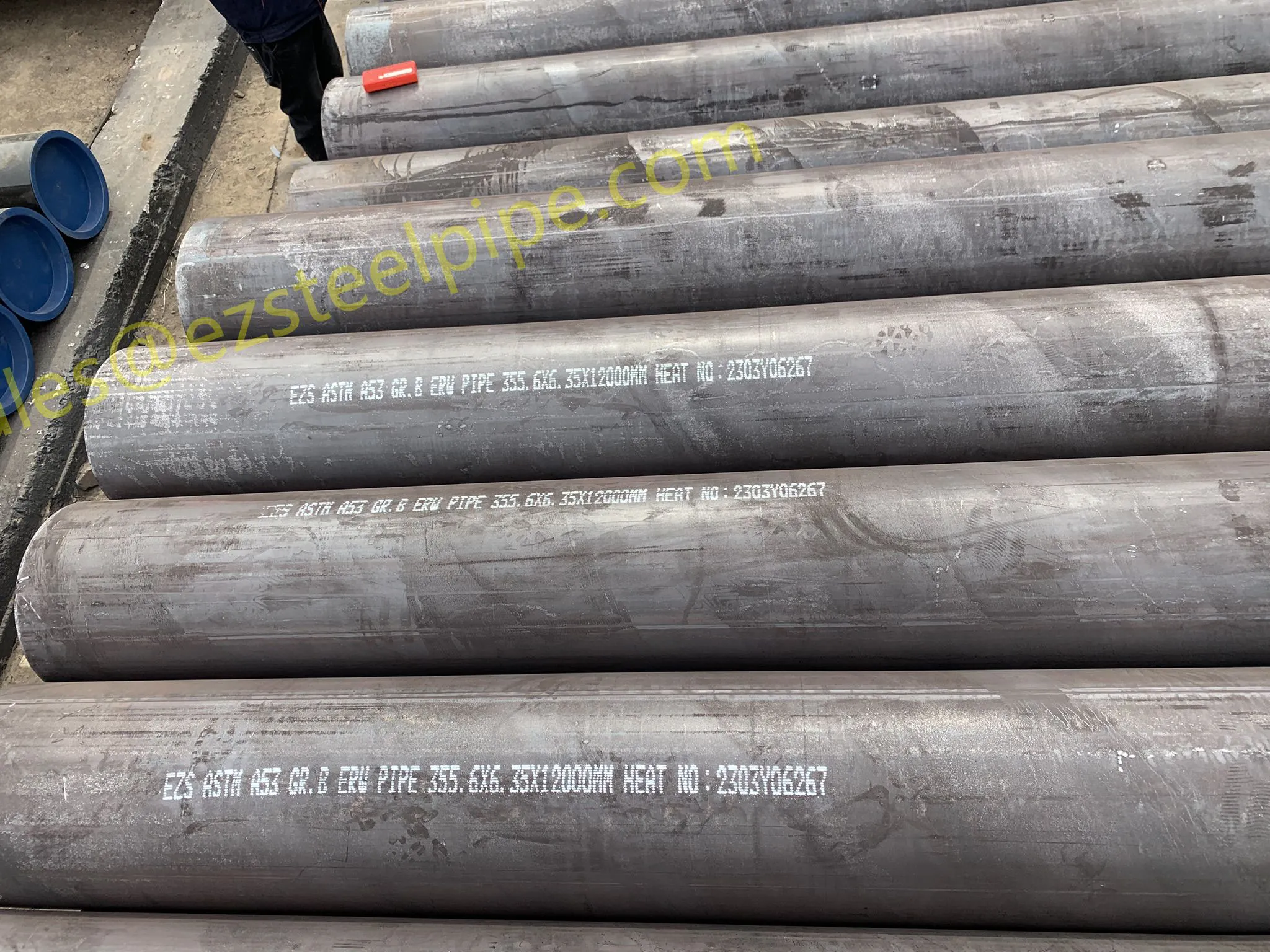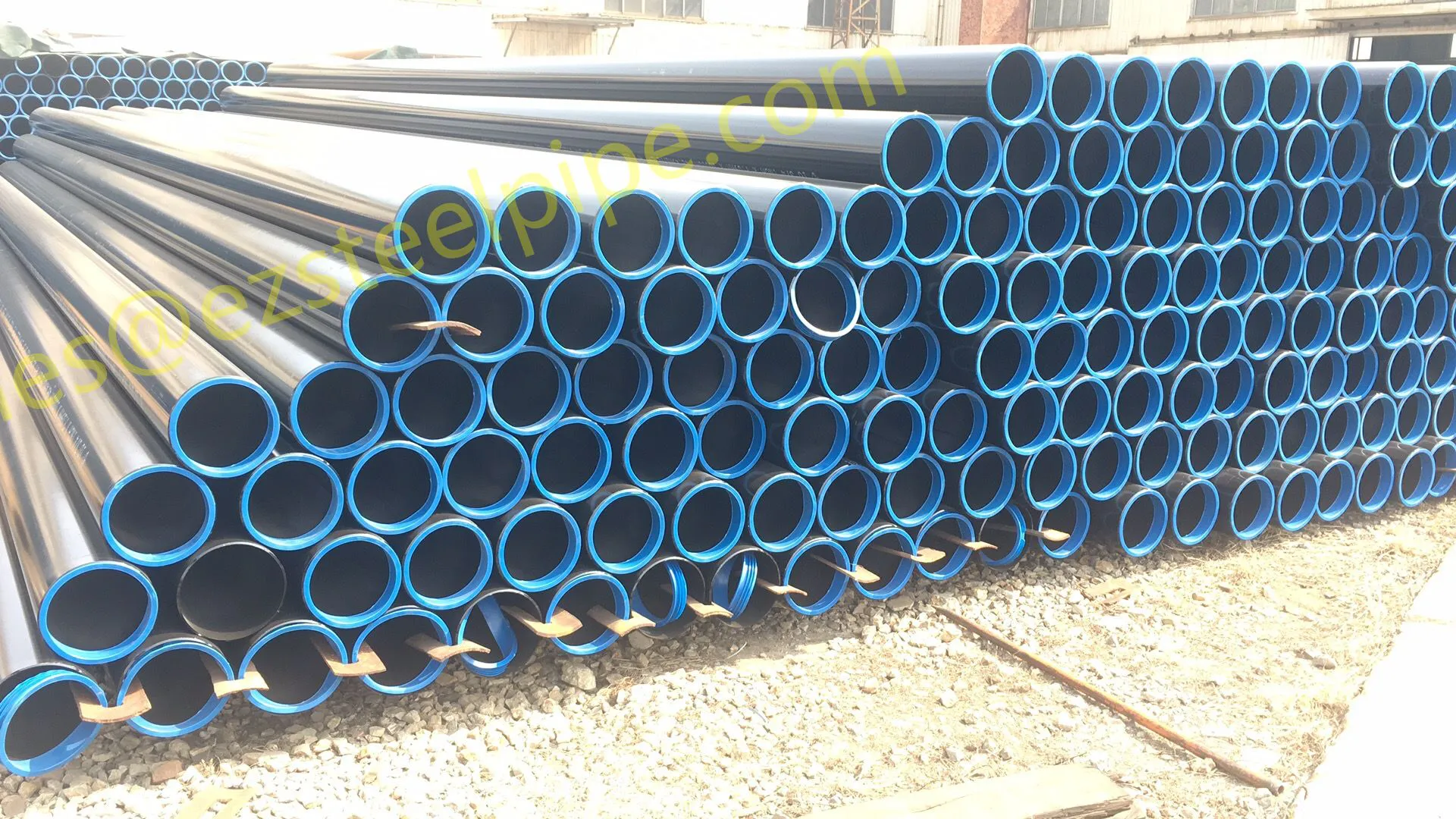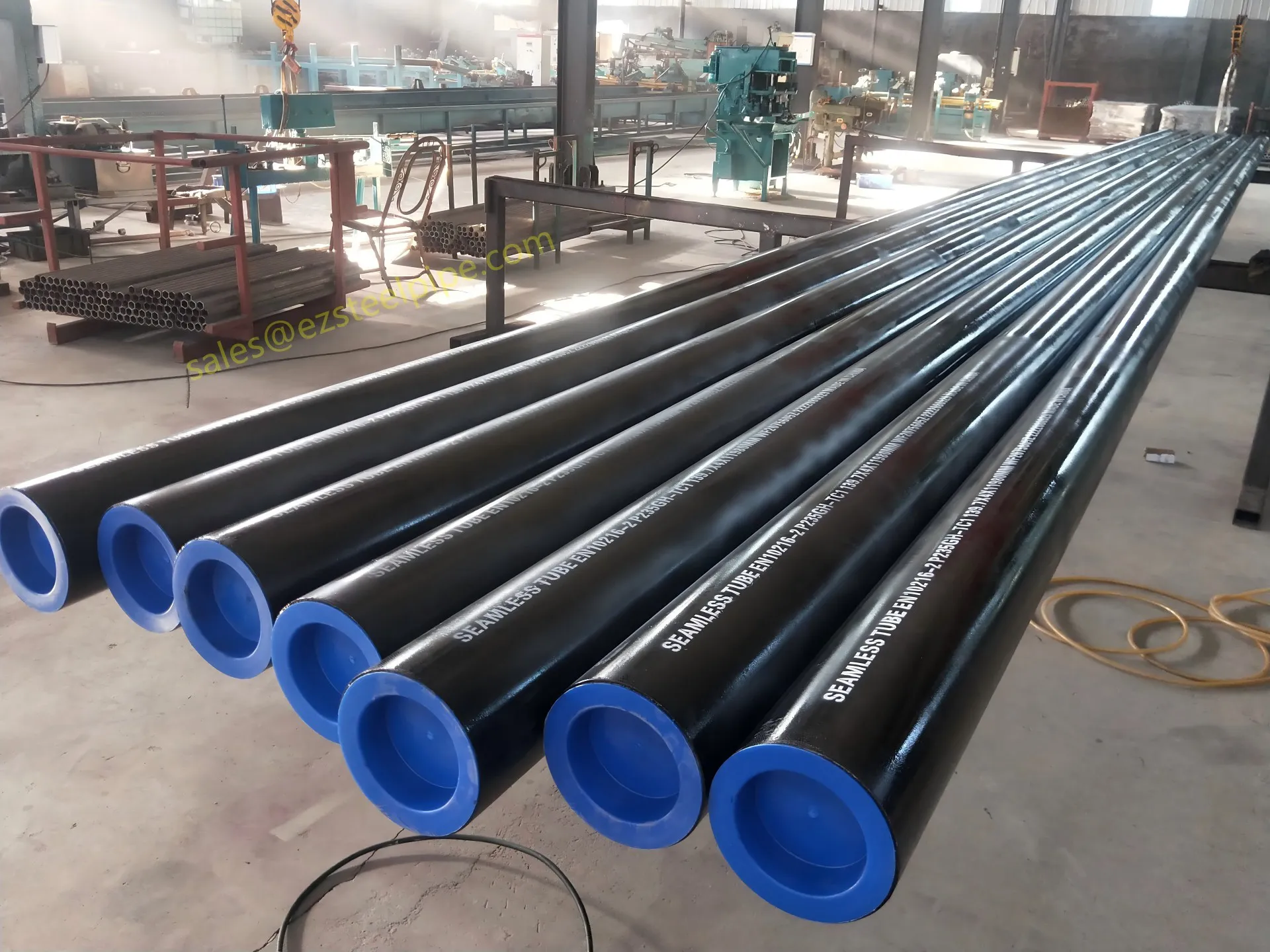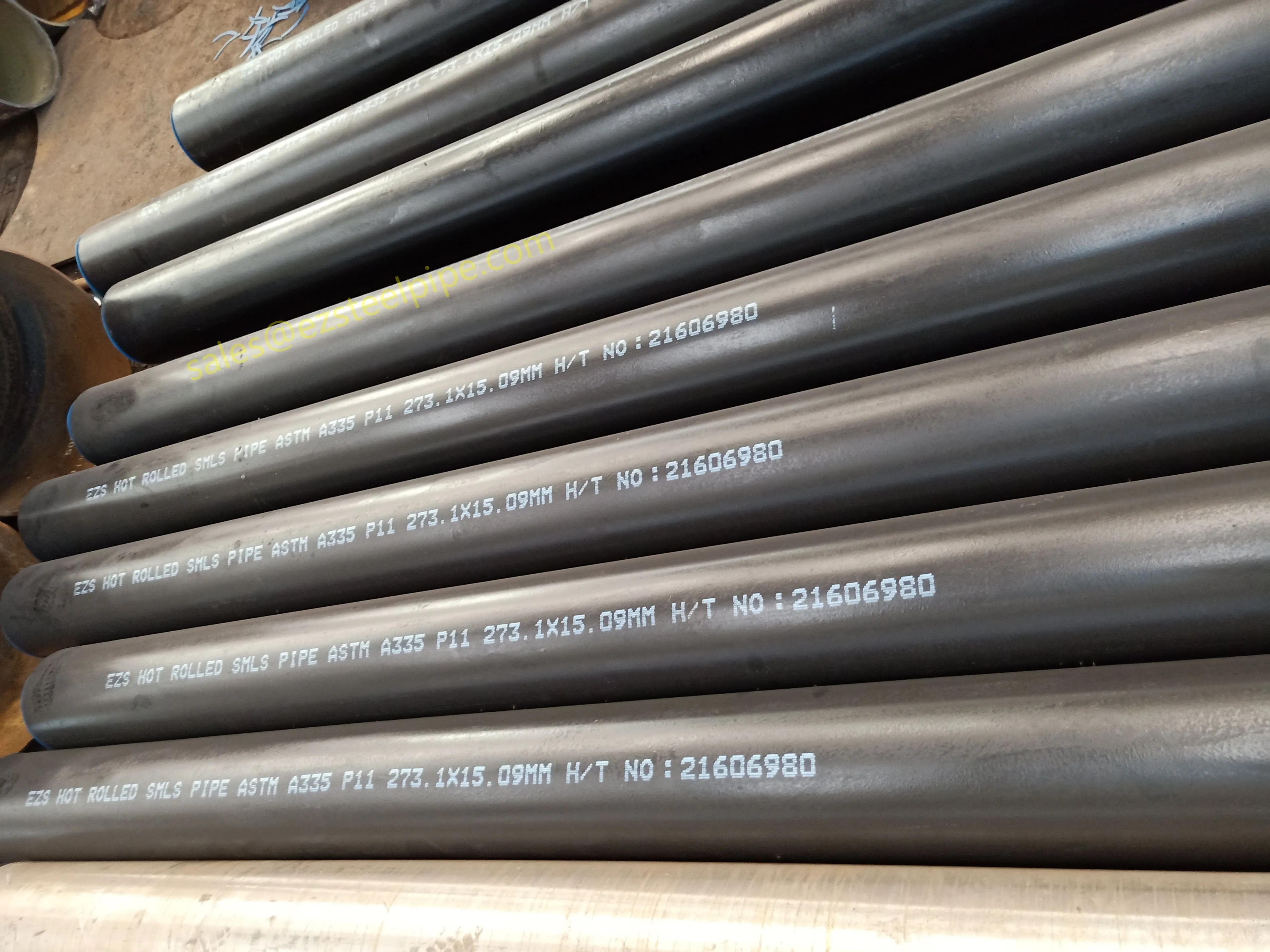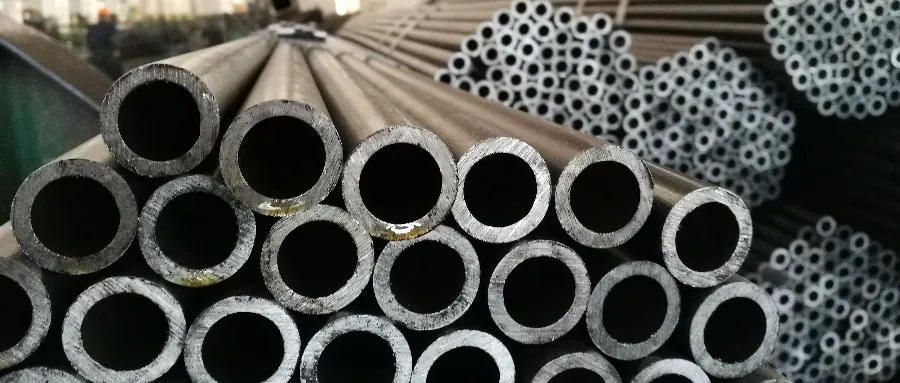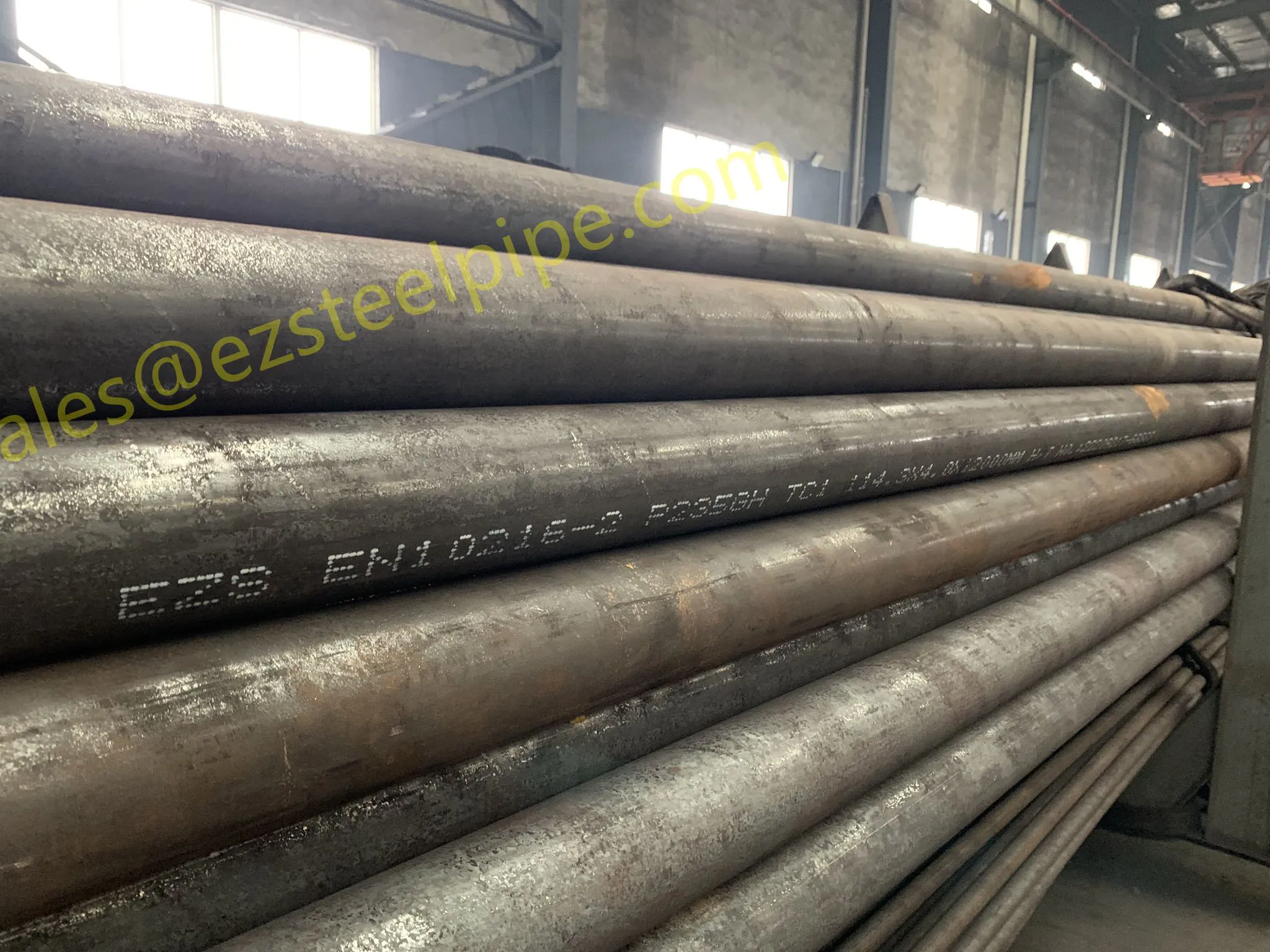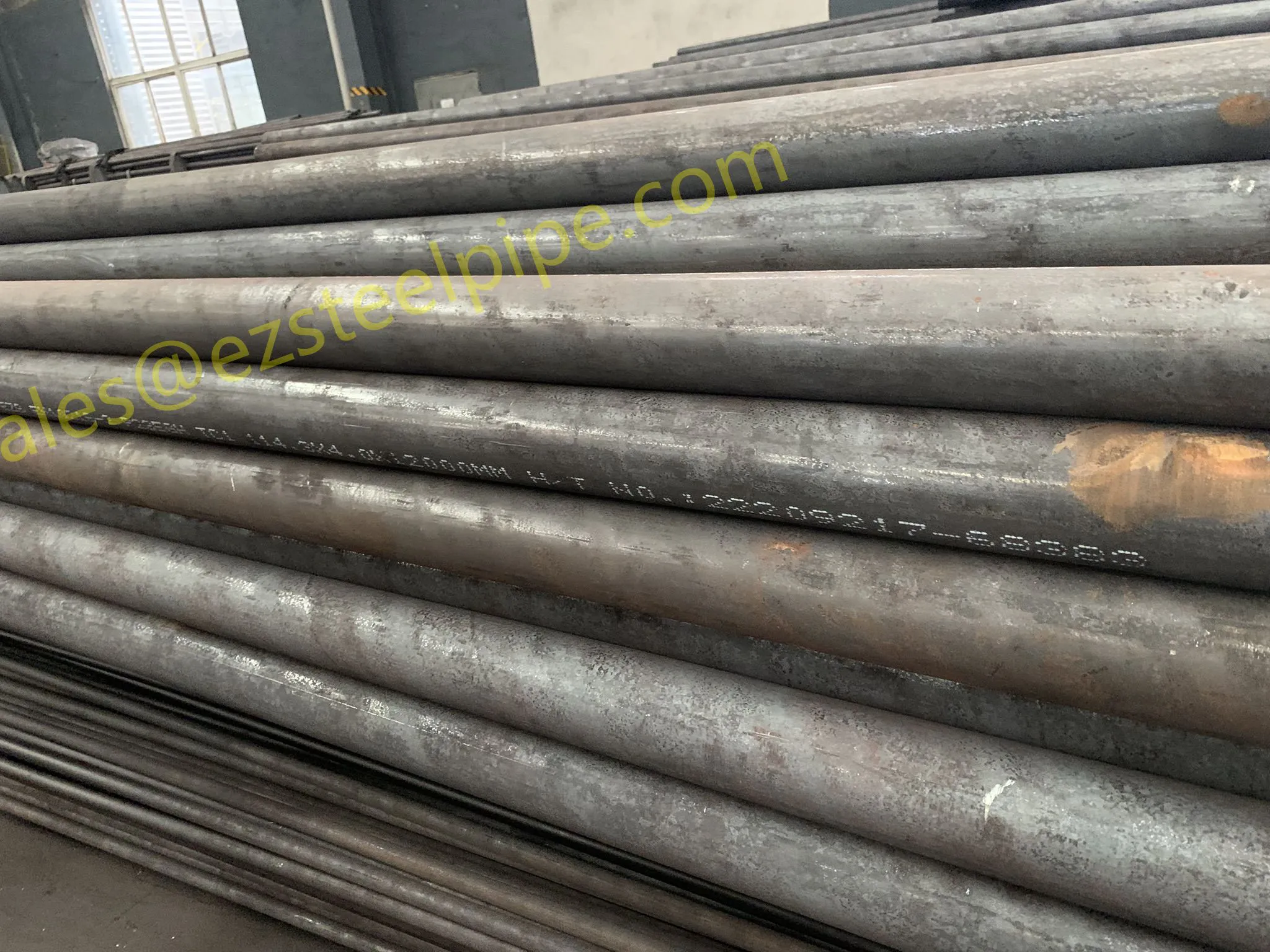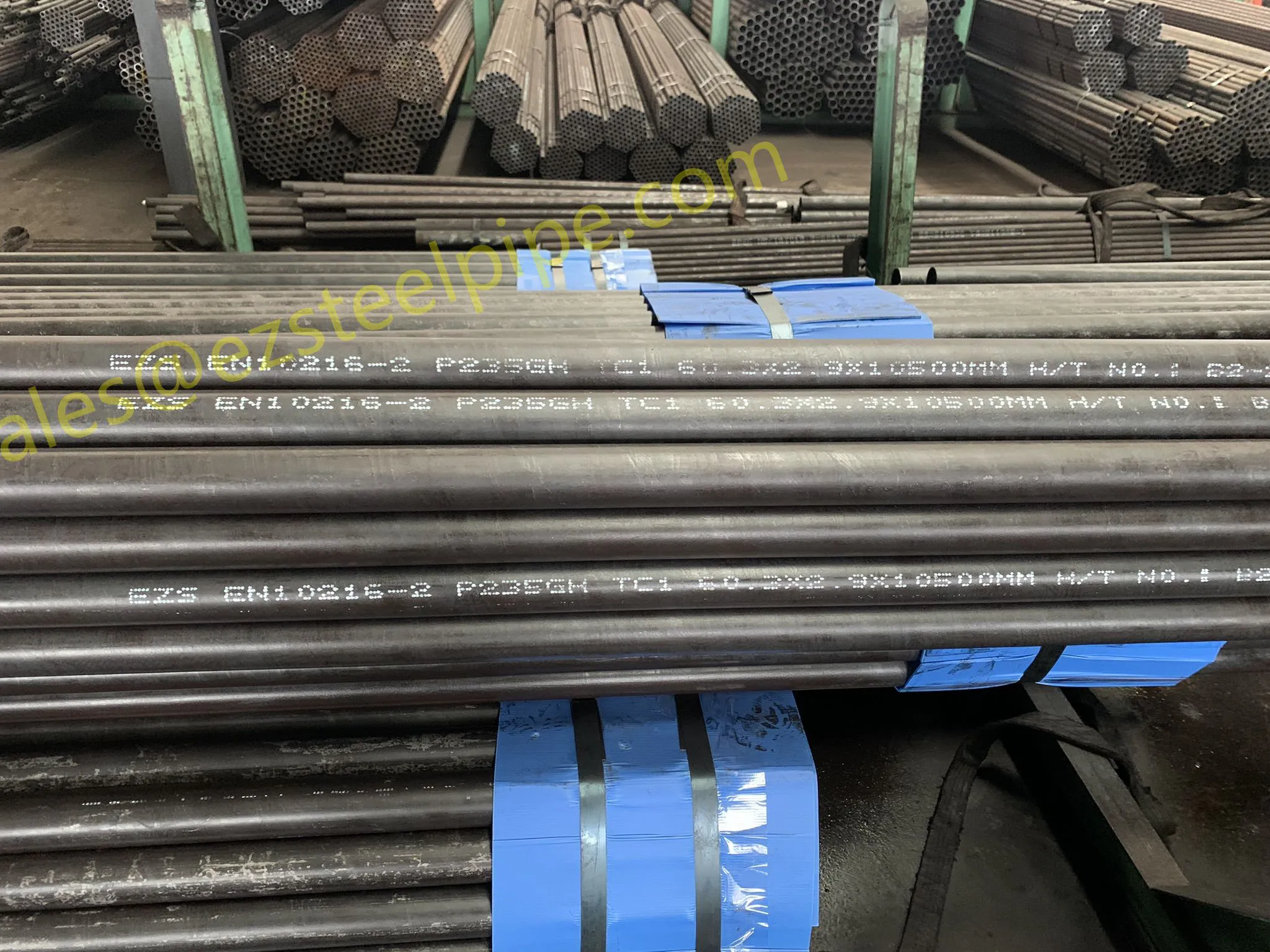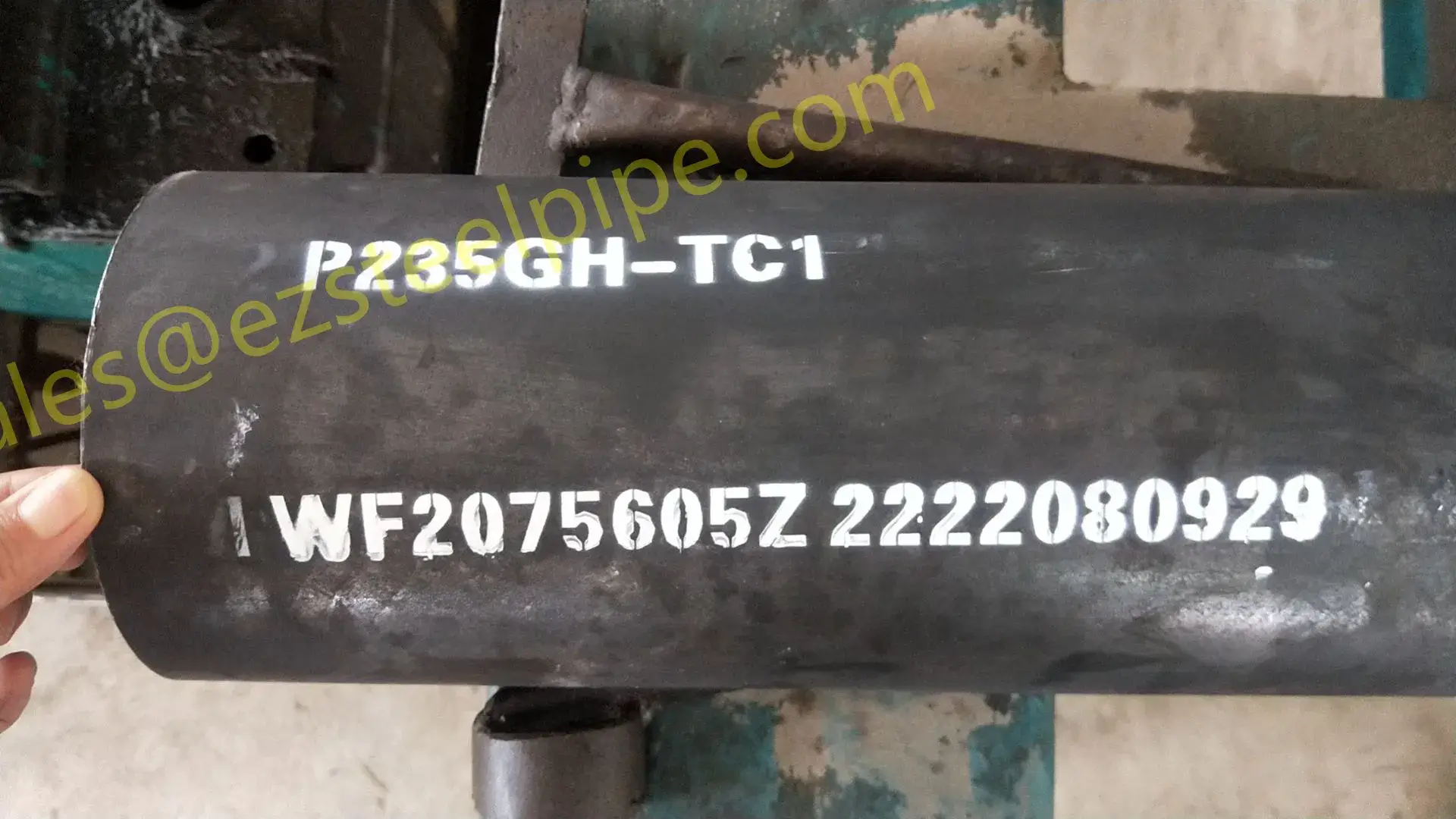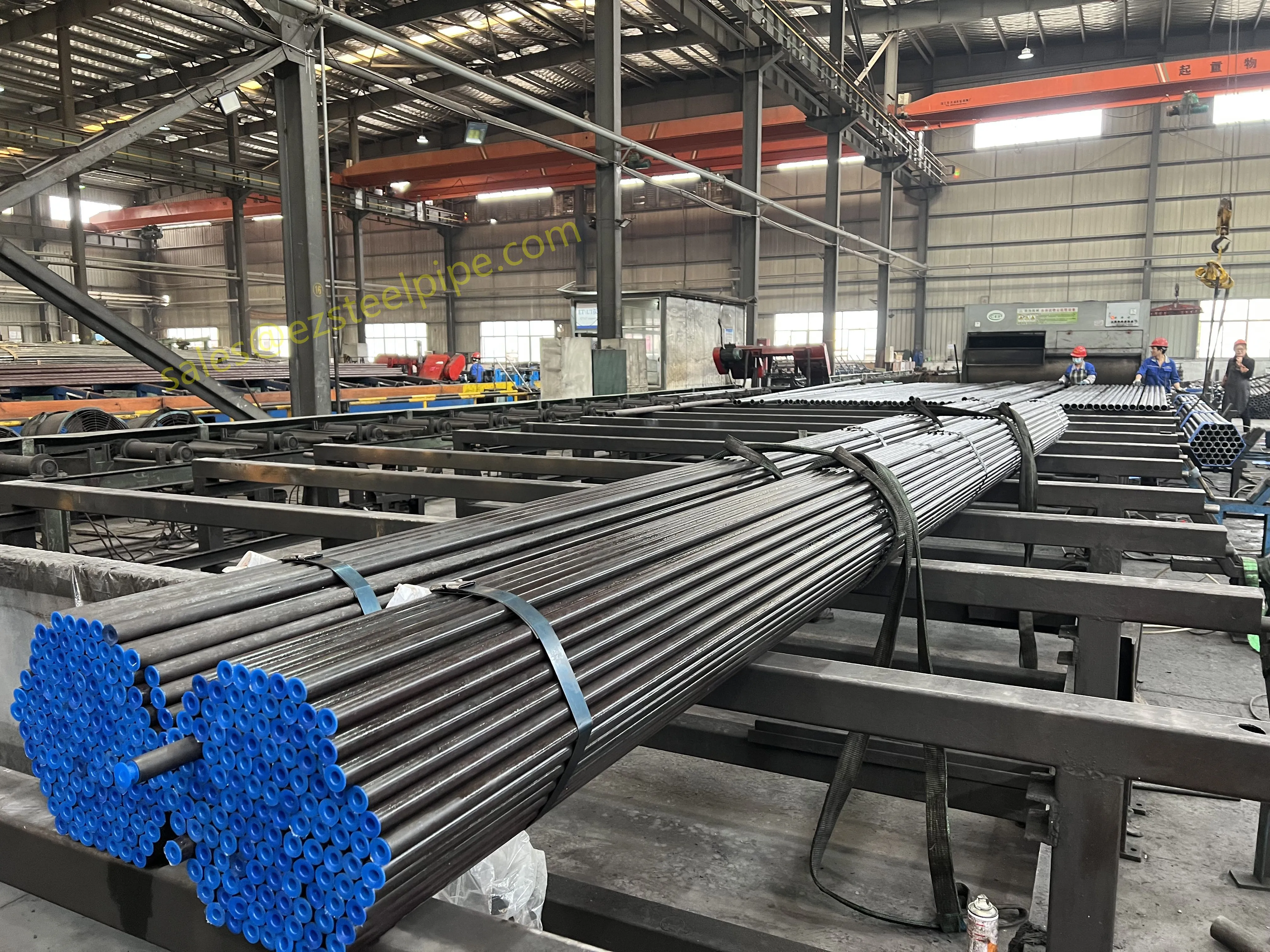Walk through any heavy industrial facility, and you'll see it: the quiet battle between machinery and the elements. In petrochemical plants, granular materials grind against pipeline walls; in marine yards, saltwater and sand eat away at ship hull components; in power plants, high-temperature ash particles blast through heat exchanger tubes. These are abrasive environments—unforgiving, relentless, and costly. When equipment fails here, it's not just about repair bills; it's about downtime that halts production, safety risks that endanger workers, and the domino effect of delays that ripples through supply chains. At the heart of this battle? The materials that stand between operational efficiency and catastrophic failure. And for many engineers and facility managers, the first line of defense is simple yet powerful: custom alloy steel tubes.
Why Wear Resistance Isn't Just a "Nice-to-Have"—It's a Necessity
Abrasion is the silent killer of industrial equipment. It starts small: a tiny scratch on a pipe's inner surface, a barely noticeable thinning of a tube wall. But over time, those micro-damages compound. In pressure tubes carrying slurry or corrosive fluids, even minor wear can weaken structural integrity, leading to leaks or bursts. In marine applications, where saltwater and sand collide with metal, unchecked abrasion turns sturdy components into brittle liabilities. And in power plants, where heat and friction amplify wear, a single compromised tube can force a unit shutdown, costing millions in lost revenue. For industries like petrochemical, marine & ship-building, and power plants & aerospace, wear resistance isn't an afterthought—it's the foundation of reliable, long-term operation.
This is where alloy steel tubes shine. Unlike standard carbon steel, which succumbs quickly to abrasion, alloy steel tubes are engineered with precise blends of elements—chromium, molybdenum, nickel, and tungsten, to name a few—that transform their mechanical properties. They're harder, more ductile, and better equipped to withstand the scouring action of abrasive particles. But here's the catch: no two industrial environments are identical. A tube that thrives in a petrochemical facility handling crude oil might falter in a shipyard's salt-laden air. That's why customization isn't just a service—it's the key to unlocking wear resistance.
The Science Behind Wear-Resistant Alloy Steel Tubes
At its core, wear resistance is a balance of hardness, toughness, and chemical stability. Hardness prevents particles from gouging or scratching the surface; toughness ensures the material doesn't crack under stress; chemical stability resists corrosion that accelerates wear. Alloy steel tubes achieve this balance by tweaking their composition. Let's break it down:
Chromium (Cr): The workhorse of wear resistance. Even small additions of chromium (as little as 10-12%) form a hard, adherent oxide layer on the tube's surface, acting as a barrier against abrasion. In high-chromium alloys, this layer is self-healing—if scratched, it reforms, maintaining protection.
Molybdenum (Mo): Adds strength at high temperatures, making Cr-Mo alloys ideal for power plants & aerospace applications where heat and abrasion go hand in hand. It also enhances corrosion resistance, a critical trait in marine environments.
Nickel (Ni): Boosts ductility and impact resistance, preventing brittle fracture when tubes are subjected to sudden loads—essential for structural works and pipeline projects.
Tungsten Carbide Coatings: For extreme cases, alloy steel tubes can be coated with tungsten carbide, a material so hard it's used in cutting tools. This adds a sacrificial layer that absorbs abrasion, extending tube life by 300-500% in some applications.
| Alloy Type | Key Components | Hardness (HB) | Abrasion Resistance Rating* | Ideal Applications |
|---|---|---|---|---|
| Chromium-Molybdenum (Cr-Mo) | Cr (1-2%), Mo (0.5-1%) | 200-300 | Excellent | Pressure tubes, petrochemical facilities, power plants |
| Nickel-Chromium (Ni-Cr) | Ni (8-10%), Cr (18-20%) | 180-250 | Very Good | Marine & ship-building, heat exchanger tubes |
| Manganese Steel (Hadfield Steel) | Mn (10-14%), C (1.0-1.4%) | 200-250 (work-hardening to 500+) | Superior (under impact) | Structure works, pipeline projects with high impact |
| Tungsten Carbide Coated Alloys | Base alloy + WC coating (50-100μm) | 800-1200 (coating) | Exceptional | Extreme abrasion: mining slurry, sandblasting equipment |
*Rating scale: Poor, Fair, Good, Very Good, Excellent, Superior, Exceptional
Customization: Because "One Size Fits All" Doesn't Work in Abrasive Worlds
Imagine ordering a suit off the rack: it might fit, but it won't flatter like a tailored one. The same logic applies to alloy steel tubes. Industrial projects come with unique specs—unusual diameters, non-standard wall thicknesses, or the need to withstand specific combinations of pressure, temperature, and abrasion. Off-the-shelf tubes rarely check all these boxes. That's where custom solutions step in.
Custom alloy steel tubes are designed from the ground up to match an application's demands. Let's say a petrochemical facility needs a pipeline to transport a abrasive catalyst at 400°C and 15,000 psi. A standard Cr-Mo tube might handle the pressure, but not the heat or abrasion. A custom solution, though, could blend nickel for heat resistance, chromium for hardness, and a tungsten carbide coating for extra protection—all in a diameter tailored to the facility's existing infrastructure. No more forcing square pegs into round holes; just tubes that fit perfectly, perform reliably, and last longer.
The customization process starts with a conversation. Engineers work with clients to map out the environment: What's the primary abrasive (sand, slurry, ash)? What's the operating temperature range? What pressure will the tube endure? From there, they select the alloy, adjust dimensions (length, diameter, wall thickness), and add treatments like heat treatment (to boost hardness) or coatings (to enhance wear resistance). The result? A tube that's not just a component, but a strategic asset—one that reduces maintenance costs, extends service life, and minimizes downtime.
Where Custom Alloy Steel Tubes Make the Biggest Impact
From the ocean floor to the edge of the atmosphere, custom alloy steel tubes are hard at work in the world's toughest environments. Let's dive into a few industries where they're indispensable:
Petrochemical Facilities: Taming Corrosive, Abrasive Fluids
Petrochemical plants are a perfect storm of wear factors: high pressure, extreme temperatures, and fluids laced with abrasive particles (like catalysts or crude oil sediments). Pressure tubes here don't just carry liquids—they battle constant scouring. Custom alloy steel tubes, often made with Ni-Cr-Fe alloys (like those in B167 Ni-Cr-Fe alloy tubes), are engineered to resist both corrosion and abrasion. For example, a refinery in Texas recently replaced its standard carbon steel pipelines with custom Cr-Mo-Ni tubes and saw a 60% reduction in leaks and a 40% extension in service life. When every minute of downtime costs $10,000, that's a game-changer.
Marine & Ship-Building: Fighting the Sea's Fury
The ocean is a brutal adversary. Saltwater corrodes metal, while sand and sediment carried by waves abrade surfaces. In ship-building, tubes are used in everything from hull structures to heat exchangers, and failure here isn't just costly—it's dangerous. Custom marine-grade alloy steel tubes, often blended with copper-nickel alloys (like EEMUA 144 234 CuNi pipe), are designed to withstand saltwater corrosion and abrasion. Take a cargo ship's ballast system: it draws in seawater (and sand) during loading and discharge, putting immense wear on pipes. A custom Cu-Ni alloy tube, with its high corrosion resistance and inherent hardness, can last 15+ years in this environment—twice as long as standard steel.
Power Plants & Aerospace: High Heat, High Stakes
Power plants (fossil fuel, nuclear, or renewable) and aerospace facilities push materials to their limits. In a coal-fired power plant, heat exchanger tubes must endure 500°C flue gases loaded with ash particles. In aerospace, tubes in jet engines face extreme friction and temperature swings. Custom alloy steel tubes here often use high-performance alloys like Incoloy 800 (B407 Incoloy 800 tube) or Monel 400 (B165 Monel 400 tube), which combine high-temperature strength with abrasion resistance. For example, a European nuclear plant recently upgraded its RCC-M Section II nuclear tubes to a custom nickel-chromium alloy, reducing wear-related maintenance by 75% and ensuring compliance with strict safety standards.
Beyond the Tube: The Role of Quality and Collaboration
A custom alloy steel tube is only as good as the process behind it. Even the best alloy blend fails if manufacturing is shoddy. That's why partnering with a supplier that prioritizes quality control is critical. Look for facilities with certifications like ISO 9001, ASME BPVC, or API 5L—standards that ensure rigorous testing (ultrasonic inspection, hardness testing, corrosion resistance trials) at every stage. A reliable supplier also acts as a collaborator, not just a vendor. They'll ask tough questions, challenge assumptions, and work with your team to refine specs until the tube is perfect for the job.
Take, for example, a recent project in the aerospace sector: a manufacturer needed a lightweight, high-strength tube for a next-gen rocket engine. The initial design called for a standard Ni-Cr alloy, but after collaborating with engineers, the supplier suggested adding titanium to reduce weight while maintaining abrasion resistance. The result? A tube that met the engine's performance goals and shaved 15% off the component's weight—a small change that had a big impact on fuel efficiency.
The Bottom Line: Invest in Wear Resistance, Reap the Rewards
In abrasive industrial environments, cutting corners on tube quality is a false economy. Cheap, generic tubes wear out faster, require frequent replacements, and put operations at risk. Custom alloy steel tubes, by contrast, are an investment—one that pays dividends in lower maintenance costs, longer service life, and peace of mind. They're the difference between a plant that runs smoothly for decades and one that's constantly playing catch-up with repairs.
So, the next time you're planning a project in a tough environment—whether it's a petrochemical pipeline, a ship's hull, or a power plant heat exchanger—remember: the right tube isn't just a part. It's a partner in performance. And when that partner is a custom alloy steel tube, built to stand up to whatever the environment throws at it, there's no limit to what your operation can achieve.
 export@ezsteelpipe.com
export@ezsteelpipe.com +86 731 8870 6116
+86 731 8870 6116






 Related Products
Related Products

